February 15-19, 2021
Online
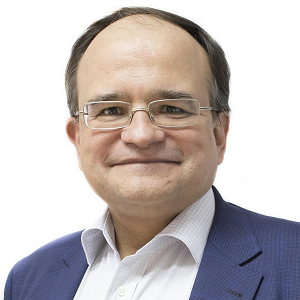
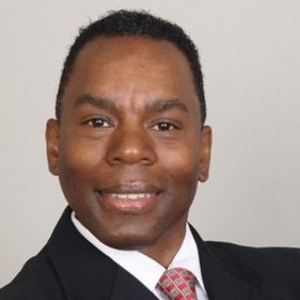
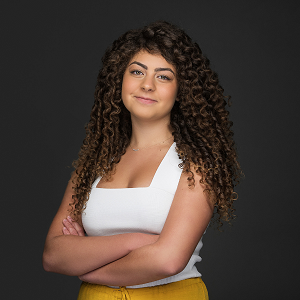
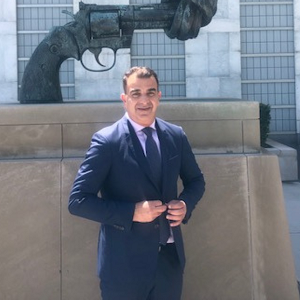
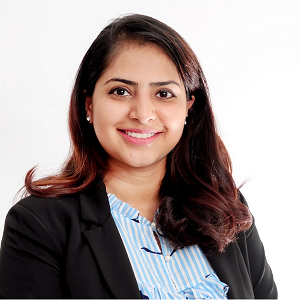
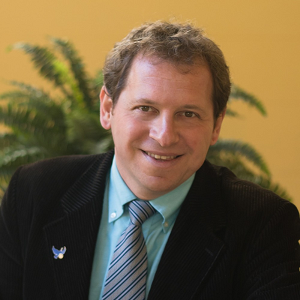
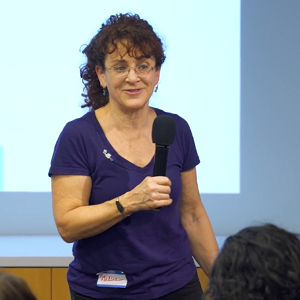
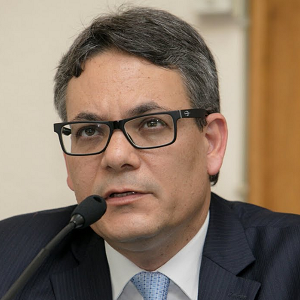
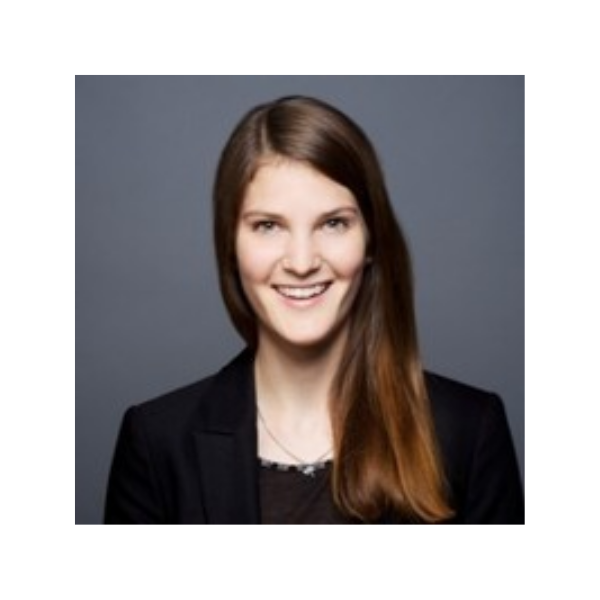
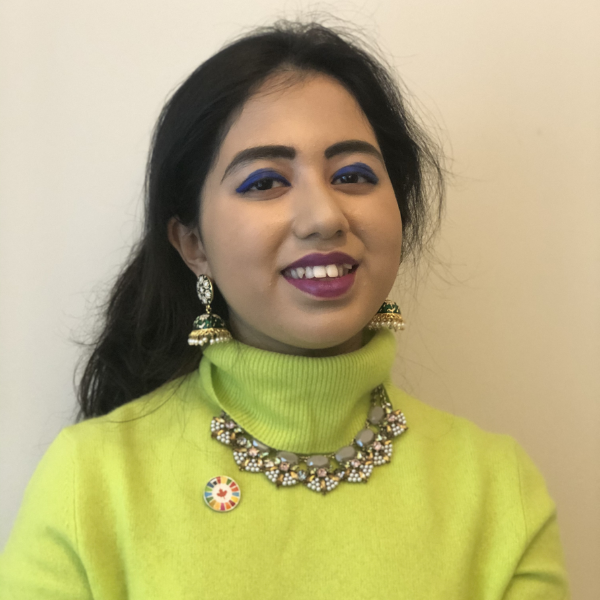
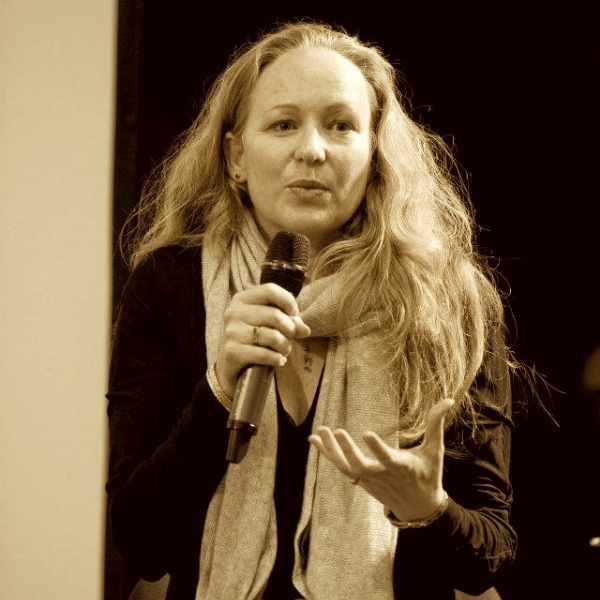
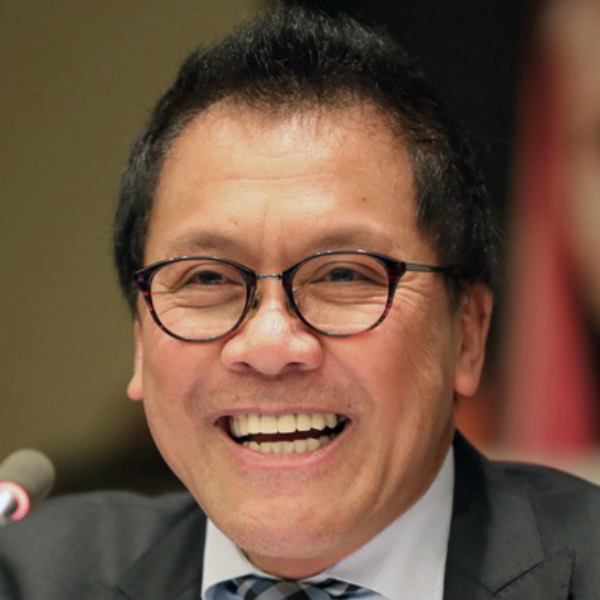
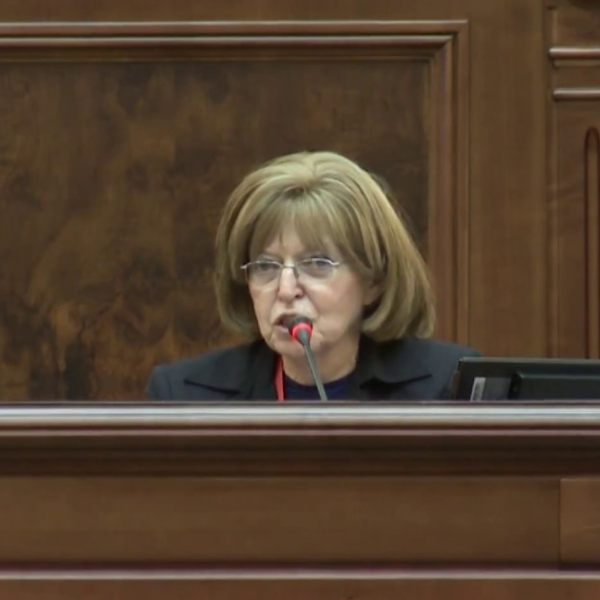

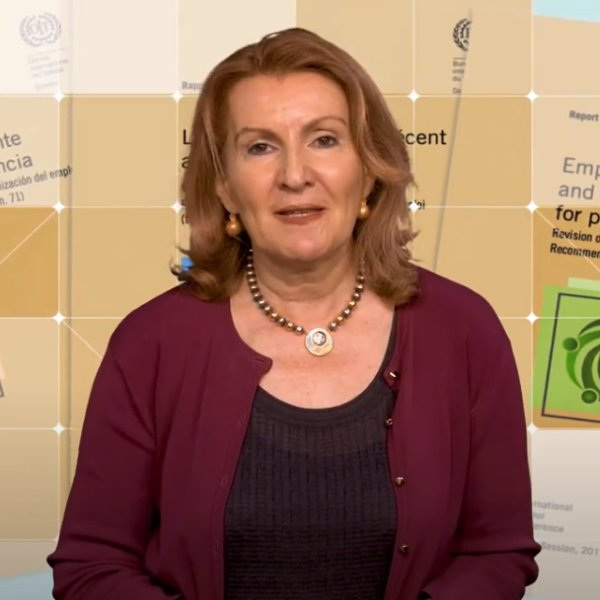
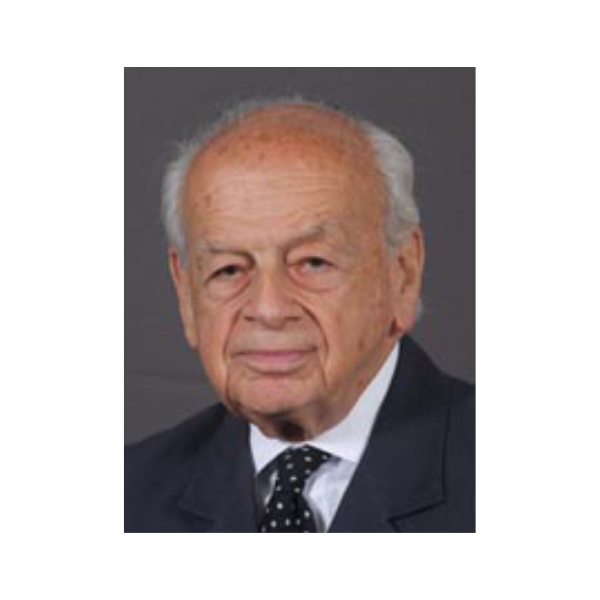
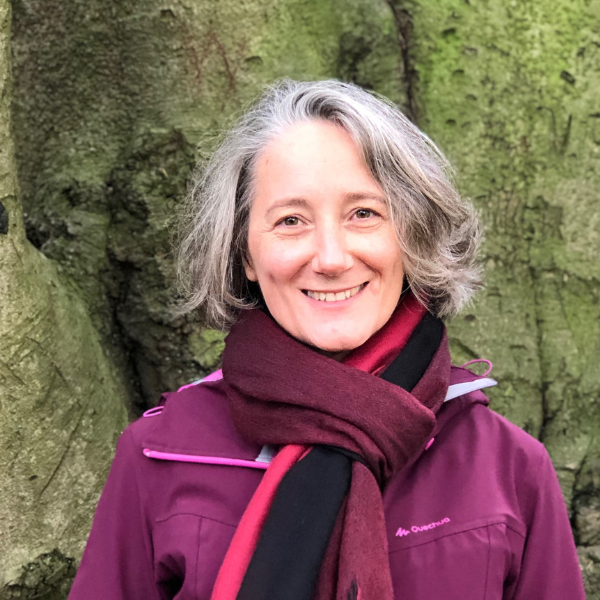
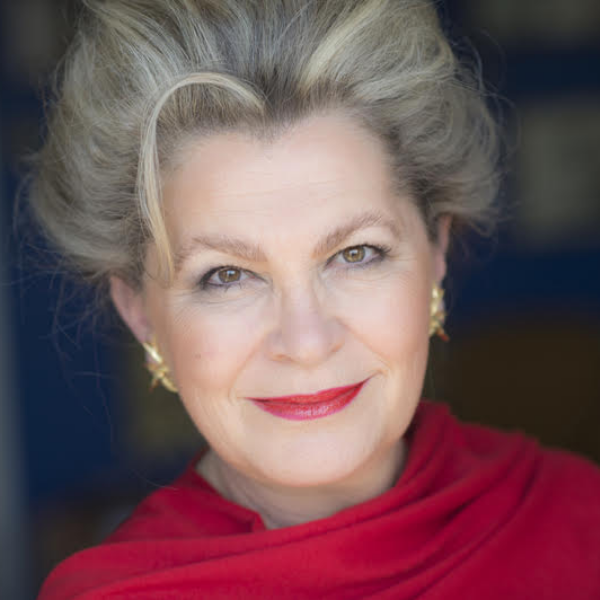
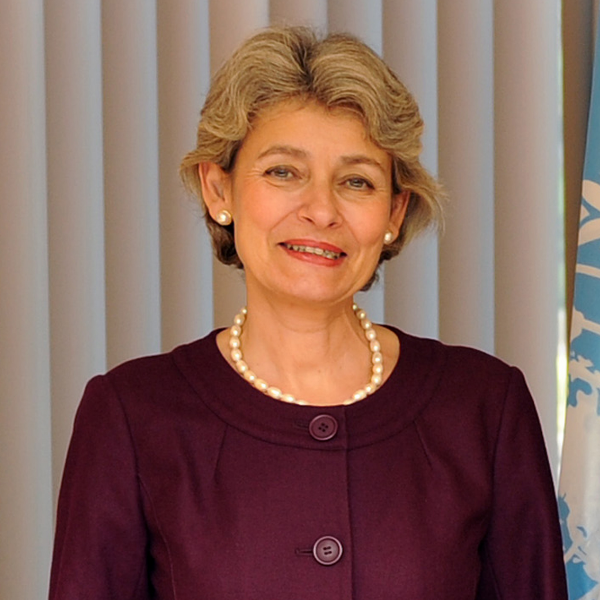
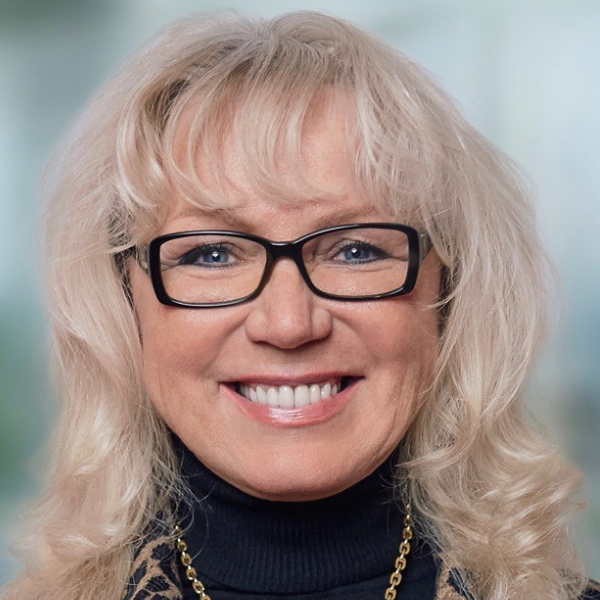
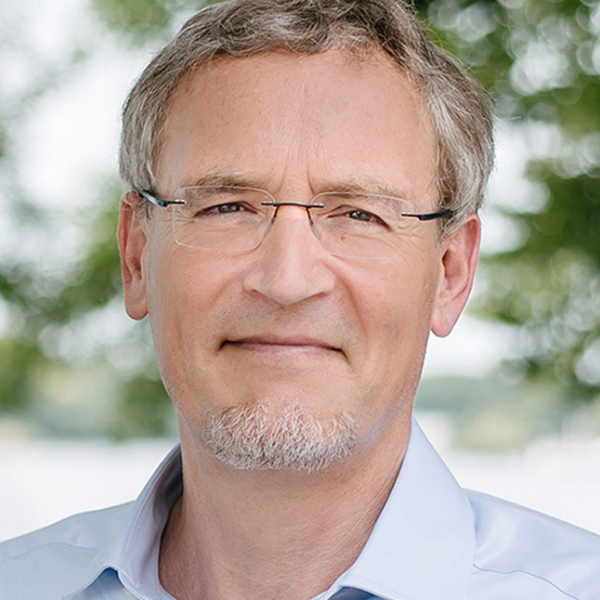
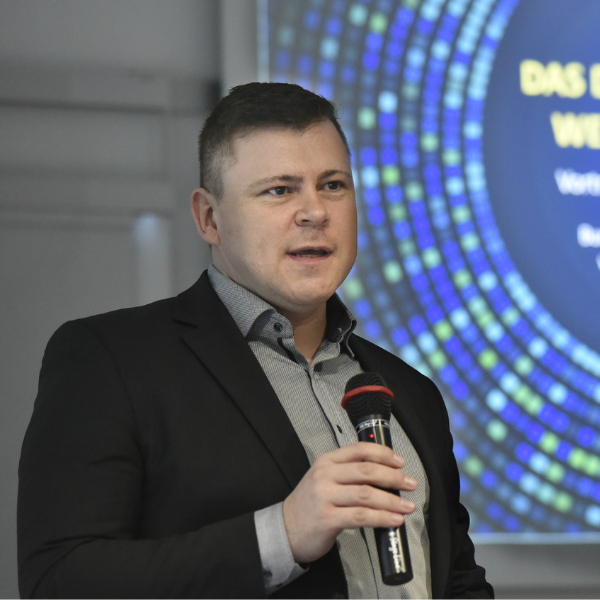
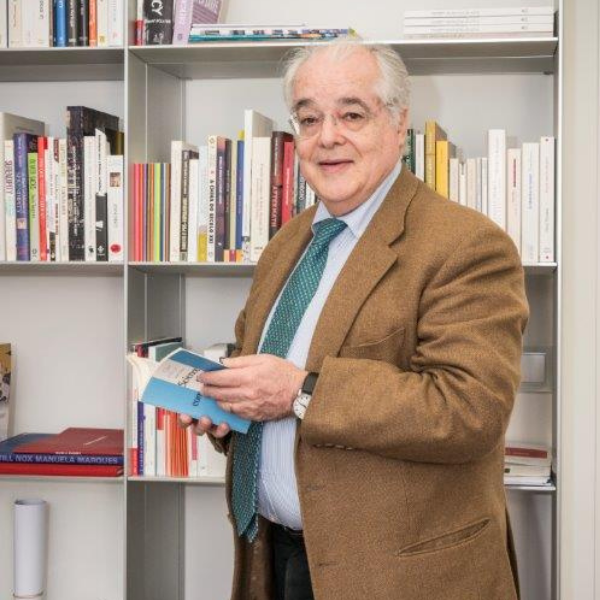
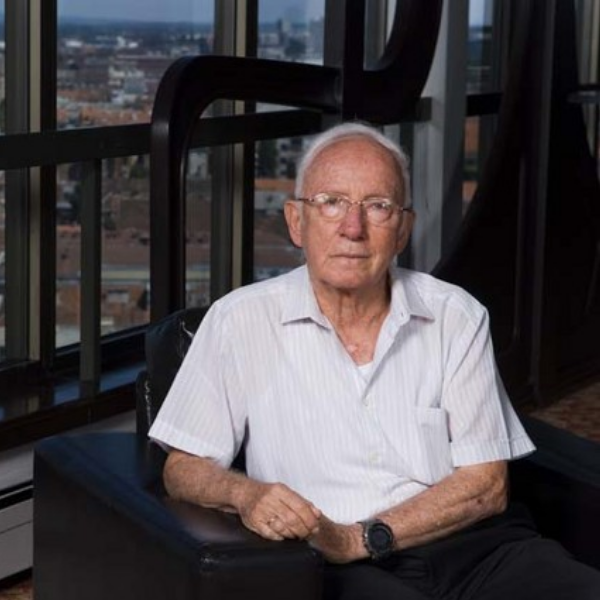
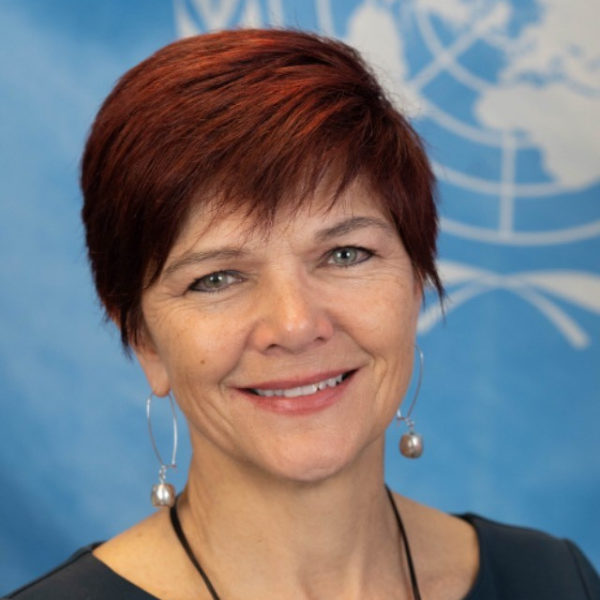
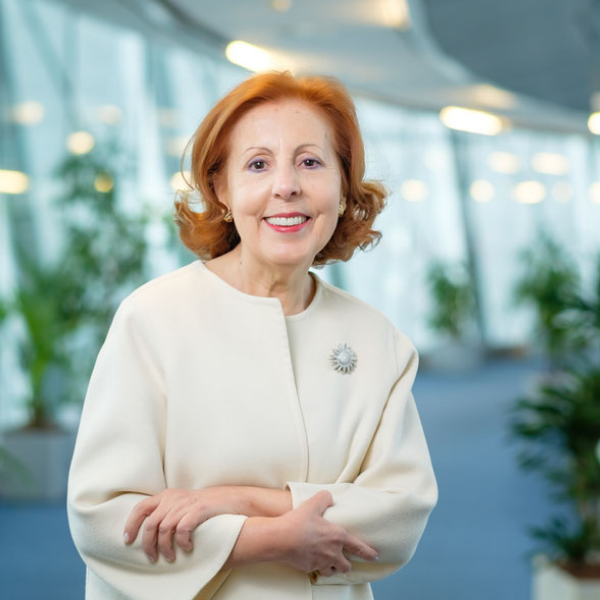
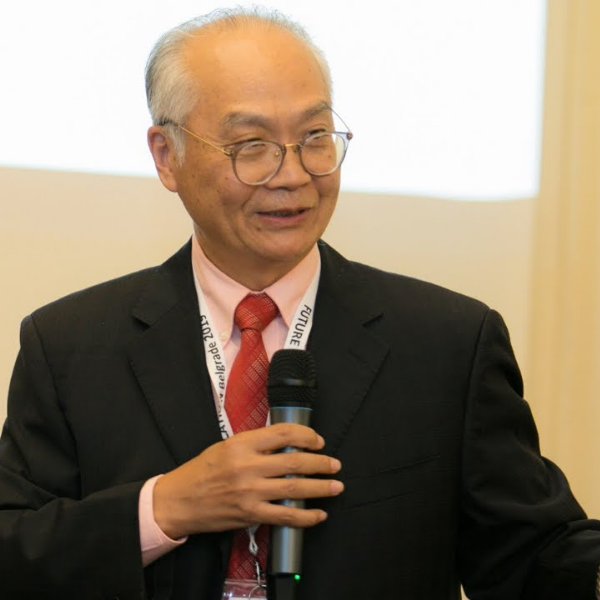
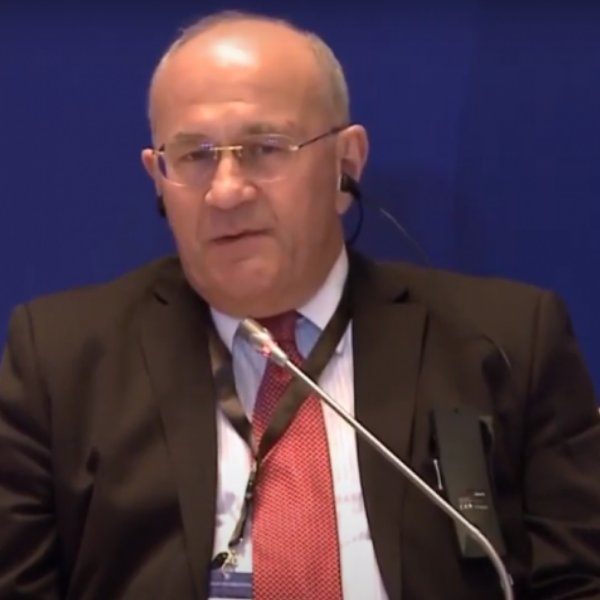
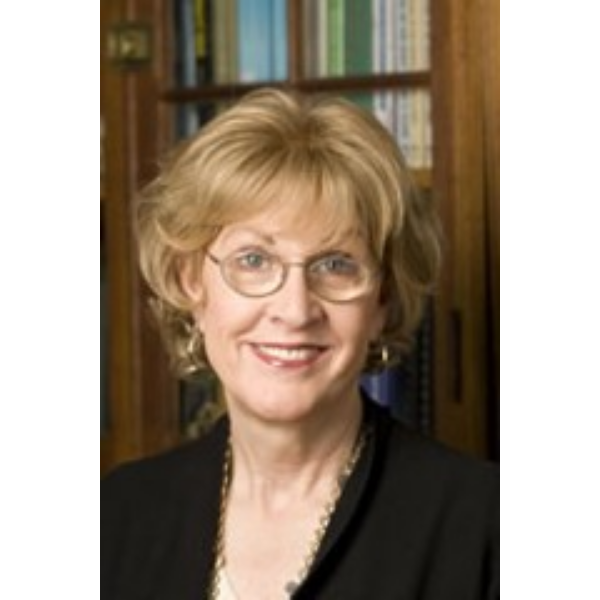
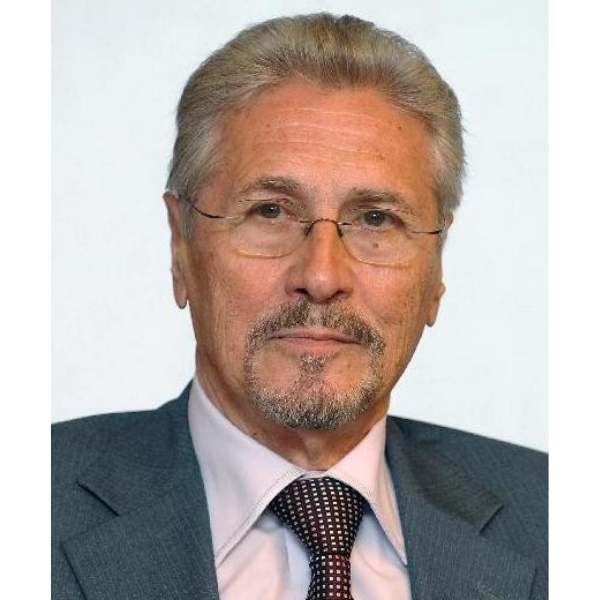
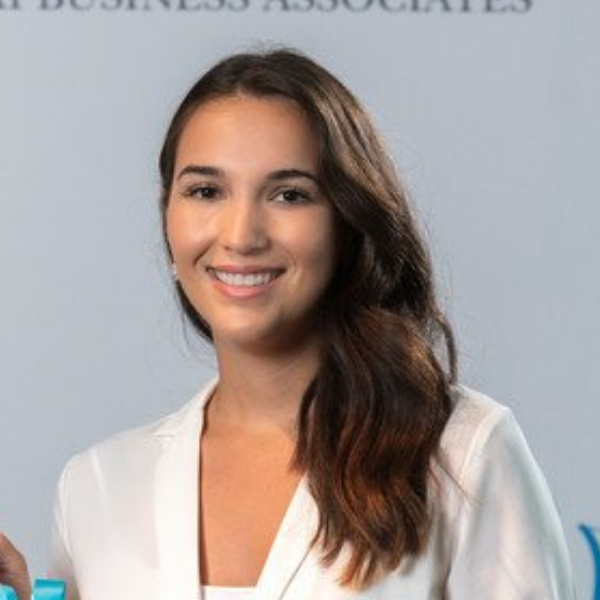
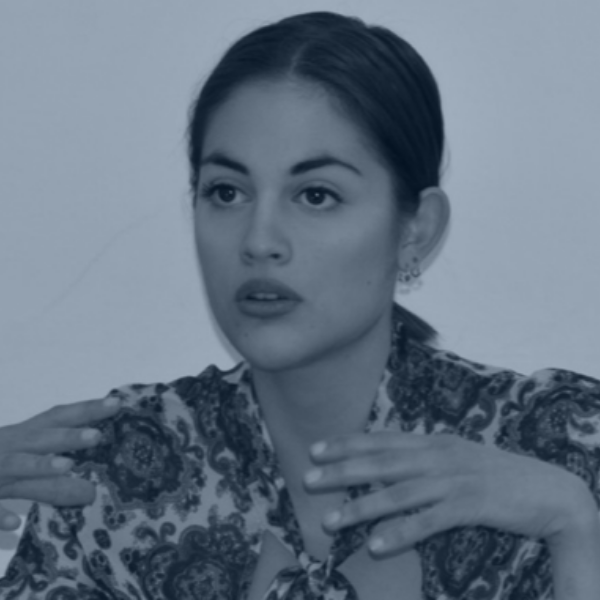
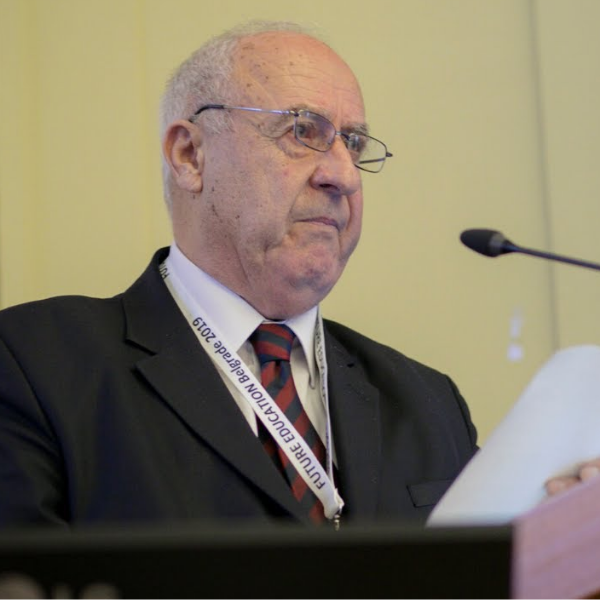

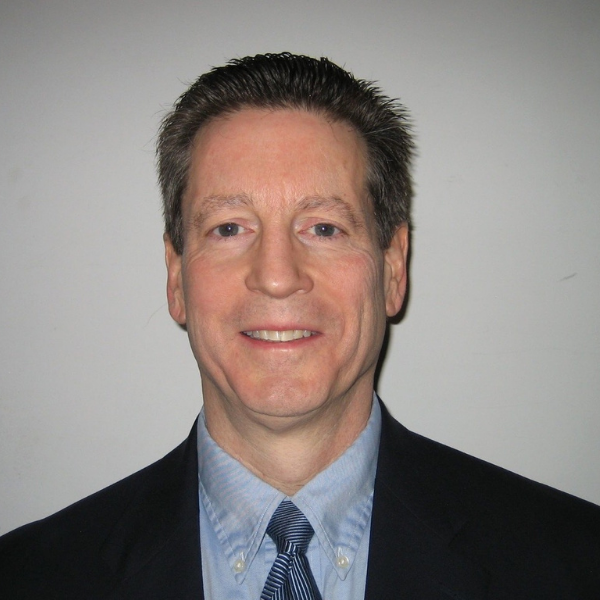
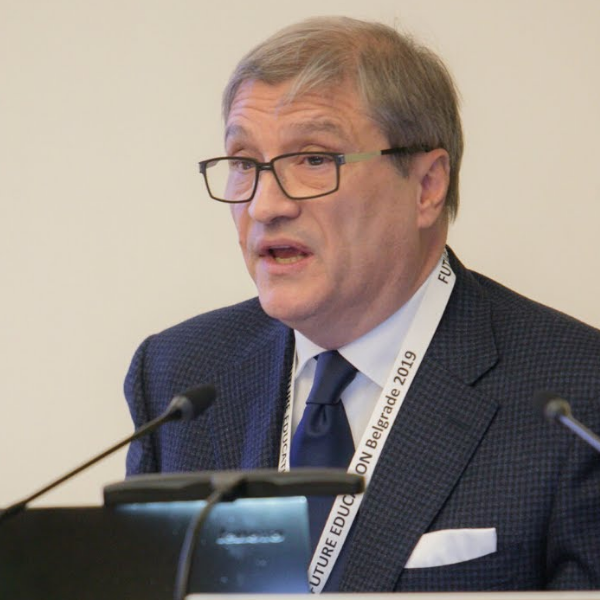
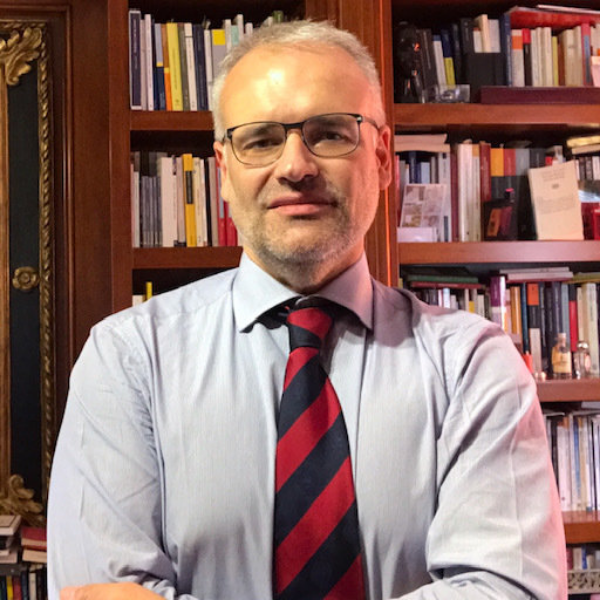
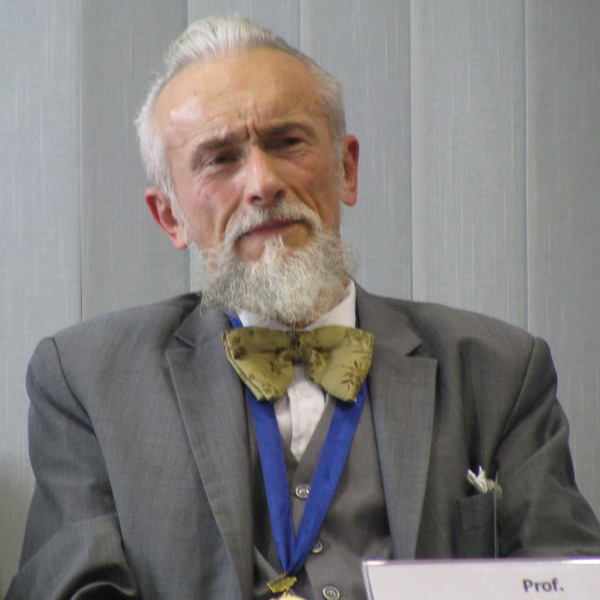
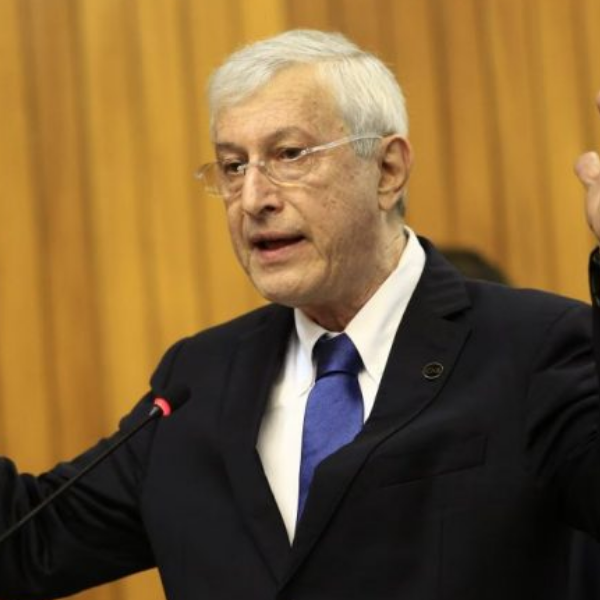
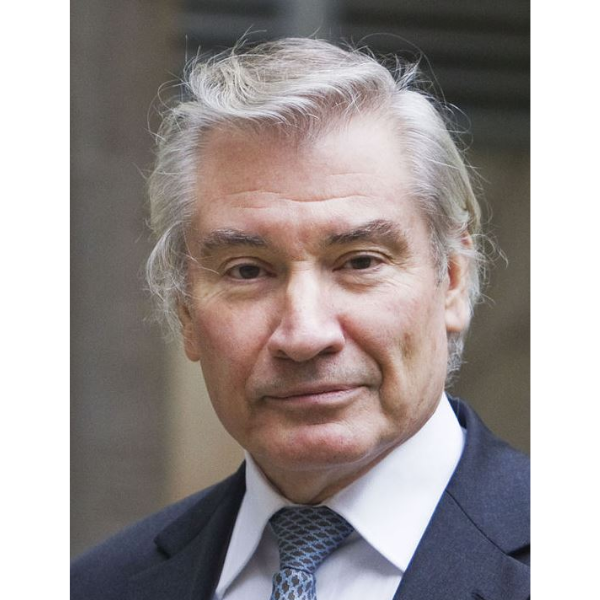
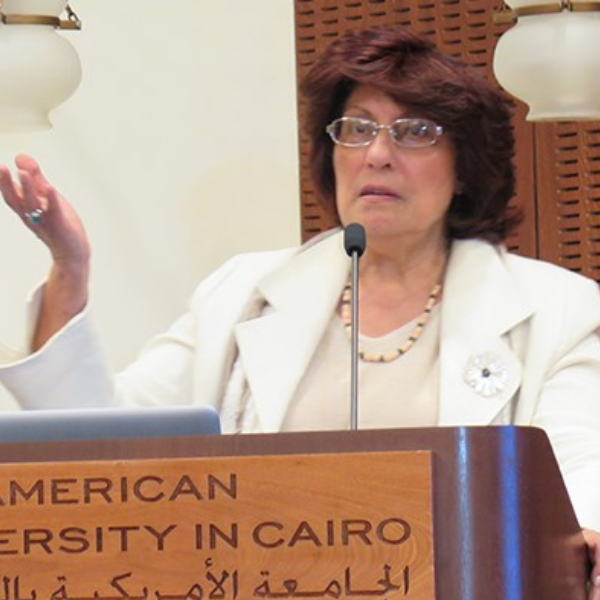
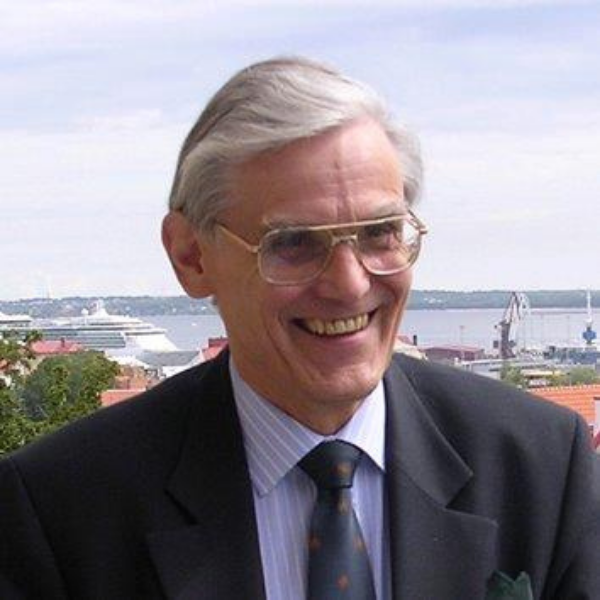
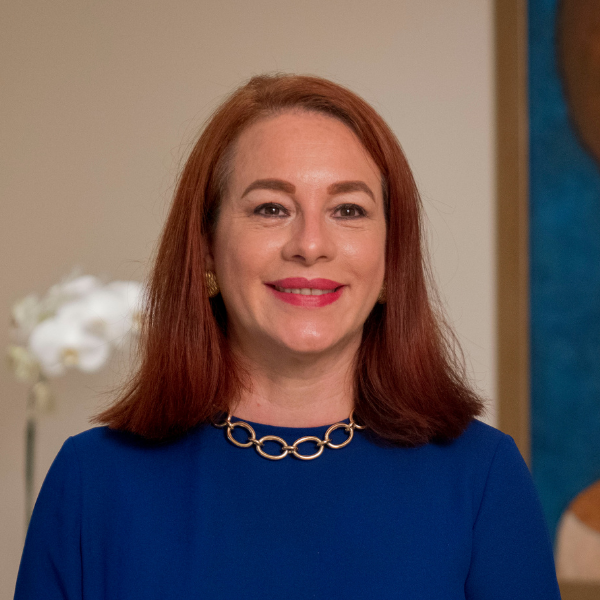
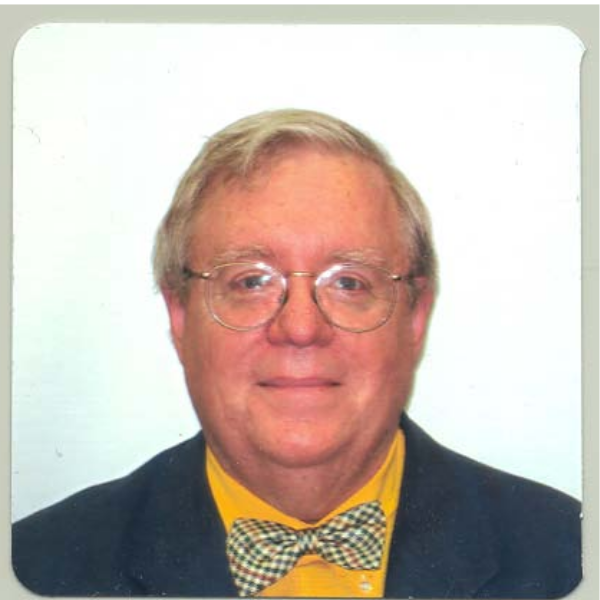
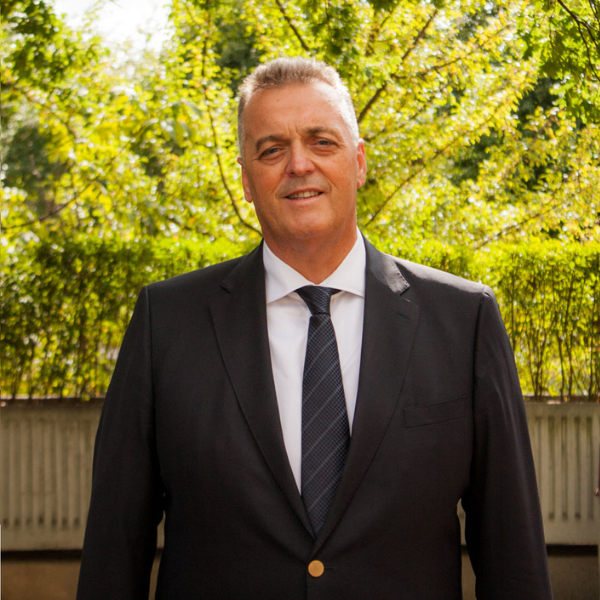
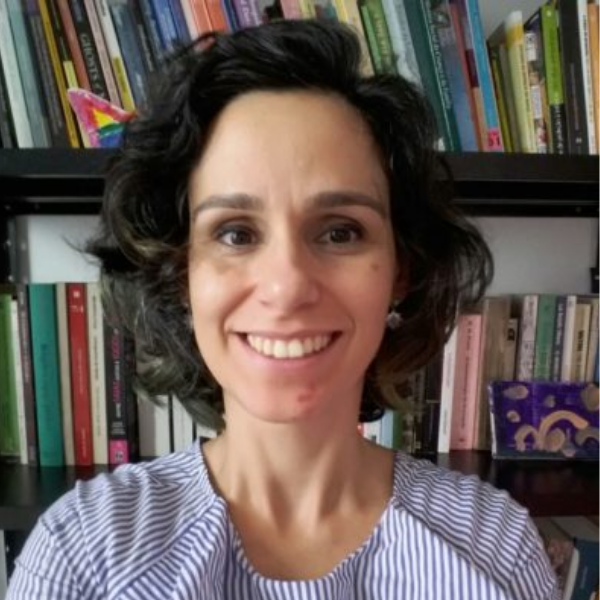
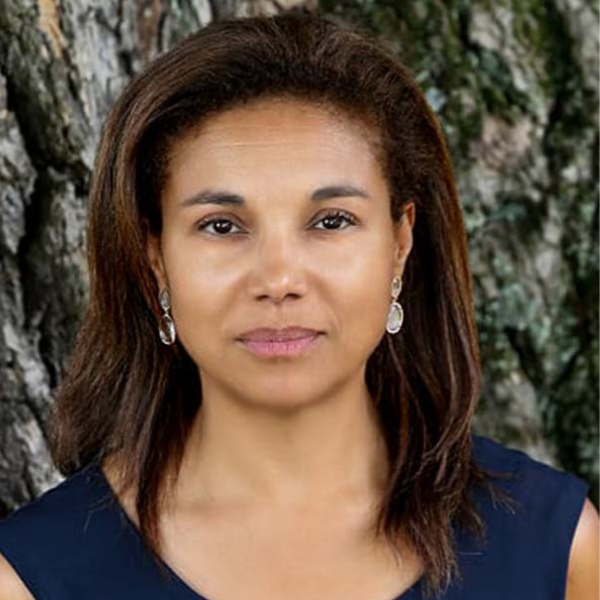
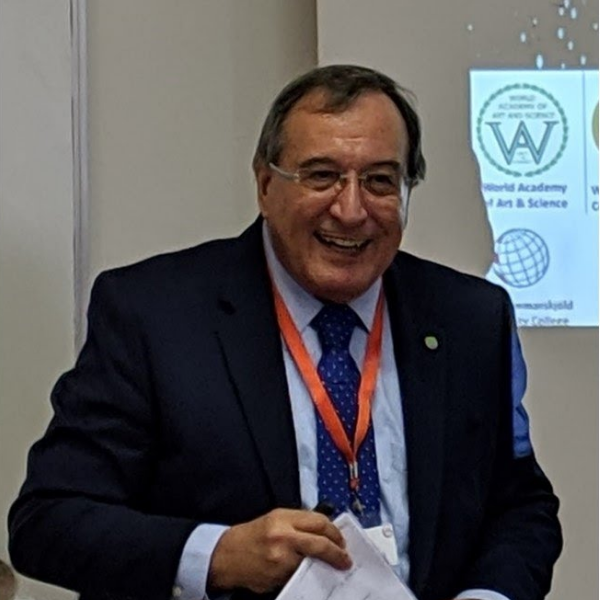
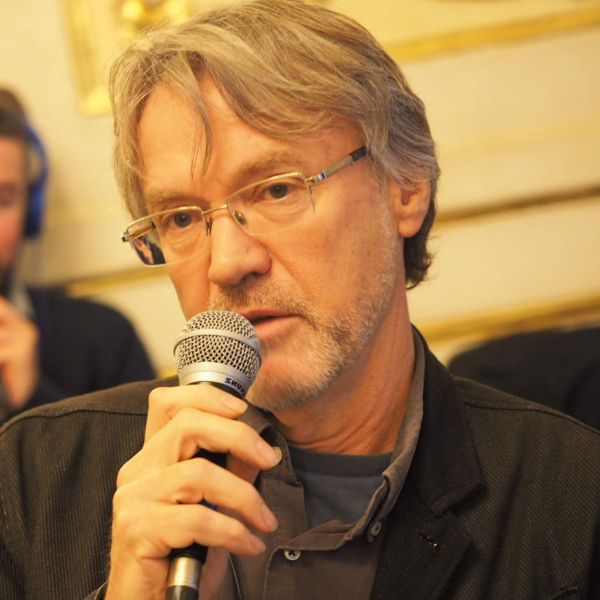
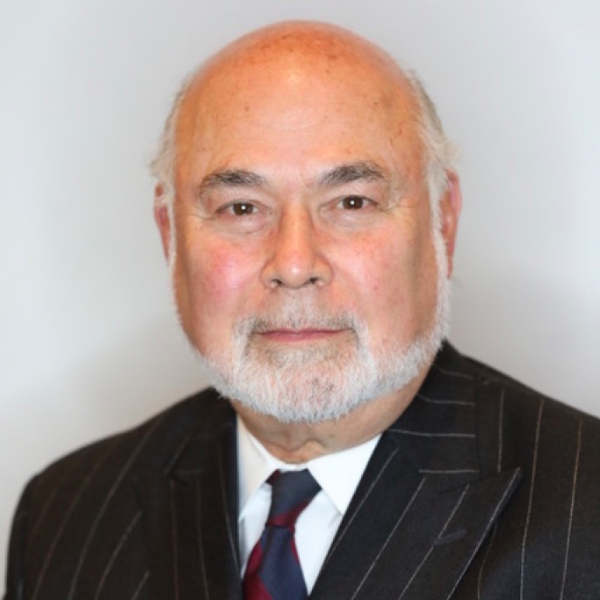
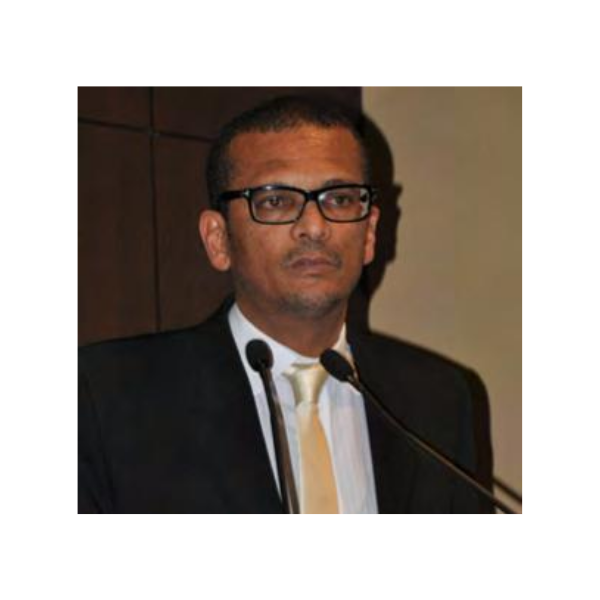
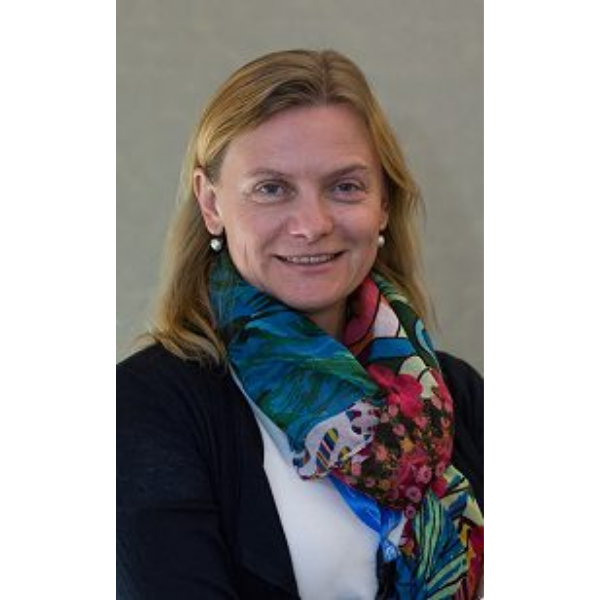
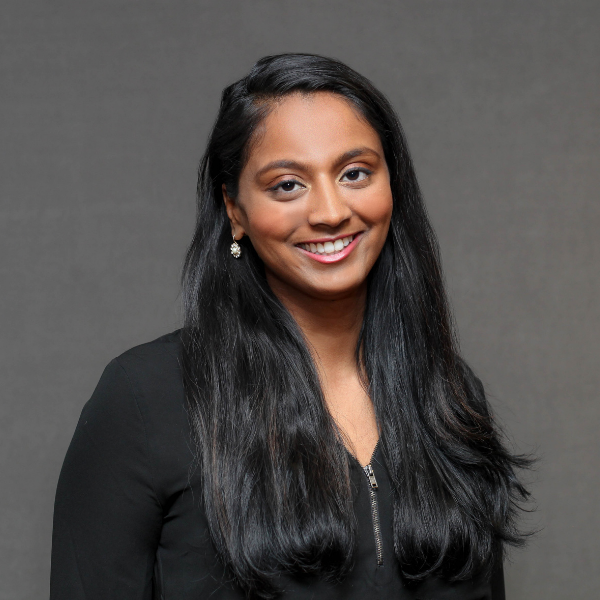
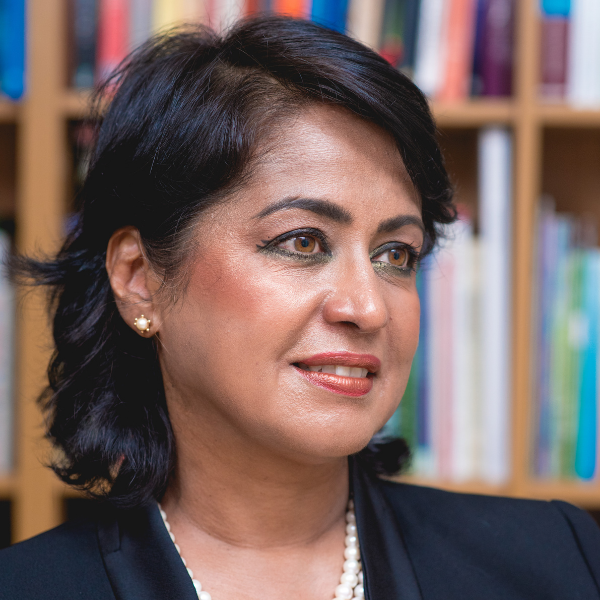
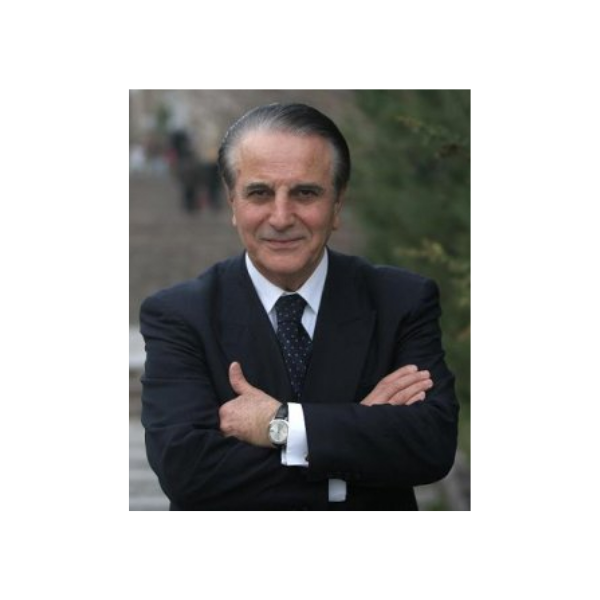
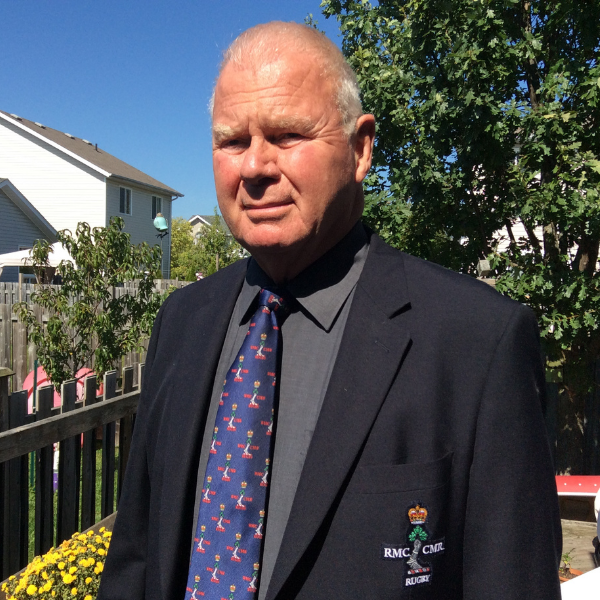
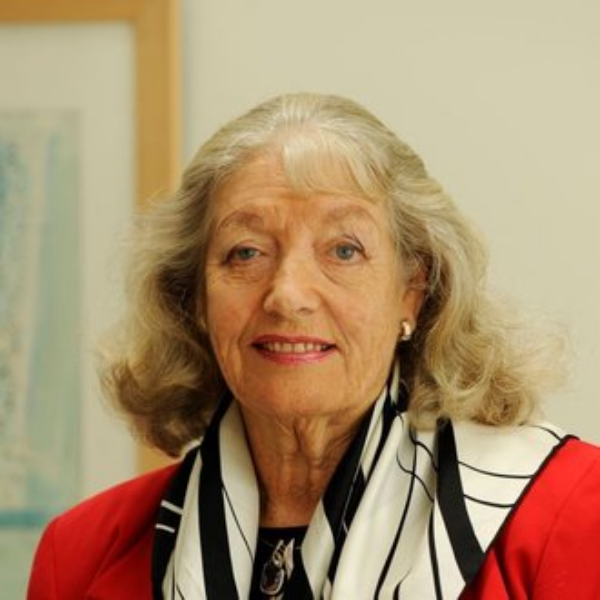
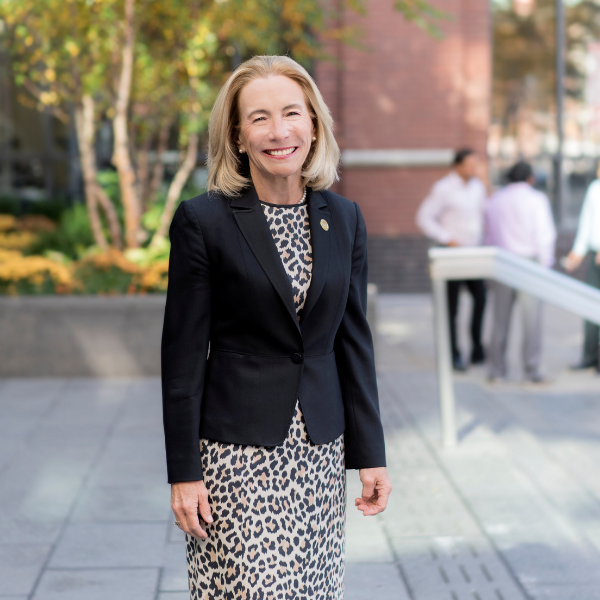
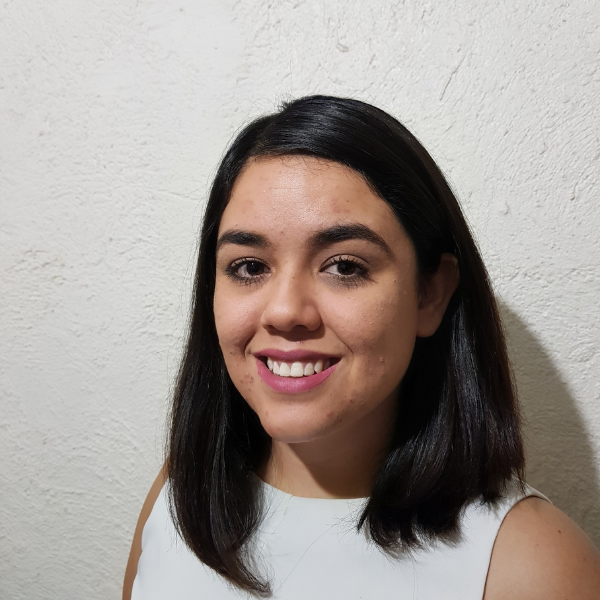
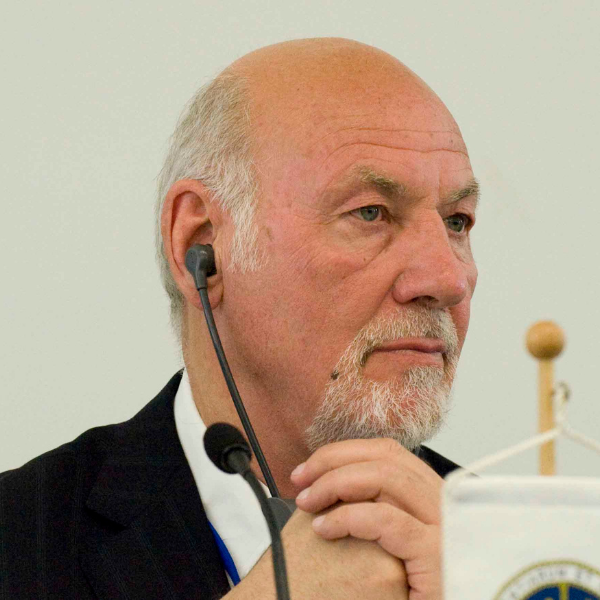
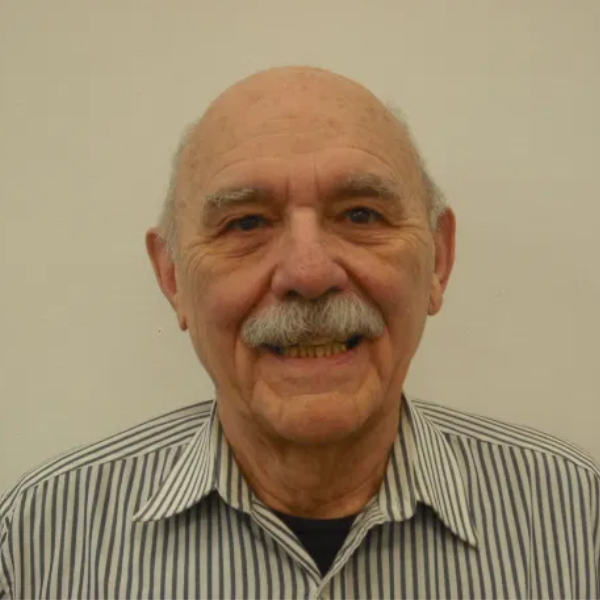
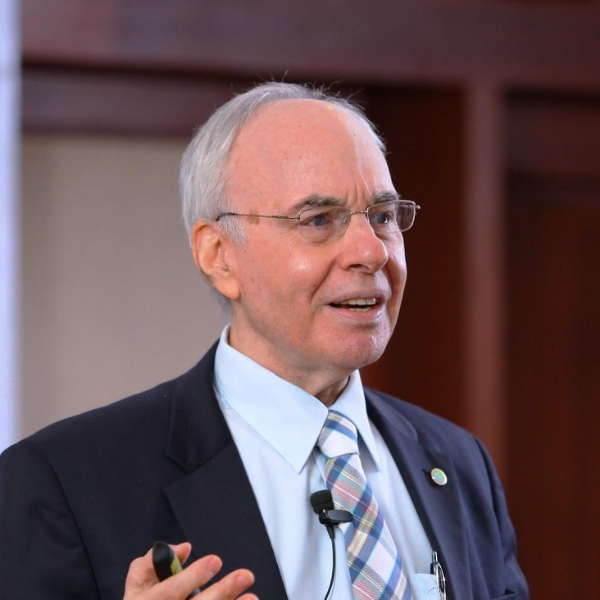
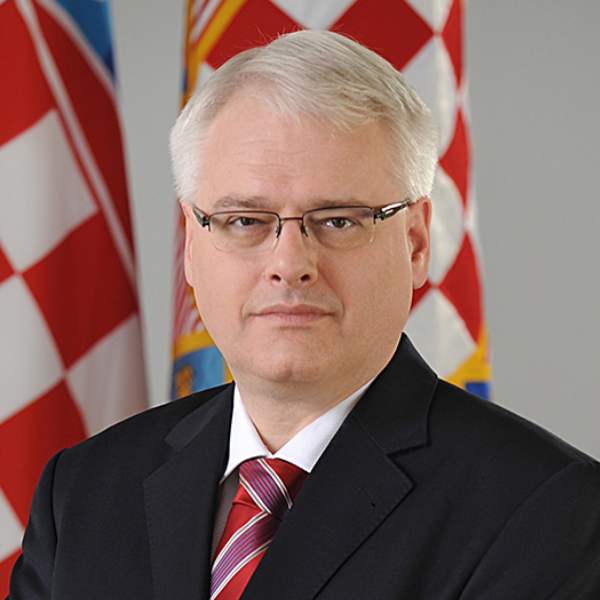
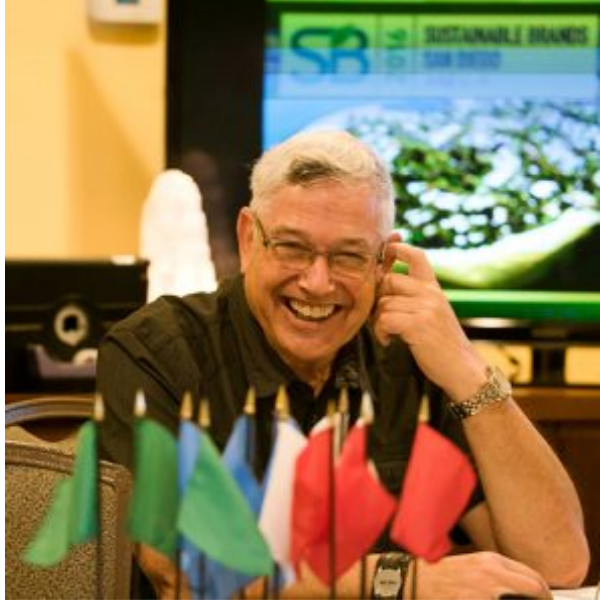
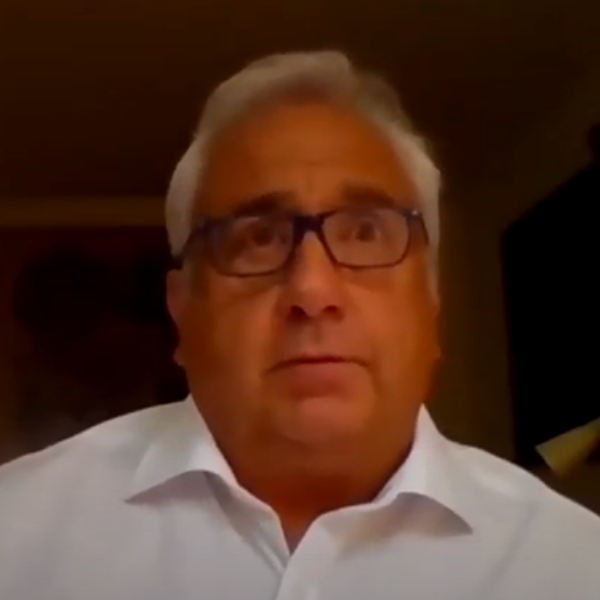
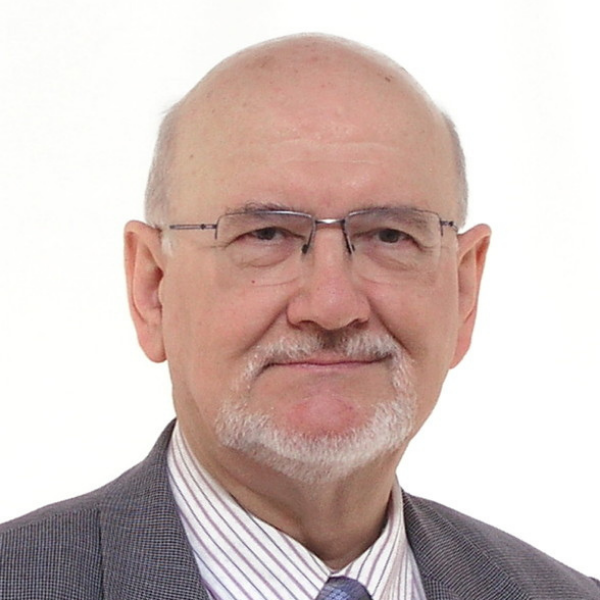
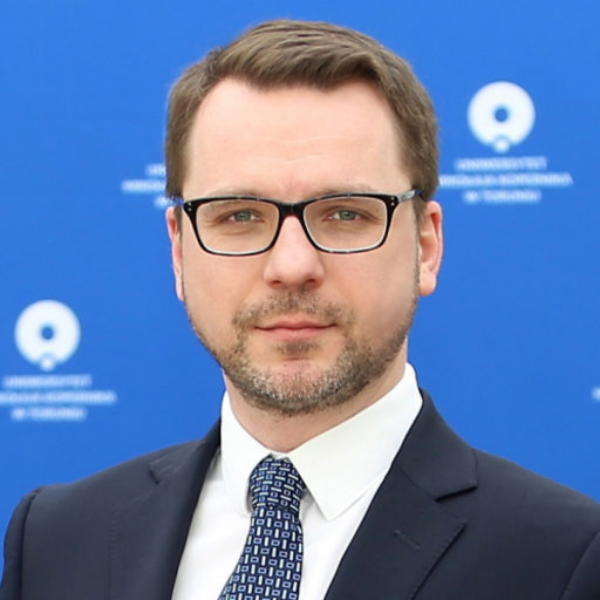
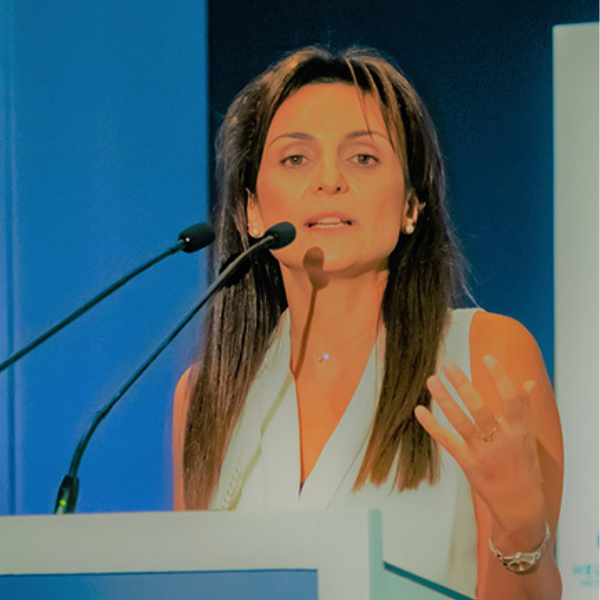
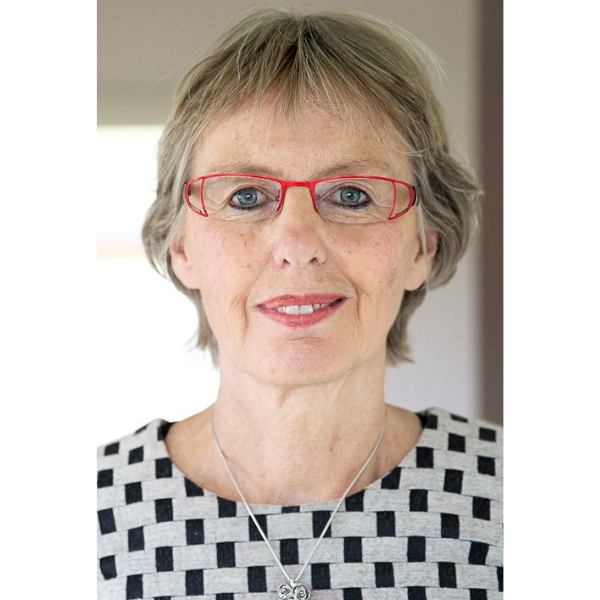
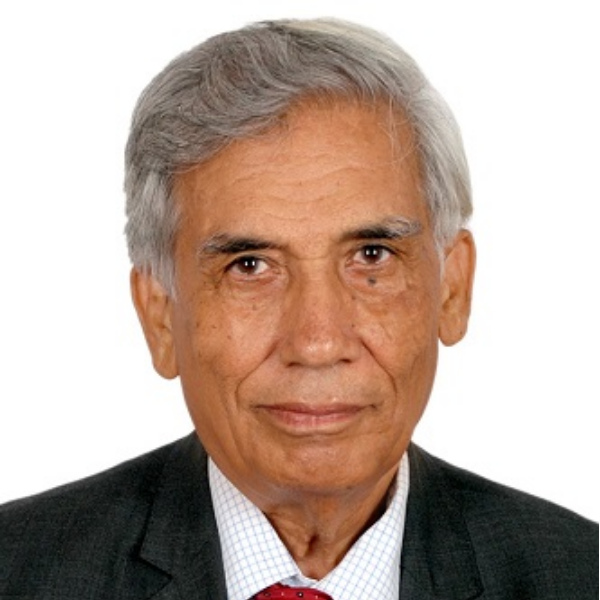
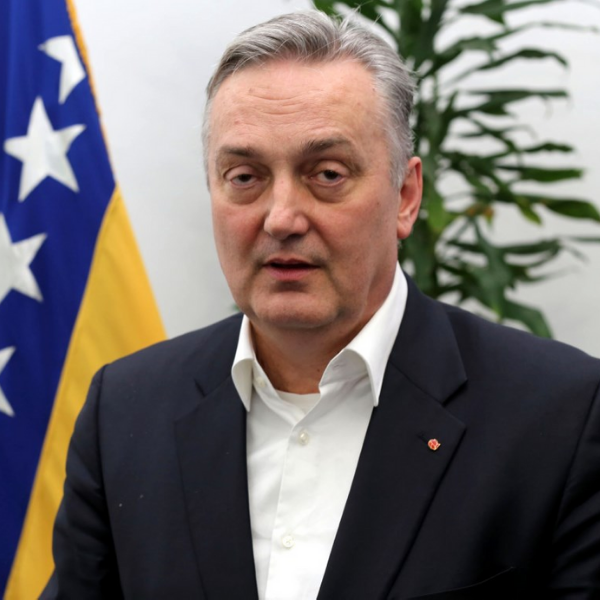
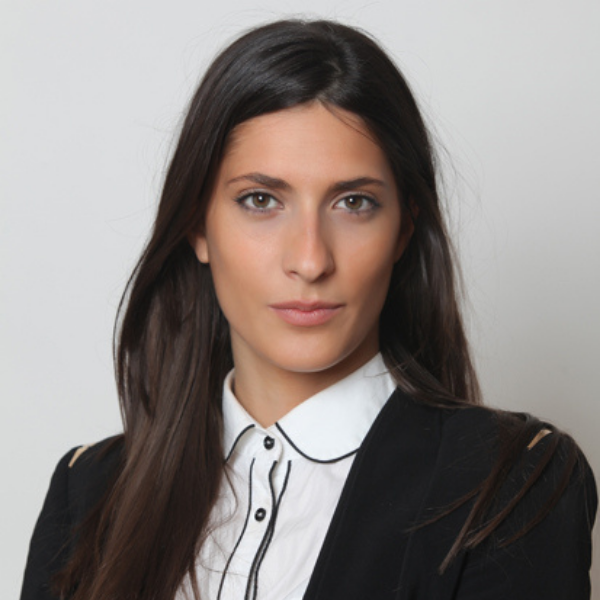
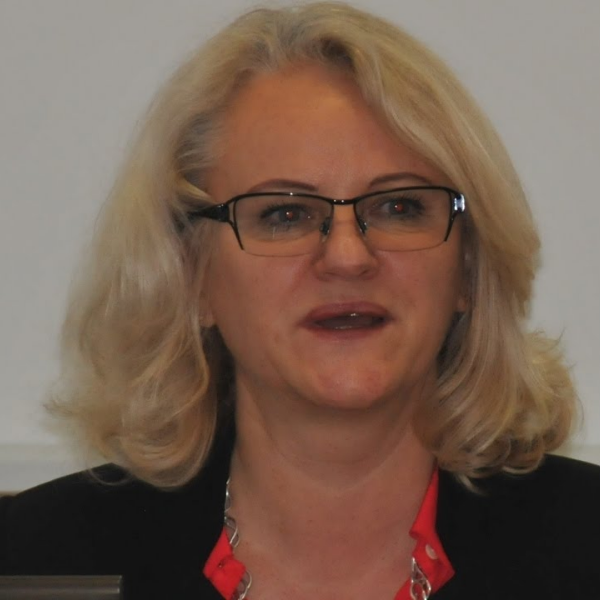
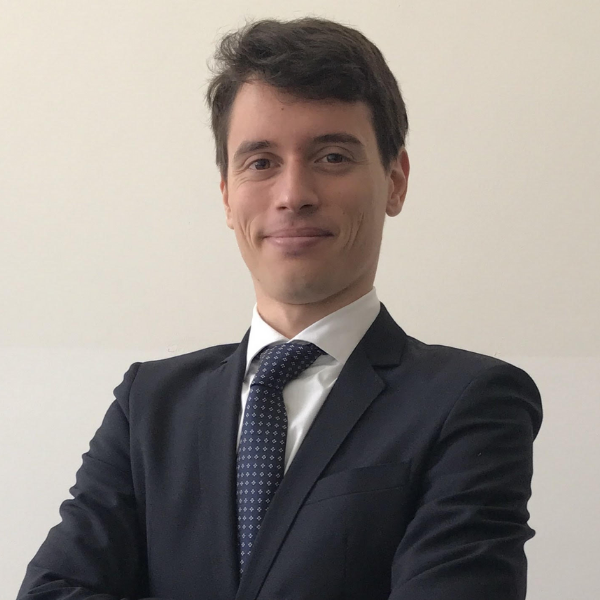
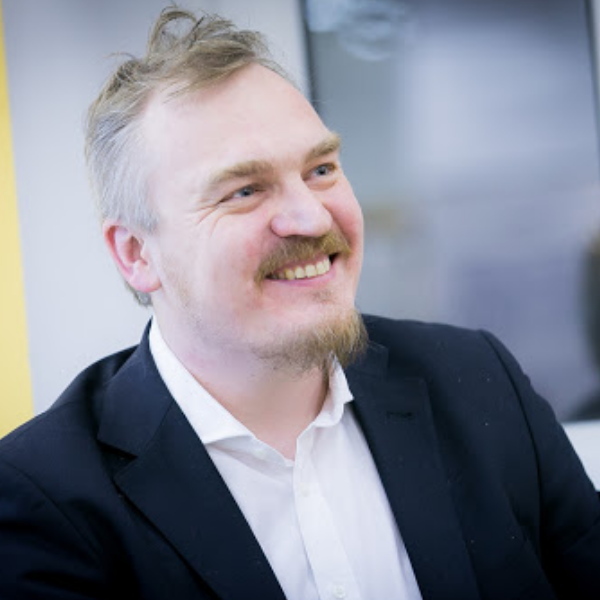
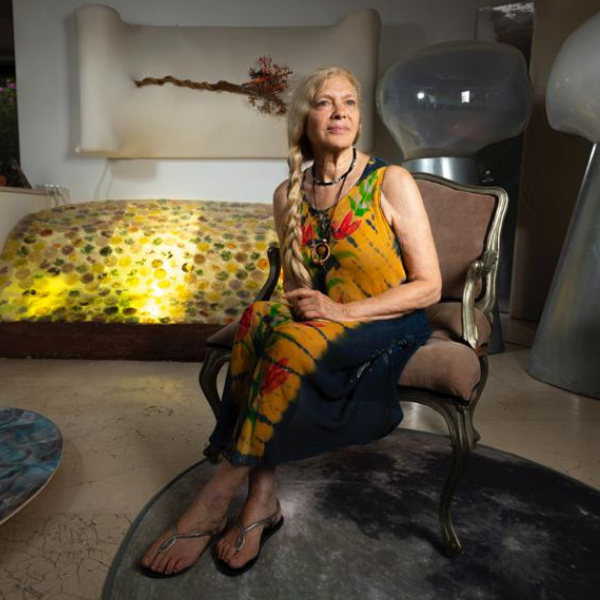
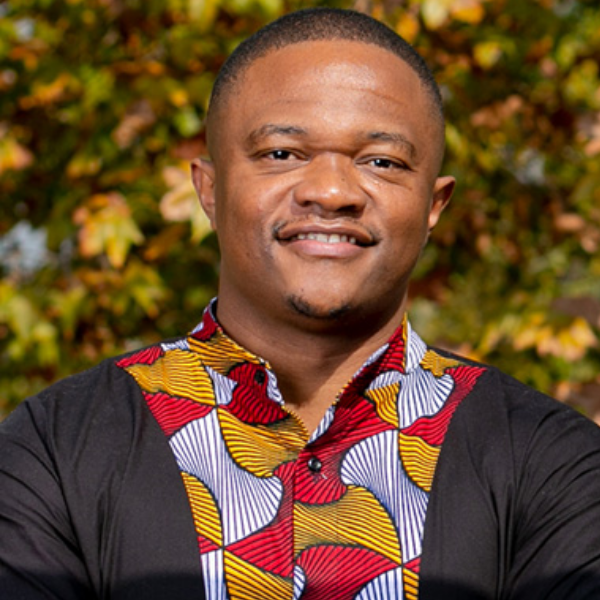
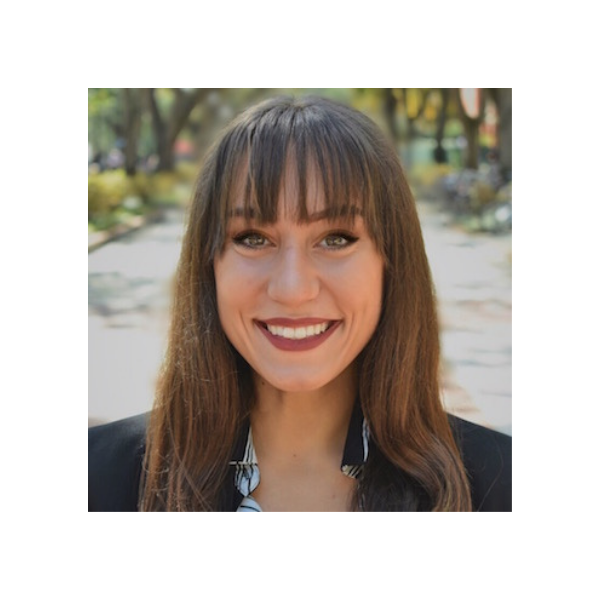
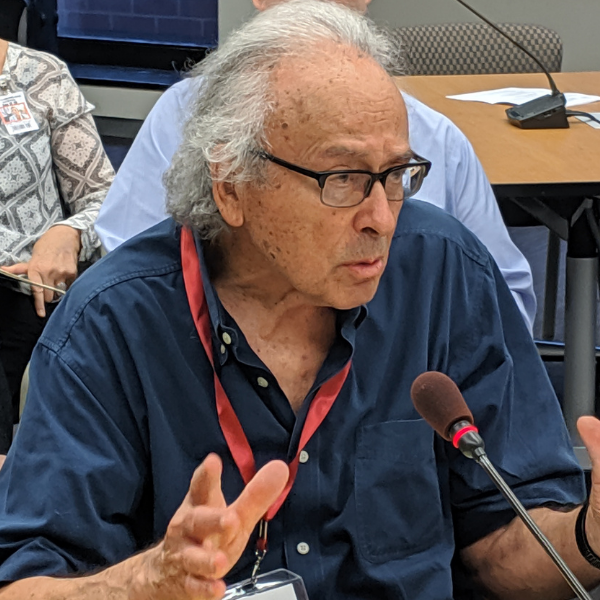
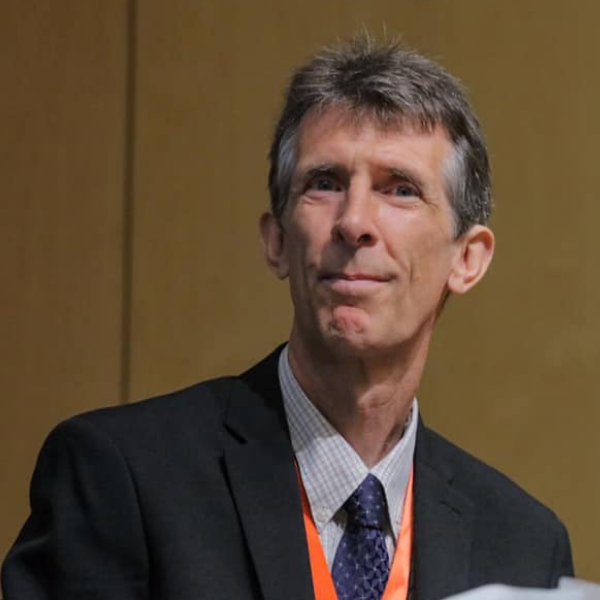
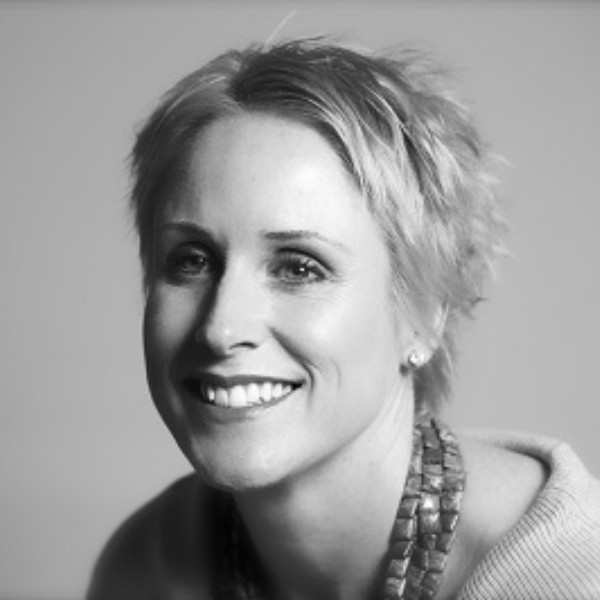
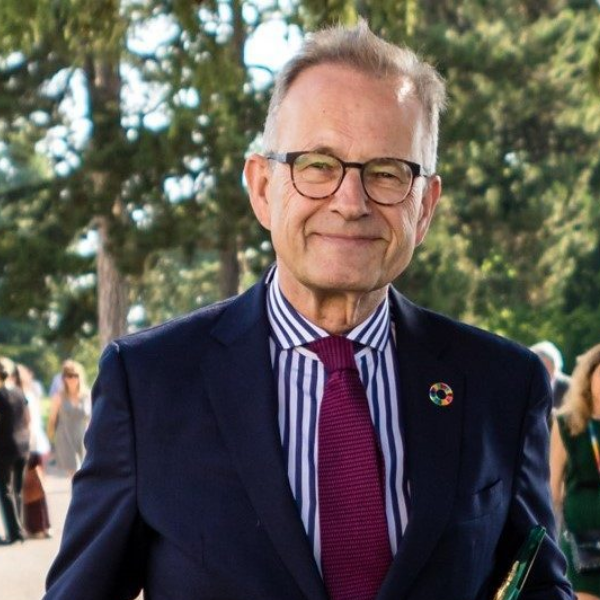
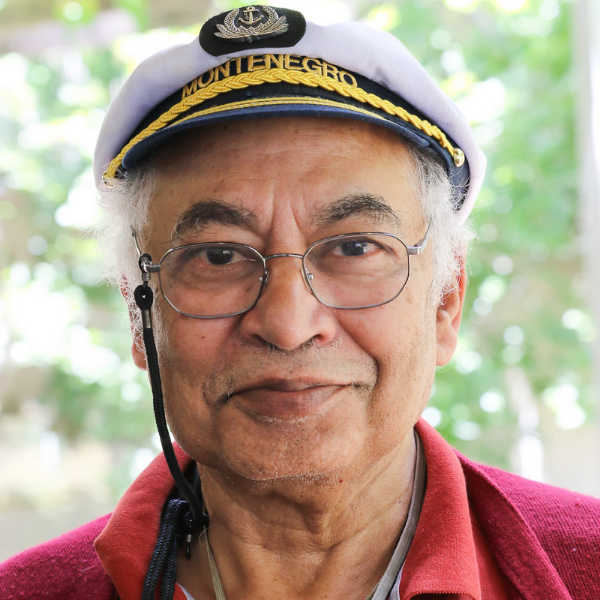
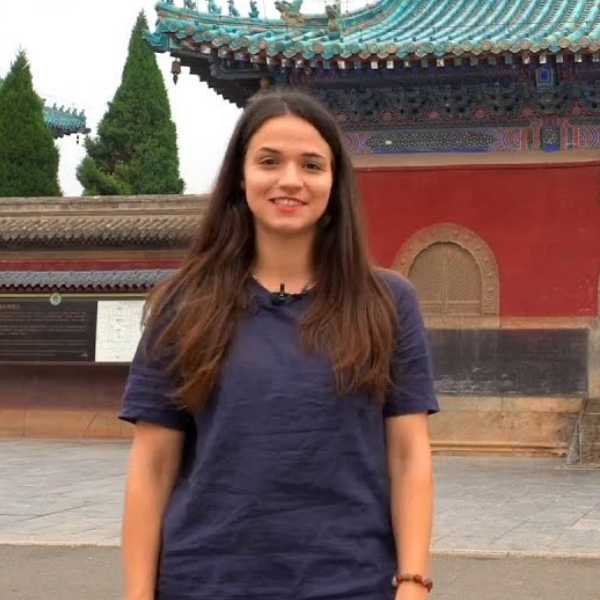
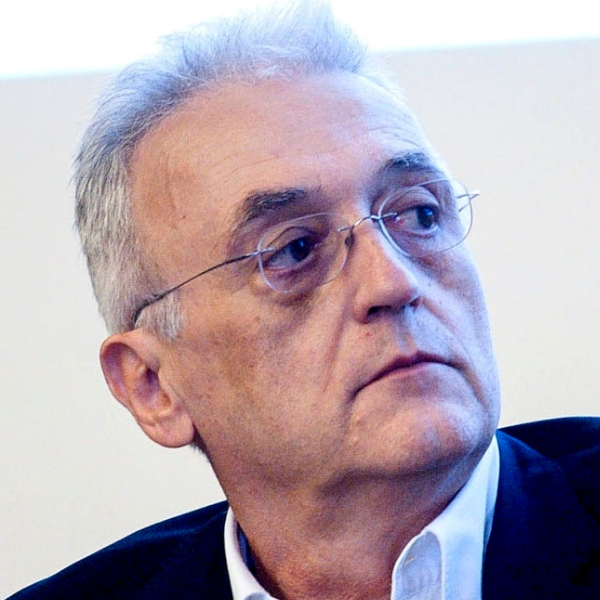
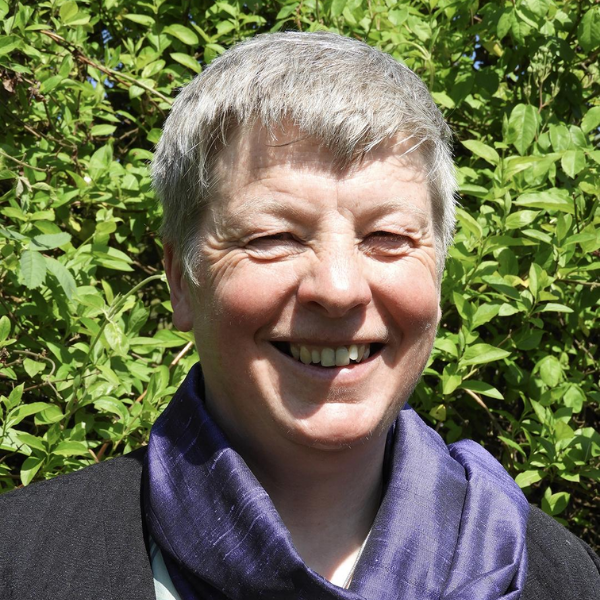
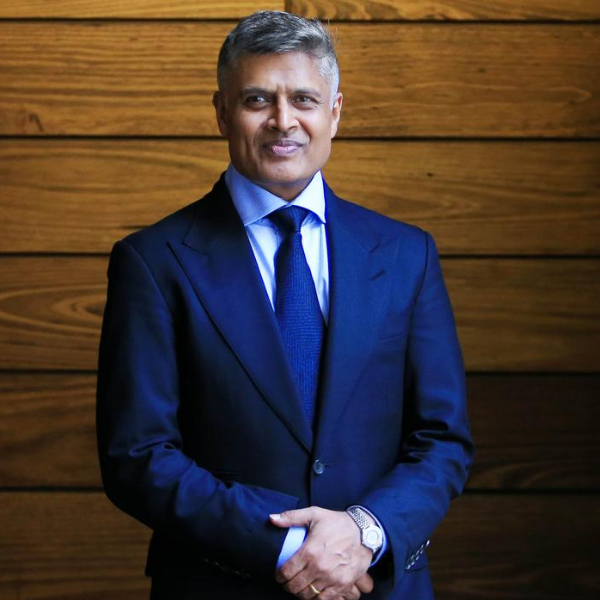
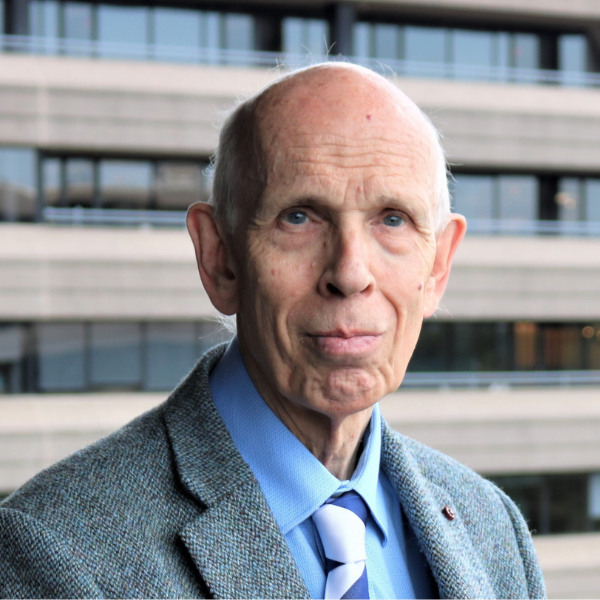
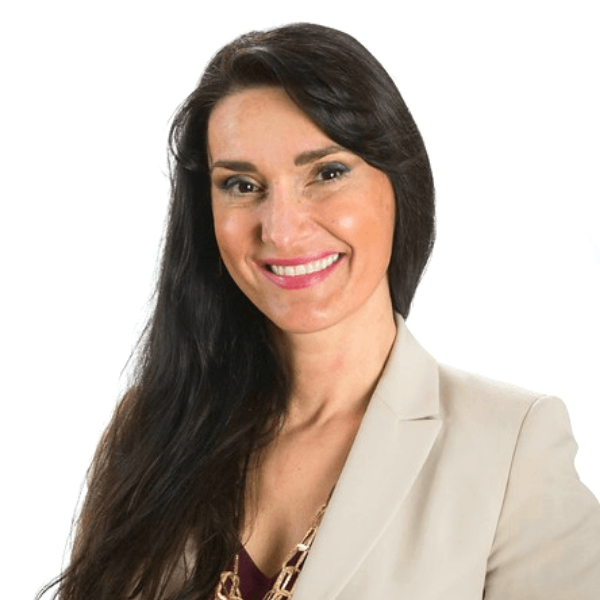
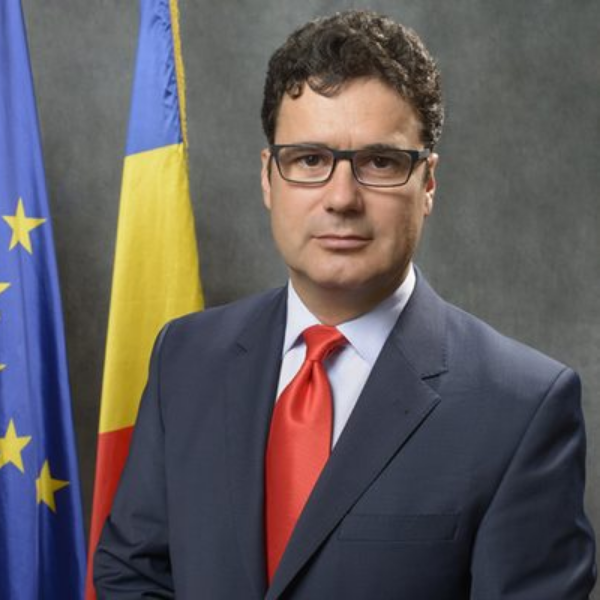
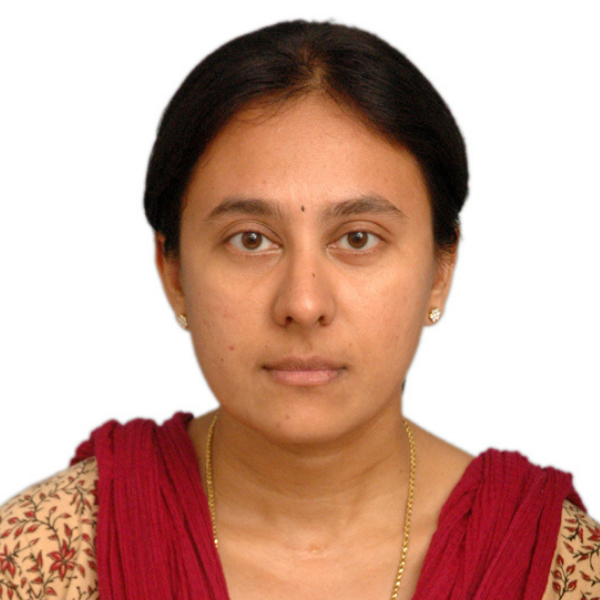
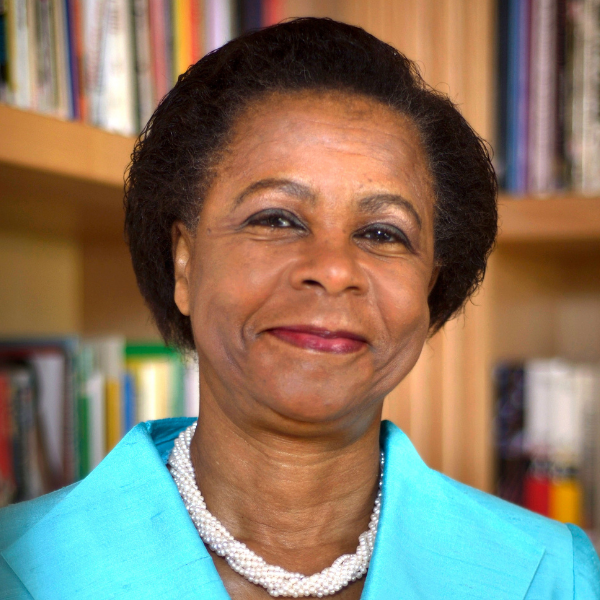
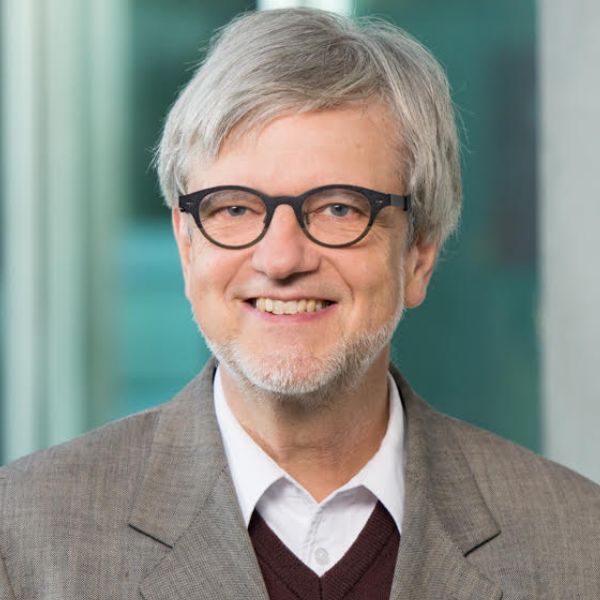
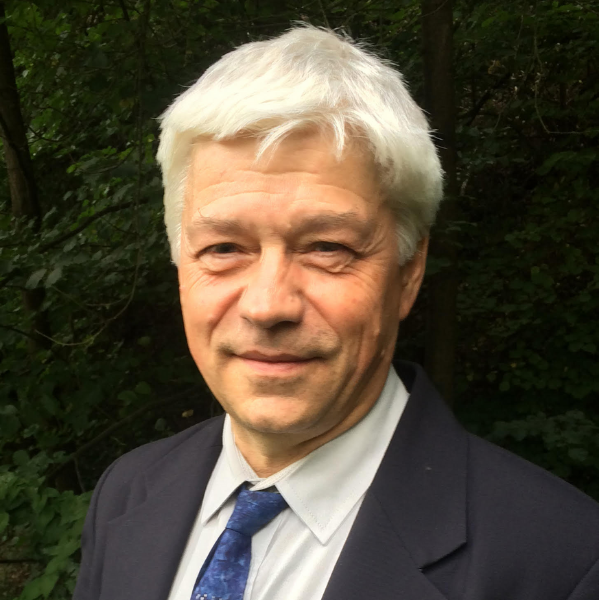
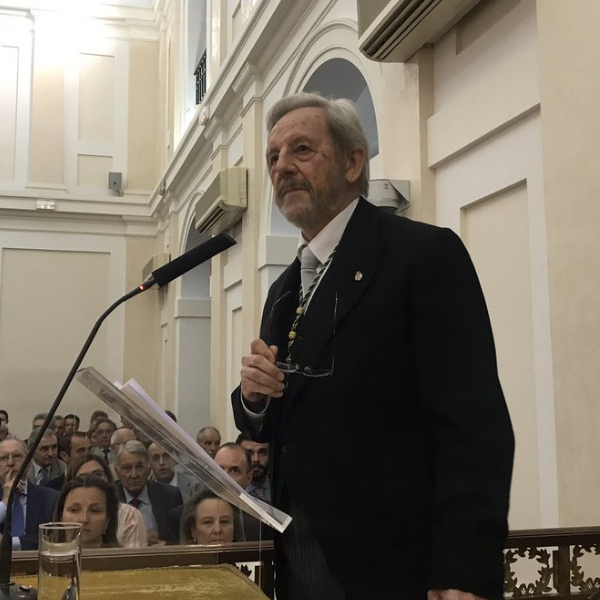
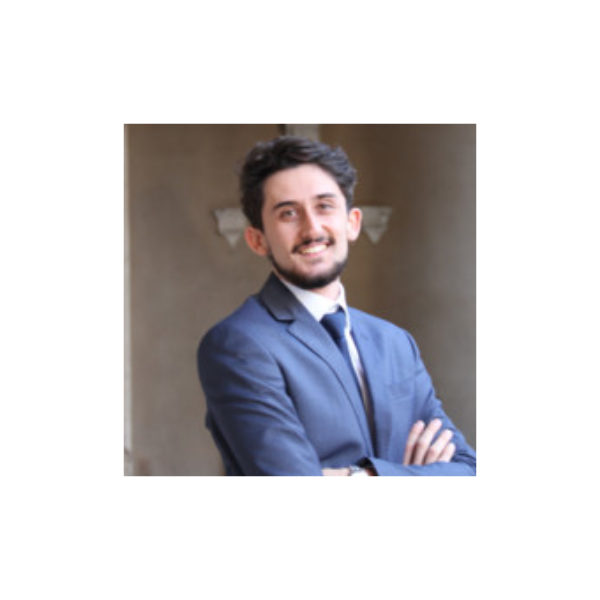
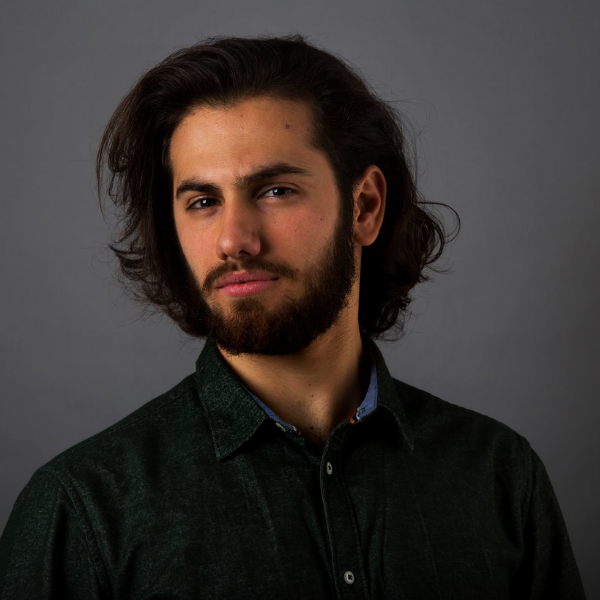
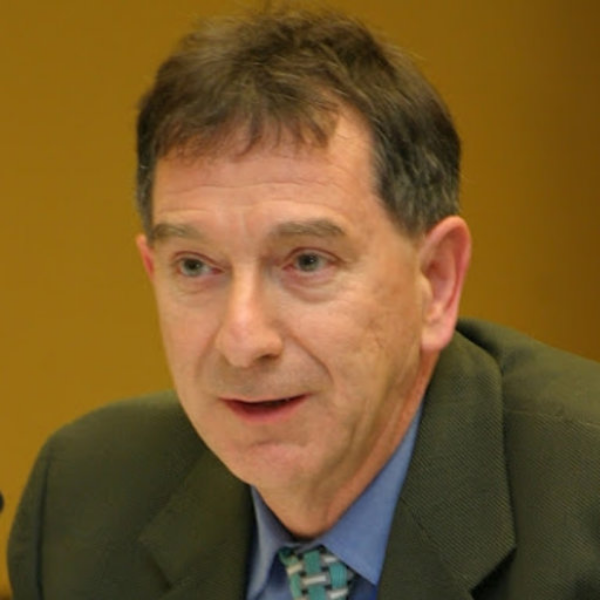
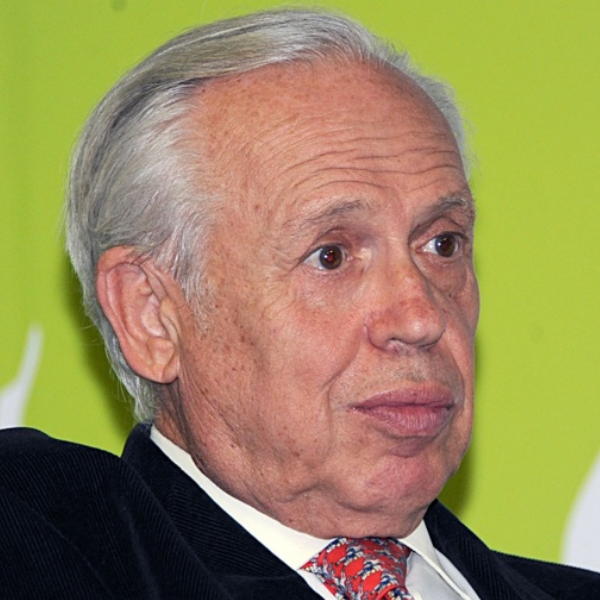
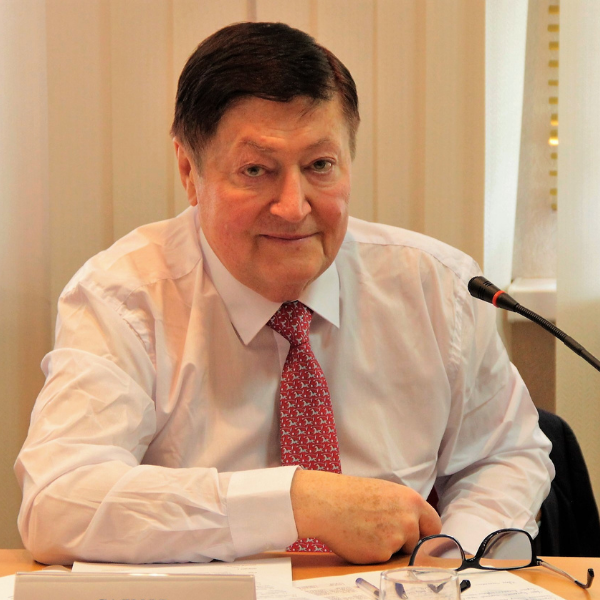
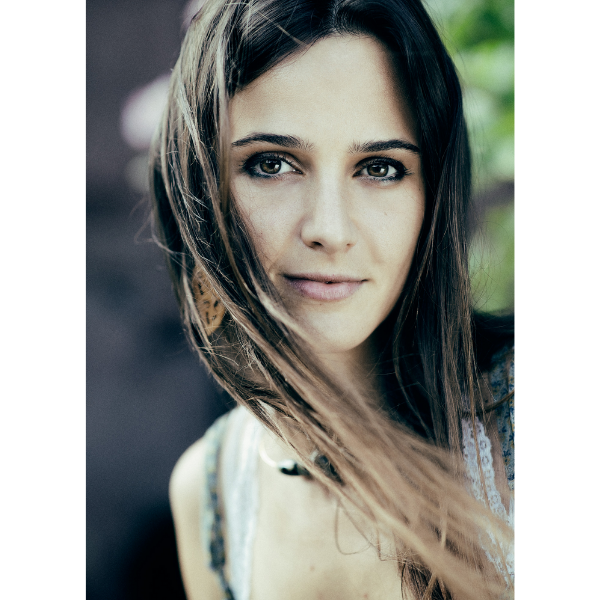
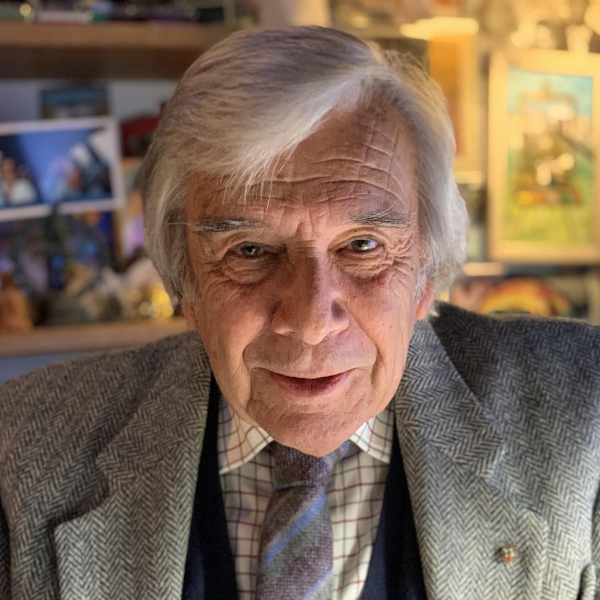
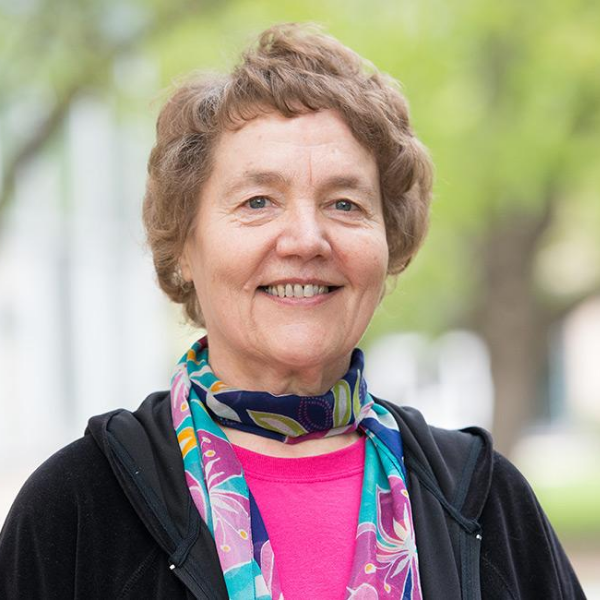
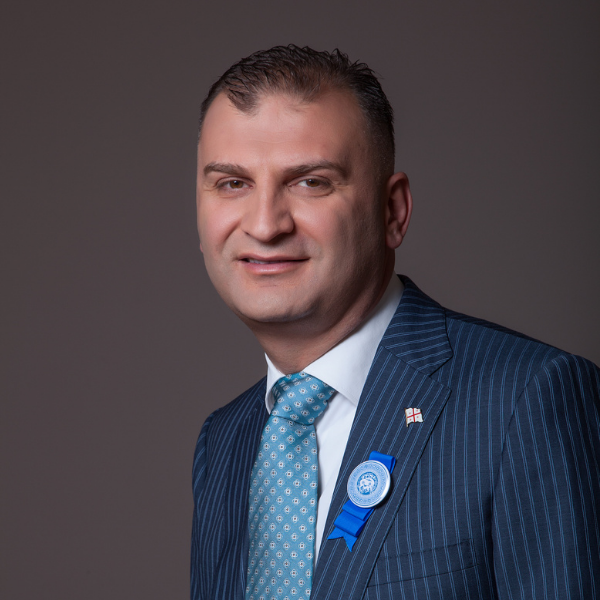

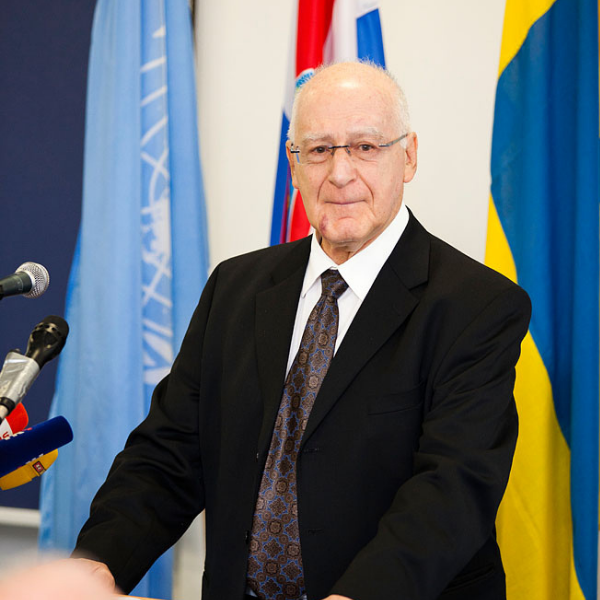
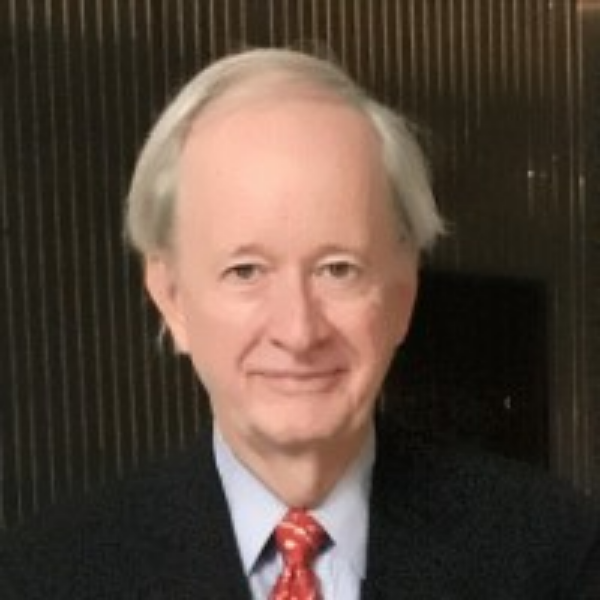
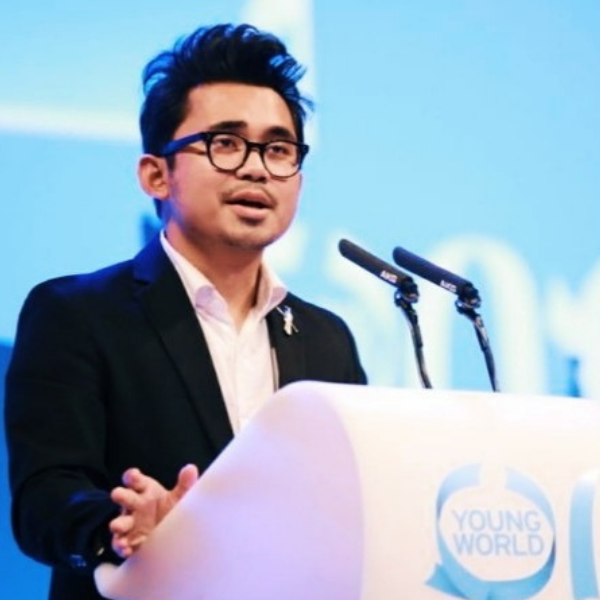
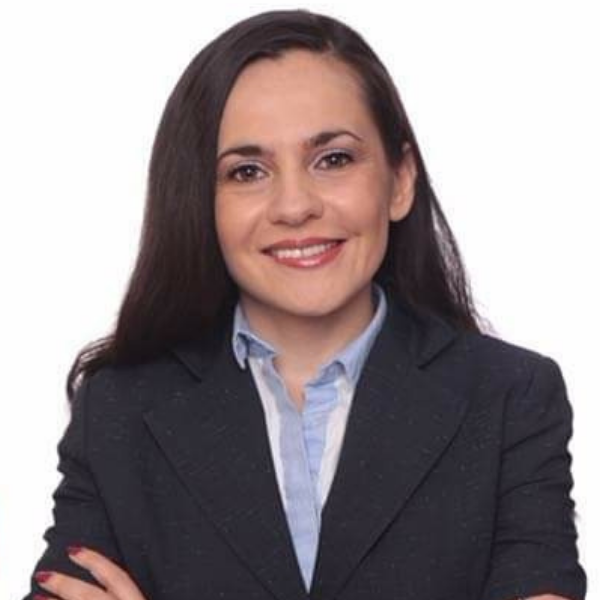
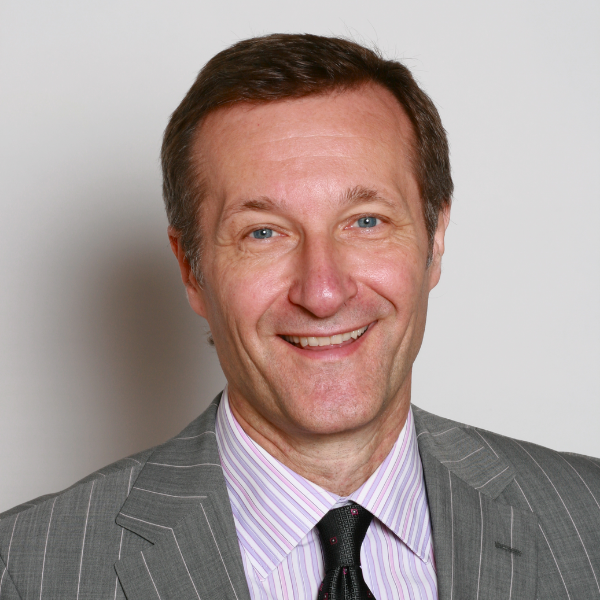
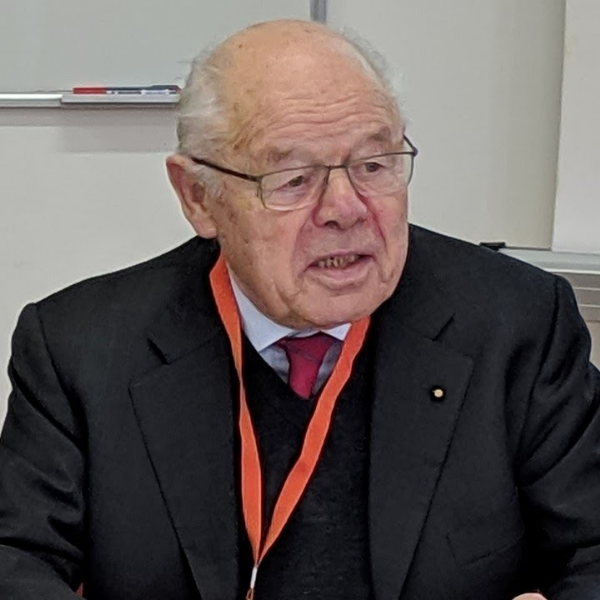
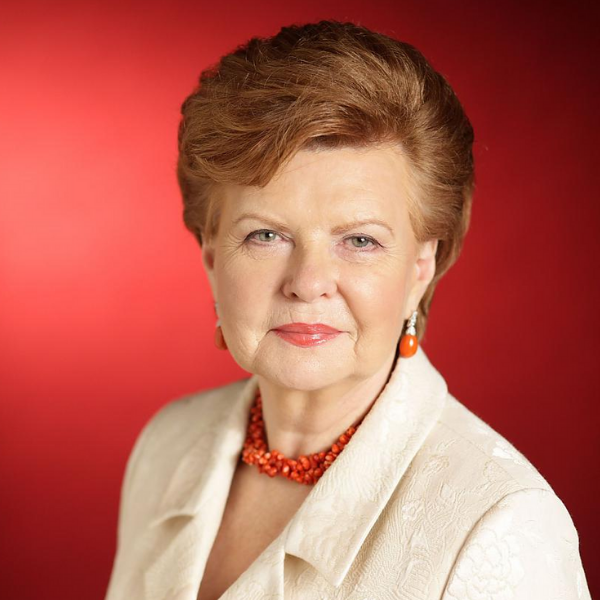
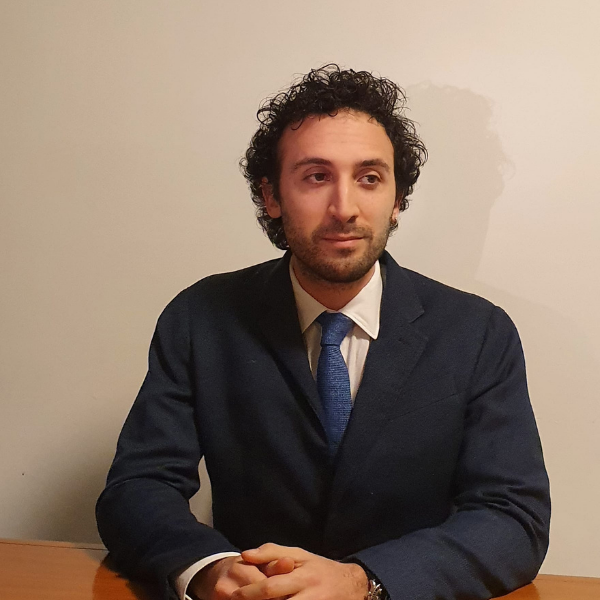
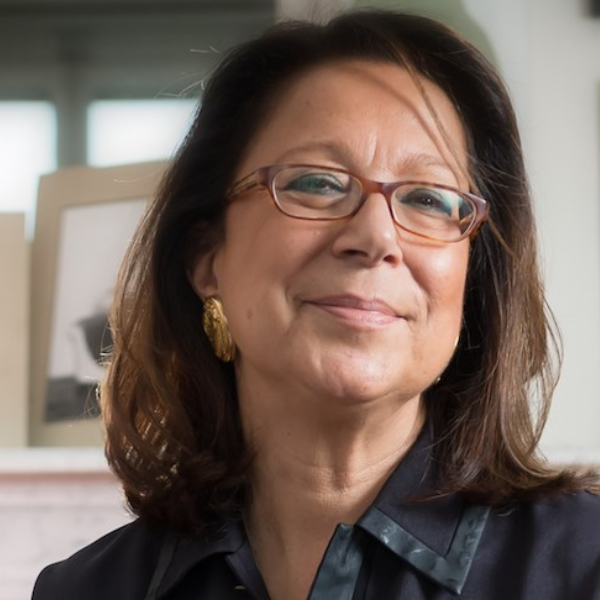
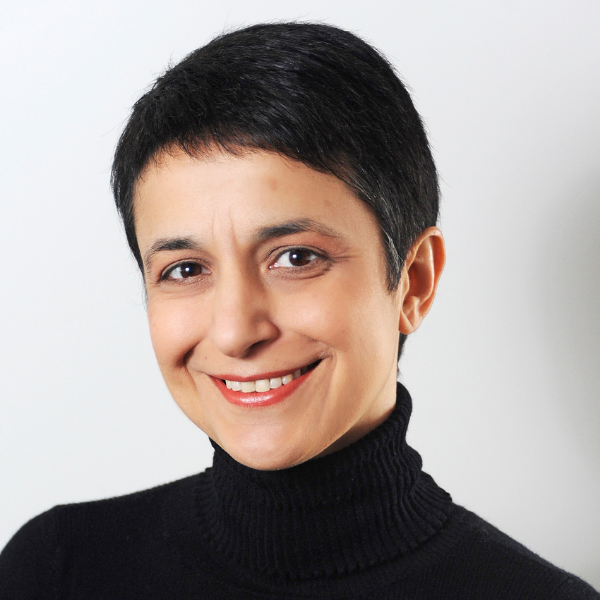
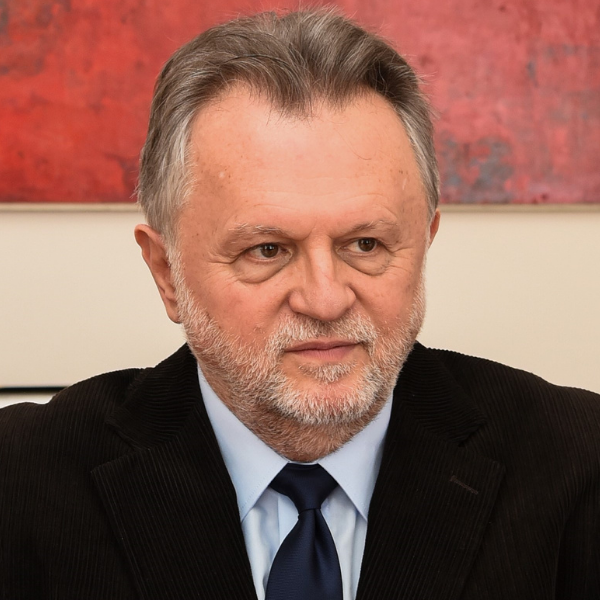
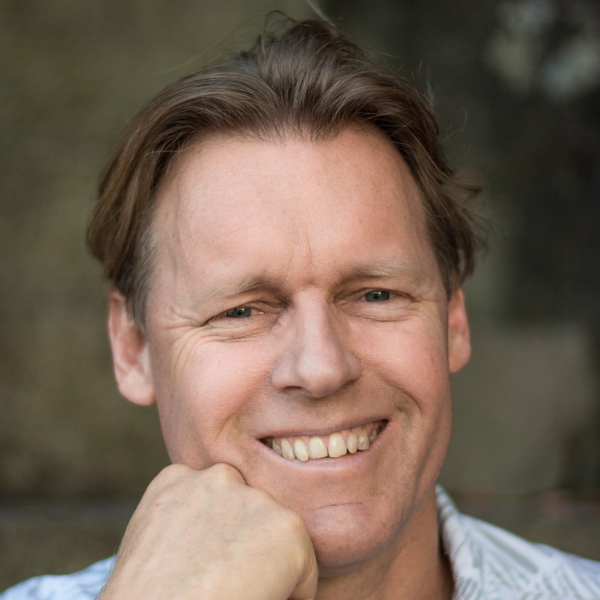
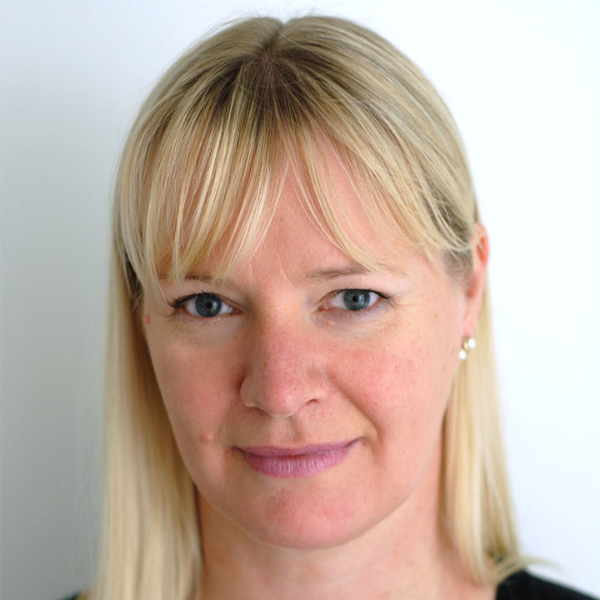
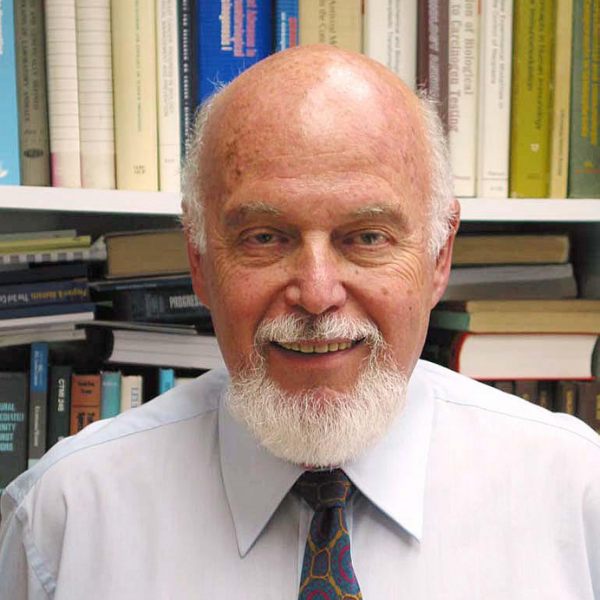
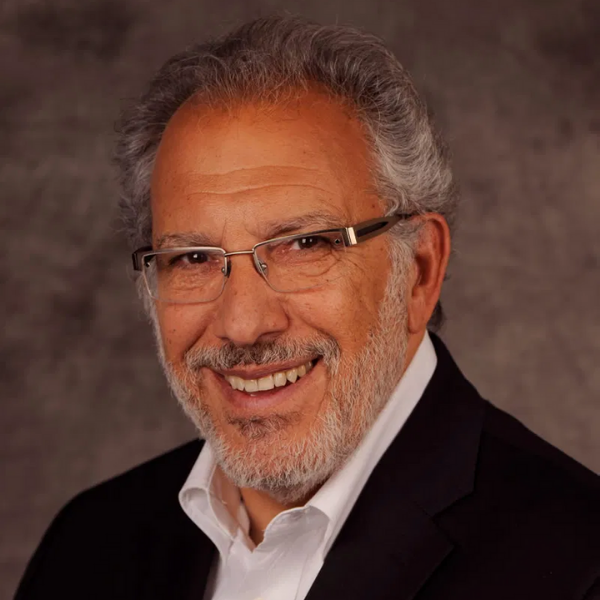
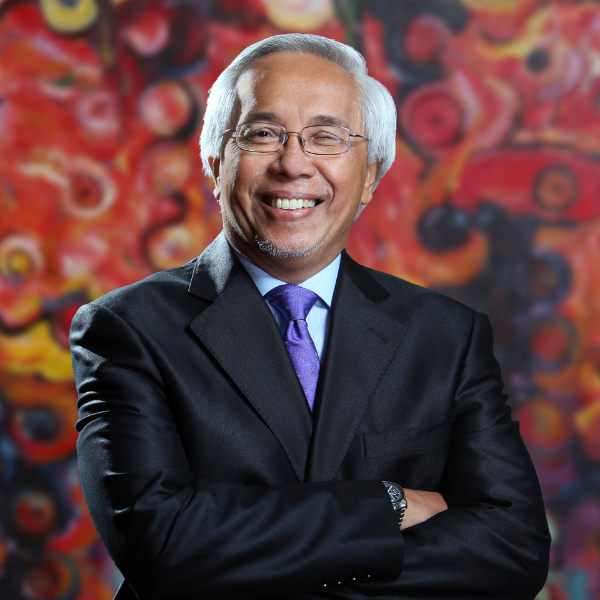
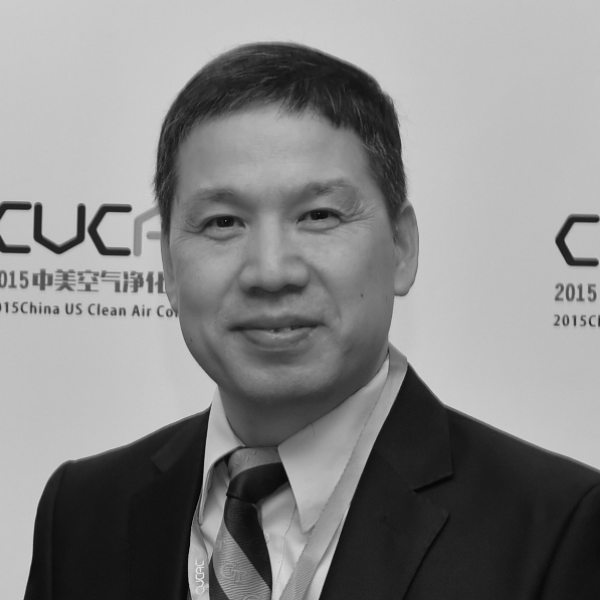
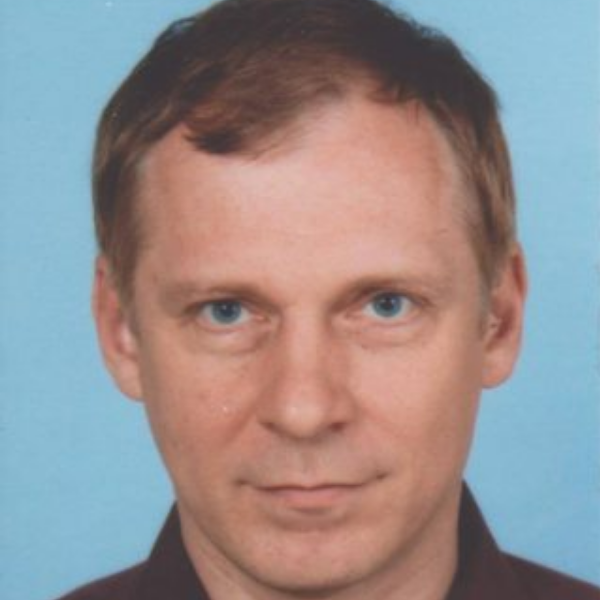
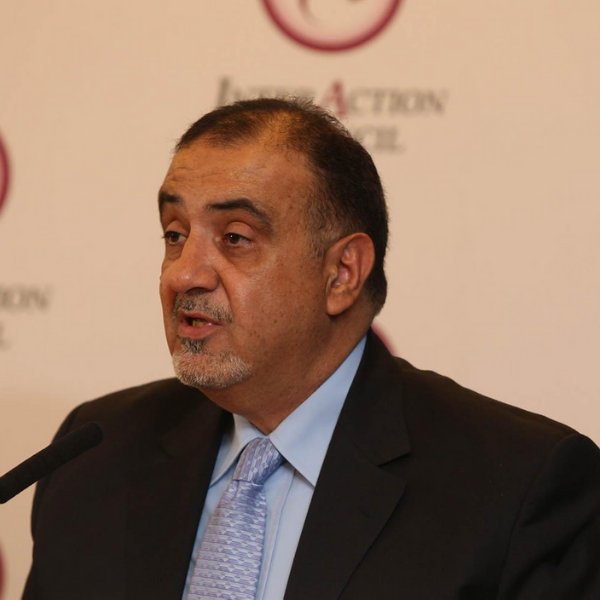

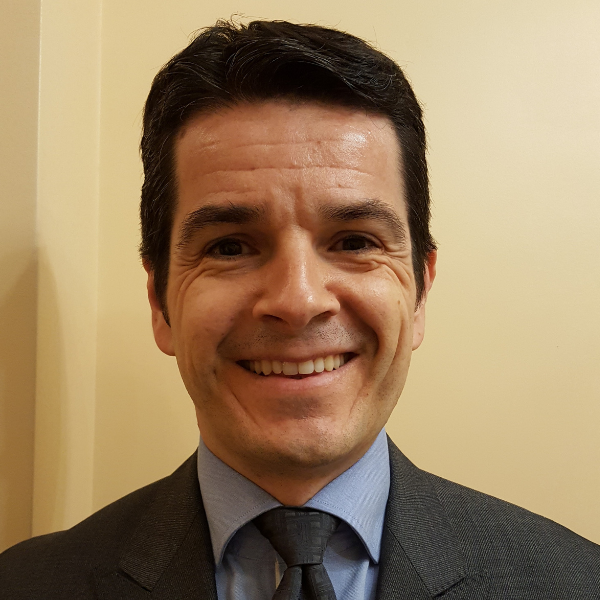


Carlos Alvarez Pereira
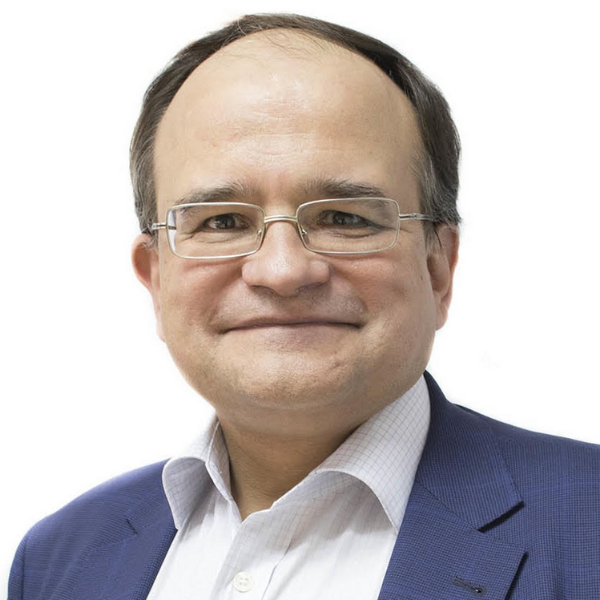
Executive Committee member, Club of Rome; FWAAS
Previously a researcher in systems dynamics and entrepreneur in the digital sector, Carlos Alvarez Pereira promotes the emergence of a civilizational shift towards equitable wellbeing within a healthy biosphere. He is member of the Executive Committee of the Club of Rome, where he co-leads the initiatives on Emerging New Civilization(s) and Intergenerational Dialogues. He keeps doing research in complexity thinking and the transformation of knowledge and innovation to respond to the existential needs of the 21st century.
He is also member of the Advisory Board of the International Bateson Institute and fellow of the World Academy of Art and Science (WAAS). He has been a lecturer and researcher at the Polytechnic University of Madrid (UPM), founder and manager during more than 20 years of several consulting companies in Spain, Switzerland, France and Germany, and founder of a non-profit research institution devoted to collaborative projects in the domains of complex systems and AI. He is is now leading a new initiative of the Club of Rome called The Fifth Element, to develop new ways of learning based on the principle “Life for learning, learning for life”.
Yul Anderson

President & Founder, African-American Future Society, USA; AFWAAS
He established the African American Future Society in 1995 and participated in United Nations 50th Anniversary Summit meetings. He was a member of the Global Commission to Fund the United Nations and wrote for African profiles magazine while covering the news story of the African – African American Summit meetings convened by the late Revered Leon Sullivan and covered the war in Sierra Leone. Mr. Anderson lived six years in Kenya, consulting with parliamentarians and those seeking office in kenya. He also provides consulting services to businesses in the US and Africa.
Mr. Anderson is concerned about the future of Black America and Africa; and how futures research connects the world. He has provided futures workshops and lectured at Universities, World Future Society, Blacks in Government, the National Forum of Black Public Administrators and co-facilitated a workshop with the Millennium Project, and convened a futures workshop with UNESCO and the IMF.
Jana Amin

Intern, Dr. Alaa Murabit, Harvard Radcliffe Fellow; JFWAAS
Jana Amin is an Egyptian-American senior in High School and an incoming freshman at Harvard College. She is a passionate advocate for gender parity, girls’ education, and Muslim women. An avid speaker, Jana gave a TedX-Youth talk on changing the narrative around Muslim women and recently spoke on a panel at the United Nations General Assembly on policies to further the UN SDG’s. She works closely with The Collateral Repair Project, an NGO based in Jordan to support refugee women and girls. In May, she hosted a virtual event, #17for17: Advocating for Girls’ Education, featuring speakers including the CEO of the Malala Fund, Head Secretariat of the UN GIrls’ Education Initiative, and the Director of Michelle Obama’s Girls’ Opportunity Alliance.
Her research focuses on the media representation of Muslim women; she curated an exhibit at the American University in Cairo titled “Princess Fawzia and the Duality of Egyptian Women”. She is currently interning at the Harvard Kennedy School, and with Dr. Alaa Murabit, a UN high-level commissioner on health and economic growth. Jana is a 2021 Giving Square Fellow, an advising board member at The Conversationalist, a member of the Youth Activism Project and one of the founders and podcasters on UnTextbooked. She was recognized as one of Arab-America’s inaugural 20 under 20 and one of The Conversationalist’s honorees in Education.
Almas Awan

Executive Committee, Global Young Academy (GYA)
Dr. Almas T. Awan received her Ph.D. degree in Chemistry from the Campinas State University (UNICAMP), Sao Paulo, Brazil. At present, she is running ZikaLab Diagnostics, a startup company as a co-founder and principal investigator. She is also an independent science policy analyst, science diplomacy activist, and founder of the science diplomacy working group within the GYA.
She is the executive committee member of the Global Young Academy (GYA), the Cherie Blair Foundation Mentee for the Mentoring Women in Business program (London, UK), one of the 30 finalists of the Global Innovation through Science and Technology program of the AAAS (American Association for the Advancement of Sciences), and the finalist of Falling Walls Venture (Berlin). She has authored peer-reviewed publications and has presented numerous lectures to national and international audiences. Besides her academic career, she had been an Anchorperson and Producer of Radio programs on FM and AM for 4 years and also on National TV Channel (PTV) for 1 year. She is the member of The American Association for the advancement of Sciences, The American Society for Mass spectrometry, and the Brazilian Society of Mass spectrometry as well.
Research areas: The major focus areas of her scientific lab research career are: renewable energy from waste biomass; water, wastewater, and sediment quality analyses and biomarkers research linked to Zika and Breast cancer.
Goran Bandov

Associate Professor, University of Zagreb; AFWAAS
Goran Bandov PhD, Lawyer and Politic Scientist, Associate Professor, University of Zagreb (Croatia, EU), former Vice Dean at Dag Hammarskjöld University College of International Relations and Diplomacy in Zagreb and former research fellow at University of Hamburg, is an European expert in international relations, diplomacy and peace. Prof. Bandov is a full fellow of Global Young Academy and an associate fellow of World Academy of Art and Science.
Nadine Bloch

Training Director, Beautiful Trouble
Nadine Bloch is the Training Director for Beautiful Trouble. She is an innovative artist, nonviolent practitioner, political organizer, direct-action trainer, and puppetista. Her work explores the potent intersection of art and politics; where creative cultural resistance is not only effective political action, but also a powerful way to reclaim agency over our own lives, fight oppressive systems, and invest in our communities — all while having more fun than the other side! Her affiliations include work with Greenpeace, Labor Heritage Foundation, Nonviolence International, Ruckus Society, HealthGAP and Housing Works, and Bread & Puppet Theater.
Saulo Casali Bahia

Federal Judge, Brazil; Trustee, WAAS
Saulo Casali Bahia is a federal judge in Brazil and member of the Faculty of Law of the Federal University of Bahia (UFBA) in Salvador. He has extensive experience with regard to constitutional law and public international law, and also with regard to public policies and Judicial Power.
A member of the Editorial Board of three journals, Saulo has published many books and articles and is a recipient of several awards.
Kehkashan Basu

Founder and President, Green Hope Foundation
Iconic youth leader, global influencer, environmentalist, champion of children’s rights, a Forbes 30 Under 30, TEDx speaker, Climate Reality Mentor, author, musician, peace and sustainability campaigner and a passionate advocate of women’s rights, Kehkashan Basu is a trail blazer who has been challenging the status quo and breaking social strictures and taboos which impede the progress and rights of future generations.
Winner of the 2016 International Children’s Peace Prize for her work on children’s rights and the environment, and the first-ever Voices Youth Gorbachev-Shultz Legacy Award for her work on nuclear disarmament, Kehkashan is a tireless advocate for the UN Sustainable Development Goals. She is a United Nations Human Rights Champion, National Geographic Young Explorer and the youngest ever Global Coordinator for the UN Environment Program’s Major Group for Children & Youth. She was named the youngest recipient of Canada’s Top25 Women of Influence, one of Canada’s Top 100 Most Powerful Women and is the Council Lead of the Toronto-St. Paul’s Constituency Youth Council.
Kehkashan is the Founder President of the social innovation enterprise Green Hope Foundation, which provides young people in 25 countries a networking platform to engage in the sustainable development process and take actions to mitigate climate change. Her internationally acclaimed work on sustainability has resulted in her being named one of the Top 100 SDG Leaders in the world and one of the Top 100 Most Powerful Women in Canada. She is the youngest member of Canada’s Women in Renewable Energy forum and the youngest Councillor of World Future Council. She has just been elected to the Board of Trustees of the Parliament of the World’s Religions, making her, at 20 years old, its youngest trustee in its 127-year history.
Kehkashan is a 2020 L’Oreal Paris Women of Worth Honouree, and the recipient of the 2019 Innovator of the Year Award for Sustainability Education, the John Muir Conservation Award for Habitat Restoration, the Energy Globe Award, the Turner Prize for Social Change and the Women Super Achiever Award. A powerful voice for future generations, she has spoken at over 200 United Nations and other global fora across 25 countries.
Nora Bateson

President, International Bateson Institute, Sweden; FWAAS
Nora Bateson, is an award-winning filmmaker, research designer, writer and educator, as well as President of the International Bateson Institute based in Sweden. Her work asks the question “How we can improve our perception of the complexity we live within, so we may improve our interaction with the world?”. An international lecturer, researcher and writer, Nora wrote, directed and produced the award-winning documentary, An Ecology of Mind, a portrait of her father, Gregory Bateson. Her work brings the fields of biology, cognition, art, anthropology, psychology, and information technology together into a study of the patterns in ecology of living systems. Her book, Small Arcs of Larger Circles released by Triarchy Press, UK, 2016 is a revolutionary personal approach to the study of systems and complexity, and the core text of the Harvard University LILA program 2017-18. Her new book, Warm Data, will be released in 2020 by Triarchy Press. Nora was the recipient of the 2019 Neil Postman Award for Career Achievement in Public Intellectual Activity.
The IBI integrates the sciences, arts and professional knowledge to create a qualitative inquiry of the integration of life. Nora is the president of the International Bateson Institute, directing research projects that require multiple contexts of research. interdependent processes. Asking, “How we can create a context in which to study the contexts?” An impressive team of international thinkers, scientists and artists have been brought together by the IBI to generate an innovative form of inquiry, which Nora coined “Transcontextual Research” and the corresponding new form of information she dubbed: “Warm Data”. A group process created by Nora, called the ‘Warm Data Lab’ has been the public outreach model of this research. Over 100 groups around the world have participated in Warm Data Labs to assist in developing the ability to perceive complexity. In 2020 Bateson redesigned the Warm Data Lab for online use, called People Need People (online).
In addition Bateson is also credited with the innovation of the neologism “symmathesy,” and the corresponding theoretical essay bearing the same title. Bateson defines this neologism as “An entity composed by contextual mutual learning through interaction. This process of interaction and mutual learning takes place in living entities at larger or smaller scales of symmathesy.”
As an educator she has developed curricula for schools in Northern California, and produced and directed award winning multimedia projects on intercultural and ecological understanding. Her work, which has been presented at the world’s top universities, is described as “offering audiences a lens through which to see the world that effects not only the way we see, but also the way we think”. Nora’s work in facilitating cross-disciplinary discussions is part of her research into what she calls, “the ecology of the conversation.” Her speaking engagements include keynote addresses and lectures at international conferences and universities on a wide range of topics that span the fields of anti-fascism, ecology, education, the arts, family therapy, leadership and many more aspects of advocacy for living systems– she travels between conversations in different fields bringing multiple perspectives into view to reveal larger patterns. Memberships and awards: Chairman and founder of the International Bateson Institute. Associate of The Taos Institute. Board Member: General Semantics Institute, Tomorrow Makers, Fellow of Lindisfarne Foundation, Bateson Idea Group (BIG), Club of Rome, World Academy of Arts & Sciences, Great Transition Foundation, Human Potential Foundation, Awards: Sustainable Thompkins Ecology Award, Winner Spokane Film Festival, Winner Santa Cruz Film Festival, Media Ecology Award, Recipient of the 2019 Neil Postman Award for Career Achievement in Public Intellectual Activity.
Liberato Bautista

President, CoNGO
Rev. Liberato C. Bautista is the President of CoNGO—The Conference of Non-Governmental Organizations in Consultative Relationship with the United Nations.
Bautista concurrently serves as the main representative of the United Methodist Church—General Board of Church and Society (GBCS), which is the international public policy and social justice agency of The United Methodist Church. Bautista served as president of the Committee of Religious NGOs at the United Nations. Bautista chaired the Council of Organizations in New York of the United Nations Association of the USA and elected in 2018 to serve in its Executive Committee.
Bautista teaches, writes and lectures in a variety of fields, including international affairs; NGO and civil society dynamics; social and political ethics and social transformation. He has taught politics and civil society at Kyung Hee University in Seoul, Korea and dynamics of society and community organizing at Saint Andrews Theological Seminary in the Philippines. He is currently teaching on Christian social ethics at John Wesley College in Tuguegarao City. He was awarded the Doctor of Divinity, honoris causa, by Union Theological Seminary in the Philippines in 2016.
Among awards he has received is the 1996 Martin Luther King Humanitarian Award given by Drew University; one of eleven around the world awarded a plaque of thanks five in Seoul, South Korea in 2017 by the Korea Democracy Foundation. Bautista is also the recipient of an award of honour in 2017 from the International Religious Liberty Association. In 2000, his alma mater, the University of the Philippines Manila, recognized him as “Most Outstanding Alumnus in the Social Sciences.”.
Bautista studied political science, history, and international studies at the University of the Philippines. His doctoral studies at Drew University in Madison, New Jersey focused on religion and social and political ethics.
Shoshana Bekerman

Founder and Director, Inter-Parliamentary Coalition for Global Ethics; AFWAAS
Shoshana Bekerman, Founder/Director of Inter-Parliamentary Coalition for Global Ethics (IPCGE), The Global Ethics Research Center and the Ethics Initiatives Consortium which focus on the promotion in the government and parliamentary framework for education for the culture of peace and U.N. SDG’s as a tool for human security, environmental protection and a peaceful and just society. Shoshana is a strategist and consultant in the development and implementation of global strategy, legislative Initiatives and International relations for parliamentarians, development of Global Ethics Initiative at the United Nations, international relations for public officials and global organizations/companies. She initiated legislation and developed and coordinated dozens conferences on global ethics. Shoshana previously taught Business Ethics and Sociology at FDU and Touro College.
Olena Bekreniova

Director, Bohdan Hawrylyshyn Family Foundation; AFWAAS
Since 2010 Olena works in the public sector in Ukraine. As a director of the Bohdan Hawrylyshyn Foundation (2012-2017) and then a director of the Bohdan Hawrylyshyn Family Foundation, her work is dedicated to speeding up the democratic transformations in Ukraine through programs of non-formal education for youth.
Graduate of Kyiv National Linguistic University and MIM-Kyiv Business School (Ukraine), Olena started career as a translator and personal assistant to the Swiss-Ukrainian professor, economist and visionary Dr. Bohdan Hawrylyshyn.
Since 2012, helped launch and develop several all-Ukrainian initiatives for active youth, i.e. “Young Generation Will Change Ukraine” and “Youth Delegate of Ukraine to the UN” programs recognized and supported by the Ministry of Foreign Affairs and the Ministry of Youth and Sports of Ukraine. In 2014, Ms Bekreniova was member of the Ukrainian delegation to the 69th UN General Assembly meeting in New York as one of the first Ukrainian youth delegates to the UN. The foundation has 1300+ alumni, including MPs, representatives of local and national authorities, social businesses and civil society in Ukraine.
After the Revolution of Dignity in Ukraine, Olena coordinated an international conference on “The State of the Word, Need for the new Paradigm and Role of Ukraine in it” organized by the Bohdan Hawrylyshyn Foundation jointly with the WAAS and the Club of Rome, held in 2015 for 500+ participants in Kyiv, Ukraine.
Since 2015, Olena Bekreniova has been an Associate Member 0f WAAS; Member of the Intergovernmental initiative the Ukrainian-Polish Youth Exchange Council (2016-2020); Co-founder of “My Ukraine” Civic Platform and participant of the “EU-Ukraine Women in Politics” Initiative in Ukraine. Since 2020, member of the Kyiv Multinational Rotary Club.
Azita Berar-Awad

International advisor on Global governance, Development, Employment and Social Policy; FWAAS
Azita BERAR AWAD, is an internationally renowned political economist and global policy advisor on inclusive social and economic policies with extensive experience in international development cooperation and in the United Nations system. She has held several senior leadership positions at International Labour Organization (ILO) including as Director of the Employment Policy Department from 2006 to 2017.
She has advised senior policy makers across all regions and supported institutions of governance at national and global levels on comprehensive policies promoting full and decent employment and gender- inclusive sustainable development. She has led the UN system’s joint response to the emerging global youth employment crisis including with the foundation in 2016 of the Global Initiative on Decent Jobs for Youth, an inclusive multi-stakeholder partnership established under the 2030 Sustainable Development Agenda.
Azita Berar has facilitated numerous international tripartite negotiations leading to the adoption of new international standards. She has directed research and policy reports in several fields of pro-employment macro-economic policies, poverty reduction strategies, gender equality, youth employment, informal economy; economic and social policies for peace-building and disaster resilience and is the author of numerous publications.
Currently Director of Policy at the Global Labour Organization (GLO), she is also a Senior Fellow at the Graduate Institute of International and Development Studies and teaches in various universities and executive education programmes. In 2020, she founded the first Global Interdisciplinary Policy Research Network of academia and policy actors on Youth Transitions.
Azita Berar Awad holds post graduate degrees in Development Economics and Political Science.
Olivia Bina

Principal Researcher, University of Lisbon; FWAAS
My research explores the (un)sustainability of our socio-economic and socio-technical models and their effect on life, working through the lens of ecological economics, environmental governance, sustainable futures and transition/transformation theories. The general idea is to assist in the search for worldviews and pathways that can balance our dependence on ‘ever smarter’ growth and technology with a rediscovery of the unlimited potential of prosperous human-other-than-nature connectedness. I am Principal Researcher at the Institute of Social Sciences University of Lisbon, Fellow of the World Academy of Art and Science (WAAS), and Adjunct Assistant Professor at the Department of Geography and Resource Management, Chinese University of Hong Kong (CUHK).
I completed a PhD in Geography (2004) and a Master of Philosophy in Environment and Development (1993) at University of Cambridge Department of Geography. Earned a Laurea in Political Sciences (International Law) in 1991 by Università degli Studi di Milano Facoltà di Scienze Politiche Economiche e Sociali. My experience: am involved in European and Chinese research projects in environmental governance, assessment, foresight and sustainable urbanisation. Assisted governments (Chinese, Bolivian, Maltese, Chilean, Central American, & various European countries), and international organisations (European Commission, World Bank, ECMT/OECD, European Environment Agency) in capacity building, developing institutional procedures and methodologies for assessing transport infrastructure, development and spatial plans. Previously worked as consultant (ERM London) and NGO (RSPB UK). And, I love trees, moon-rise, gardening and creating something from a lump of clay.
Katalin Bogyay

15th UN Ambassador of Hungary; President, UNESCO’s 36th General Conference; FWAAS
Ambassador Bogyay served as the 15th Permanent Representative of Hungary to the United Nations, New York (2015- 2020) and as her country’s Permanent Delegate to UNESCO in Paris (2009-2014). She was elected unanimously as President of UNESCO’s 36th General Conference (2011- 2013) in Paris. She was unanimously elected in 2020 to Chair the UN 75th General Assembly’s Third Main Committee – Social, Humanitarian, Cultural and Human Rights Issues- in New York.
She was the President of IAPR- International Association of Permanent Representatives to the United Nations (2018-2020). She served as Vice-President of UN-Woman Executive Board in 2019, she is a member of International Gender Champion Network, and in 2015 she founded the Circle of Women Ambassadors in New York. She was appointed to the ‘Nelson Mandela Prize 2020’ Selection Committee, co-facilitated negotiations of Universal Health Coverage Declaration in 2019 and co-Moderated working level dialogue on water related SDGs in 2017.
Ambassador Bogyay was Hungary’s State Secretary for International Affairs for Education and Culture (2006-2009) and Founding Director of the Hungarian Cultural Centre in London (1999-2006) and the creator of Magyar Magic, a cross-cultural festival in the UK. Prior to entering government, Ms. Bogyay had a distinguished career as an international television broadcaster, film/cultural events producer and writer. She started her career as a music and theatre critic.
She is a fellow of the Royal Society of Arts in the United Kingdom. She is also an international advisor to iASK- Institute of Advanced Studies (Kőszeg, Hungary) and to ICD- Institute of Cultural Diplomacy (Berlin, Germany) and a steering committee member of the Budapest World Science Forum.
The author of several books and publications, she is also a guest lecturer and speaker at universities and conferences worldwide.
Ambassador Bogyay holds a master’s degree in economics from Corvinus University of Budapest, and a Master of Arts in international communications from the University of Westminster, United Kingdom. Ambassador Bogyay received an Honorary Doctorate of Letters from University of Glasgow, United Kingdom and an Honorary Doctorate of Social Sciences from University of Pannonia, Hungary.
Ambassador Bogyay is a recipient of several high honors worldwide.
Mariana Bozesan

Club of Rome, International Full Member; FWAAS
Dr. Bozesan is an award-winning integral investor and successful serial tech-entrepreneur leveraging exponentially growing technologies to accelerate the implementation of the UN SDGs within Planetary Boundaries by 2030. She is the author of numerous books including Integral Investing: From Profit to Prosperity, a 2020 Report to the Club of Rome and the World Academy of Art and Science (WAAS). The prominent alumna of KIT (Karlsruhe Institute of Technology) is also the recipient of the Golden Angelina Award, as Europe’s Female Angel Investor of 2019, conferred by BAND, the German Business Angel Network and BAE, Business Angels Europe. In 2017, she was also named Entrepreneur of the Year by EBAN, the European Business Angel Network. Mariana is full member of the prominent international Club of Rome and Fellow of the World Academy of Art and Science (WAAS). She has an outstanding track record as an integral investor by de-risking early-stage investments in exponential technologies using the Theta Model, which she architected based on Ken Wilber’s integral theory. Her investment portfolio includes more than 40 successful investments to date. As a serial entrepreneur, she is the founder of several organizations including AQAL Capital, AQAL AG, and the AQAL Foundation. Her Moonshot is the Investment Turnaround that she launched together with the co-presidents of the Club of Rome and other members and numerous like-minded investors. Educated at Stanford University and KIT (Karlsruhe Institute of Technology), Dr. Bozesan earned an MSc (Dipl.-Inform.) in Artificial Intelligence and Computer Science from KIT and a PhD in Psychology.
Stefan Brunnhuber

Medical Director, Diakonie Hospital, Germany; Trustee, WAAS
Stefan Brunnhuber is a socio-economist and psychiatrist who has been actively engaged in the activities for WAAS for the past five years.
As an active member of the New Economic Theory Working Group, he has introduced new approaches to fund the UN Sustainable Development Goals by the creation of complementary cryptocurrencies specially designed for investment to achieve the Agenda 2030 targets.
He is currently Medical Director & Chief Medical Officer at the Diakonie Kliniken Zschadrass, Colditz and Chief Medical Officer Department of Integral Psychiatry, Psychosomatics and Psychotherapy. Mr. Brunnhuber is a Senator elected of the European Academy of Science and Arts (EASA), an Endowed Professor for Psychology & Sustainability, Member of the Board of Trustees World Academy of Science and Arts since 2018 and a Full Member of the Club of Rome since 2019. Another current position is the Institutional and corporate counceling (GENCAPGroup, UN, WHO, EU) and a Member of the German liberal Party (FDP) and the national economic board since this year.
Previous positions include Deputy Head of the Institute for Psychology, Medicial Sociology, Psychotherapy at the University Würzburg, a Visiting Professor „Finance and Sustainability” at University Budapest, a Medical Consultant at the department for Psychiatry II in Salzburg, and other Visiting Professorships in South Corea, Hungaria, Japan, China, India etc. in variety of disciplines, including Finance, Medicine, Sustainability.
He has made seminal contributions to the Academy’s work on Mind, Thinking & Creativity and on a New Paradigm in Education to improve learning outcomes and promote creative thinking.
Mr. Brunnhuber studied Medicine at the Medical School of Ulm. He further holds a Masters degree in MA Philosophy – Social and Economic Science Ulm München and a doctoral degree in Psychiatry, also from the University Ulm.
João Caraça

Senior Adviser, Board of Administration, Calouste Gulbenkian Foundation; FWAAS
João Caraça obtained the D. Phil. in Nuclear Physics at the University of Oxford (1973) and the Agregação in Physics at the University of Lisbon (1974).
He is Senior Adviser to the Board of Administration of the Calouste Gulbenkian Foundation. He has been Director of the Delegation in France of the Foundation from 2012 to 2016 and Director of the Science Department of the Foundation since 1988. He integrates the Steering Committee of the European Forum on Philanthropy and Research.
As Full Professor of Science and Technology Policy at the Instituto Superior de Economia e Gestão of the University of Lisbon he coordinated from 1990 to 2003 the M.Sc. Course on Economics and Management of Science, Technology and Innovation.
From 2017 to 2020 he was the President of the Conselho Geral (Governing Board) of the University of Coimbra. He was member of the Governing Board of the European Institute of Innovation and Technology (EIT) from 2008 to 2012. He was also President of the Advisory Board of the Portuguese Business Association for Innovation – COTEC (2003-2011). He was member of several Science and Technology Foresight High Level Groups at the European Commission since 1990.
João Caraça was Science Adviser to the President of the Portuguese Republic from 1996 to 2006. He has published over 200 scientific papers. His main interests are in science and innovation policies, strategic foresight studies and in the history of knowledge and culture.
Amnon Carmi

Professor, University of Haifa, Israel; UNESCO Chair in Bioethics
President of the World Association for Medical Law: 1991- 2010. Head of the UNESCO Chair in Bioethics: 2001-2020. The Chair activates more than 240 Centers in the five Continents. Served as the co-founder, general-secretary and Vice- President of the International Organization of Judicial Training. Served as the Chairman of the Section on Psychiatry, Law and Ethics of the World Psychiatry Association. The author and editor of dozens of books. Founder and first Dean: Law School, the Academic Zefat College, Israel. Teaching medical law and bioethics in medical and law schools in Israel, Hungary, South Africa, Italy, China. Founder and the Editor-in-Chief of “Medicine and Law”, an international Journal 1980-2010. Editor-in-chief of the International Medico-Legal Library (Springer-Verlag, eidelberg) 1984-1988. Participated actively (presentation of papers) at more than 400 International Congresses.
Chantal-Line Carpentier

Chief, UN Conference on Trade & Development, New York; FWAAS
Chantal-Line Carpentier currently serves as Chief, United Nations Conference on Trade and Development (UNCTAD) New York office of the Secretary-General since 2014.
Previously, as Major Groups Coordinator for the UN Department of Economic and Social Affairs (UNDESA) Division for Sustainable Development, she facilitated the engagement of and consultation with worldwide non-State actors in the Sustainable Development Goals negotiations and the United Nations Rio+20 Conference. As Sustainable Development Officer for DESA (2007-2010), she served as focal point for food security, sustainable agriculture and sustainable consumption and production (SCP) where she successfully supported the negotiations of the 10 Year Framework of Program on SCP, now SDG12.
Prior to joining the United Nations, she served as Head, Environment, Economy and Trade Division of the North American Free Trade Agreement Commission for Environmental Cooperation (2000-2007), as Policy Analyst for the Wallace Institute for Alternative Agriculture (1998-2000) and as Postdoctoral fellow for the International Food Policy Research Institute (IFPRI) in the Brazilian Amazon (1996-1998).
Carpentier has consulted to the United Nations Development Programme, the World Bank, and the Organization for Economic Co-operation and Development. She was chosen for the Ideagen 2016 and 2020 “100 Individuals and Organization empowering women and girl”, is a 2006 Yale World Fellow and a United Nations Environment Programme Who’s Who’s of Women and the Environment. She has co-authored a book on Ethical Investing and regularly publishes journal articles, book chapters and Secretary-General reports.
Carpentier obtained her PhD. in Agricultural and Environmental Economics from Virginia Polytechnic Institute and State University, as well as both her MSc. and BSc. in Agriculture Economics from McGill University.
Yi -Heng Cheng

Professor, Tongji University, Shanghai, China; FWAAS
Graduated from Taipei Institute of Technology (TIT), Taiwan, and Karlsruhe Institute of Technology (KIT), Germany, as Dr.-Ing. of Chemical Engineering, Yi-Heng Cheng worked in BASF Group Companies in Ludwigshafen, Singapore, Hong Kong and Shanghai, covering Sales and Marketing, Product Management and EHS. He was last in charge of implementation of responsible Care Program and Sustainable Development for BASF in Asia Pacific, before moved to CEO of Knauf Asia. He was chairman of chemical associations in Singapore (SCIC), Co-chair of Plasticizer Workgroup of association of International Chemical Manufacturers in Hong Kong (AICM), chairman of Emergency Response Workgroup of Foreign Investors in Caojing Chemical Park. He is now Chief Operating Officer of CBI Investment Management Ltd. (HK) on Clean Coal and Hydrogen Technologies, CO 2 Resourcing. He is newly elected as Executive Committee Member of the Club of Rome and Fellow of World Academy of Arts and Science.
Book translations into Chinese: “Nutzen wir die Erde richtig?” by Friedrich von Schmidt-Bleek (2008); “Faktor 5” by Ernst von Weizsaecker et.al. (2010); “Blue Economy” by Gunter Pauli (2012); 50 th anniversary report to Club of Rome “Come On”(2018/19). He is now an adjunct professor at College of Design and Innovation, Tongji University, and has founded there “econoVation lab”, co-founded “Creative Systemic Research Platform” and “0 Carb 2050 Platform”. Recently he has coauthored a chapter on “Social Acceptance and Societal Evolution for Novel Hydrogen Technology” (An EU book series to be published in 2021).
David Chikvaidze

Chef de Cabinet of the Director-General of UNOG at Geneva; FWAAS
David Chikvaidze has worked for over thirty-six years in the foreign service, in government and in the international civil service.
A keen observer of superpower relationships, particularly international political, security and nuclear arms control issues in the context of Eurasian and current regional security dynamics and challenges, he provides political advice and support to his fifth Director-General of the United Nations Office at Geneva (UNOG) as Chef de Cabinet and, before, as acting Senior Political Adviser. As Director of the UN Library and Head of the UNOG Cultural Diplomacy programme, Chikvaidze implemented a new strategic direction, created synergies with world libraries, raised the Library’s profile and its effectiveness for clients and developed new forms of cultural, intellectual, educational and academic outreach. He was Senior Adviser to the UN High Commissioner for Human Rights, in charge of Communications and NGO relations and spokesman for the Commission on Human Rights and other Human Rights Bodies.
At UN Headquarters and on field missions in 1993-2003, D. Chikvaidze performed a variety of politically sensitive duties: negotiating humanitarian aid in Pyongyang with the DPRK government; assisting Sergio Vieira de Mello in negotiating with Yugoslav authorities humanitarian needs and access in FRY, including Kosovo; assisting James A. Baker III on his confidential missions to Algeria, Morocco and Mauritania on the Western Sahara issue; post-earthquake disaster assessment and coordination in Tajikistan and Afghanistan; three visits to the Chernobyl nuclear power plant and to contaminated areas in efforts to assist victims; organizing the UN50 commemorative events in New York and San Francisco; etc.
Prior to joining the United Nations, Chikvaidze served as scheduler for President Gorbachev and as protocol officer for President Yeltsin. A diplomat by training, he was special assistant to the Soviet Ambassador and chief of protocol of the USSR Embassy in Washington, D.C. (1985-1990).
D. Chikvaidze holds a Ph.D. in political science, is author of occasional articles on international relations and has taught geopolitics and served as thesis advisor. He is vice president of the Swiss Forum for International Affairs and of the Geneva Diplomatic Club; Fellow of the World Academy of Art and Science, founding member of the Georgian Association of Switzerland and of the Sergio Vieira de Mello Foundation.
Born in Tbilisi, Chikvaidze is a citizen of Georgia. He is married and has one son and three grandsons.
Emil Constantinescu

President of Romania (1996-2000); President, Institute for Advanced Studies in Levant Culture and Civilization; Trustee, WAAS
Emil Constantinescu is currently professor at the Bucharest University Doctoral School and was Romanian President from 1996 to 2000.
From 1966, he was assistant, lecturer, at the Faculty of Geology at the University of Bucharest. He is author of 12 specialty books. He published over 60 studies in the most important scientific magazines from Romania and abroad.
Within his civic activities, he engages in the effort to set up the democracy in Romania, to defend human fundamental rights and freedom, and in building the civil society. Proposed by the University Solidarity and the Civic Alliance, as unique candidate of the RDC for the presidential elections in 1992. After this first political experience, the Democratic Convention elected him as its president. Their party won in 1996 the local and parliamentary elections and Emil Constantinescu was elected through direct vote President of Romania on a four-year term. During his presidential mandate (1996-2000) Romania has engaged in a large-scale process of reform in economy, justice and administration. He opened the crucial way for Romania towards NATO and EU.
Later, Emil Constantinescu resumed his academic career and made further steps to consolidate the nongovernmental organizations role. He launched the XXI European Generation Forum and founded the Romanian Academic Forum. In 2008 founded the New Democracies Forum. He is awarded several prizes, among others the Prize of Romanian Academy; Palmas Academicas; Golden and Honorific medals from Comenius University in Bratislava. He was president of the international commission for supervising the parliamentary elections (2001) and presidential elections (2007) in Senegal and of the parliamentary elections in Tunisia (2011).
He graduated in judicial studies from the Law Faculty of the University of Bucharest and is assigned as probationer judge at Pitesti Local Court. The political climate forced him to attend the courses of the Geology. He became a doctor in Geology from the University of Bucharest; Doctor ès Sciences from the Duke University, USA.
Jodi Cullity

Head of Partnerships, Youth Leadership Network
Jodi Cullity is the Head of Partnerships of the Youth Leadership Network.
She has built her work ethic in a variety of roles including strategy consulting in Dubai, advance work for the White House under Michelle Obama, brand management for Under Armour CEO Kevin Plank, and intensive Chinese and German language learning.
Jodi has joined the Libreum Research Institute as the Executive Director in 2019 in order to create a greater impact for companies, governments, and organizations through Agent-Based Modeling, Machine Learning, and data-driven analysis.
Throughout her work and global friendships, Jodi has developed a passion for international relations, female entrepreneurship, and innovative technology.
Jodi Cullity holds a bachelor’s degree in Political Science from University of Maryland.
Dora Damjanović

Founder, Youth Leadership Network; JFWAAS
Dora Damjanović is a postgraduate student in Global Affairs MSc at King’s College London, where she chose to specialise in contemporary India, Brazil and Africa.
She got her bachelor’s degree in Diplomacy and International relations from the Dag Hammarskjold College of International Relations and Diplomacy in Zagreb, Croatia.
By the end of the year 2016, she started her collaboration with the World Academy of Art and Science, and in the 2018 she moved to India to work on scientific research paper, that was later published by the academy’s journal “Cadmus”.
After her stay in India, from where she wrote about her experiences and was published by several travelling sites, she decided to move to Vienna, Austria and remained there for two years.
In Vienna she worked as an intern in the United Nations, more specifically within the UN’s organizations such as UNIDO, IAEA, CTBTO, UNODC and OOSA. After finishing her internship, she applied for master studies at King’s College London where she got accepted and moved once more.
In 2020 Dora became Young Fellow of World Academy of Art and Science. Also, she is one of the founders of the NGO called “Youth Leadership Network“.
Beside her professional life, Dora is practicing yoga for years, and is planning to get her yoga teacher certificate in future. Also, she writes poetry and short stories, and is addressing writing as her biggest passion. She also has been doing photography and acting.
Momir Đurović

Former President, Montenegrin Academy of Sciences and Arts; Trustee, WAAS
Momir Djurovic was born in Montenegro. He has graduated at University of Belgrade, obtained M.Sc., Ph.D. and DIC at Imperial Colledge, D.Sc. from University of Zagreb and holds few Dr. h. c. He has been working in the field of electromagnetism, electrical machines and energy. He has published many professional papers, as well as many papers on topics concerning science and education, delivered many invited lectures and published many books(38). He has consulted many companies (Westinghouse, GE, Rade Koncar, Farrant, Crompton Greeves, GEC Alston France, …), as well as few governments ( P.R.Chine, Moldova, Yugoslavia, Montenegro, ISCU Asia). He is member of many science academies worldwide (16, – president of Montenegrin Academy of Sciences and Arts) and other institutions (The Club of Rome, IEE…). He holds many awards and was visiting on many grants among which Fullbraith. He has been member of editorial board in few periodicals and edited many books and organized many international conferences. He lives in Podgorica, Montenegro.
Dina Dragija

Founder & Vice President, Youth Leadership Network; JFWAAS
Master of Science in Anthropology of Politics, Violence and Crime and Bachelor of Arts in International Relations and Diplomacy.
Frank Dixon

Founder, Global System Change; FWAAS
Frank Dixon established Global System Change in 2005 when he recognized that system change would become the dominant sustainability issue of the 21st Century. His experience as the Managing Director of Research for the largest ESG research company (Innovest) and sustainability advisor to Walmart and other organizations showed that flawed economic and political systems compel all companies to degrade the environment and society. He conducted several years of multidisciplinary research to produce a true whole system approach to sustainability (described in the Global System Change books). The approach provides practical system change strategies for all major areas of society. In the corporate and financial sectors, System Change Investing represents the most advanced and effective sustainability strategy. Frank Dixon advises businesses, investors and governments on sustainability and system change. He has presented at many corporate and financial sector conferences around the world, as well as leading universities, including Harvard, Yale, Stanford, MIT and Cambridge. Frank Dixon is a Fellow of the World Academy of Art and Science. He has an MBA from the Harvard Business School.
Dragan Djuricin

Professor of Economics, University of Belgrade, FWAAS
Dragan Djuricin is a fellow of the WAAS and a founder and board member of the Serbian Chapter of the Club of Rome. He is a professor of Strategic Management, Project Management, Enterprise Risk Management, Economics of Strategy, and Strategic Financial Management. He is editor in chief of the Serbian scientific journal Ekonomika preduzeća – Journal of Business Economics and Management. He is president of the Serbian Association of Corporate Directors. He wrote dozens of books in the fields of strategic management, project management, systemic transition, and risk management. He was a visiting professor at the University of Venice, as well as a fellow of the Fulbright Foundation. He is/was a member of corporate governance bodies in several multinationals and reputable Serbian corporations from real economy and financial sector. He worked as chairman of Deloitte Pannon Adria and chairman of Deloitte Serbia. He was a founder and executive chairman of Kopaonik Business Forum. He was president of the Serbian Association of Economists for fifteen years. He was a member of the Economic Council of the Government of the Republic of Serbia. During that time, he was engaged in the preparation of several transitional laws, particularly the privatization law as well as the fiscal consolidation program known as “Avramovich’s Program”. His constant preoccupation is economics of transition. His current interests include a paradigm shift in Economics and Industry 4.0 impact on financing of the “Net-Zero” transition and regenerative economy.
Piero Dominici

Scientific Director, International Research and Education Programme on Human Complex Systems; AFWAAS
Prof. Piero Dominici, Fellow of the World Academy of Art & Science, PhD in Social Theory and Research (Sapienza University of Rome), teaches Sociology of Social Complexity and Intelligence, Networks, and Complex Systems at the University of Perugia.
He currently performs activities of research, education and consulting for public and private organizations, and has coordinated projects of national and international renown. As scientific researcher, educator, author and international speaker, his main areas of expertise and interest encompass (hyper)complexity, interconnectivity, interdisciplinarity and knowledge sharing in the fields of education, systems theory, technology, innovation, intelligence, security, citizenship and communication.
Member of the MIUR Register of Revisers, (Italian Ministry of Higher Education and Research), and of the WCSA (World Complexity Science Academy), he is also standing member of several of prestigious national and international scientific committees. He has participated as a speaker to national and international conferences, and he is the author of numerous essays, scientific articles and books.
He has a Ph.D. in “Social Theory and Research“ at the University of Rome “La Sapienza” and, in the past, he won a Post-Doc Fellowships at the Department of Mechanical and Industrial Engineering of the University of Roma Tre.
Jan W. Dobrowolski

Head, AGH-University of Science and Technology Open University, Poland; FWAAS
Involved in Sustainable Development Goals & Lifelong Learning 50 years; transdisciplinary (life,social,technical,cultural aspects) international cooperation for solving global environmental problems by Common Action of Society and experts integration of innovative biotechnology, human ecology, circular bioeconomy-driven sustainable development focused on system approach to environmental/ nutritional health, protection of natural environment (natural, culture heritage), sustainable design healthy buildings ecohabitats ( greening cities, urban agriculture), adopted to different regions, climate change ( training experts promotion coinnovative Know How for improvement Life Quality & creation green jobs in developing countries) supplemented from 2020 by adaptation Sustainable Development to COVID-19 Pandemic.
Chairman of 15 International Conferences on Sustainable Development & Ecoinnovation dobrowol@agh.edu.pl Trained by Prof Goetel, worldwide pioneer of Sustainable Development Goals in Introduced transdisciplinary problems solving education in this field (life, social, technical aspects) at 1 National School on the Human Environment 1968, 1 International School on Sustainable Development Environmental Health Sustainable Labor Market 1973.Contributed to worldwide cooperation in this field from 1 United Nations Seminar Youth in Global Action Man and Environment in Geneva 1971,president of 1 National University Youth Committee of Environmental Management 1972,youngest speaker 1 World Congress Scientists for Better Human Environmnet Kyoto 1975 etc. focused on sustainable management of the natural resources and primary prevention of environmental risk factors for human, animals health, culture and nature heritage, ( system approach, environmental biotechnology). Transdisciplinary schools,workshops on global problems of Sustainable Development for thousand of university students was integrated with education of stakeholders in different regions for Promoting Common Action of Experts and Knowledge-based Society for better application progress of science and technology for improvement environmental health, protection of nature and culture heritage and creation Sustainable Labor Market in Poland and different regions of the world.
Antonio de Araujo Freitas Junior

Provost, FGV for Research and Graduate Studies, Brazil; FWAAS
Jerome Glenn

Co-founder & CEO, The Millennium Project; FWAAS
Jerome C. Glenn co-founded and directs The Millennium Project, a leading global participatory think tank with65 Nodes around the world, which produces the State of the Future reports for the past 23 years. He invented the Futures Wheel and concepts such as conscious-technology, transInstitutions, tele-nations, management by understanding, self-actualization economy, feminine brain drain, and definitions of environmental security, collective Intelligence, and scenarios. He wrote about information warfare in the late 1980s in his book Future Mind, sent his first email in 1973, and in the mid-1980s he was instrumental in getting x.25 packet switching in 29 developing countries which was key to their later getting low cost access to the Internet.
More recently he led the design and implementation of the Global Futures Intelligence System and a three-year study that just released the Future Work/Tech 2050 Global Scenarios report. He was instrumental in naming the first Space Shuttle the Enterprise and banning the first space weapon (FOBS) in SALT II. He has published over 150 future-oriented articles, spoken to over 400 organizations, written several books (Future Mind, Linking the Future, and co-author of Space Trek: The Endless Migration), and is the editor of Futures Research Methodology Versions 1.0-3.0 and lead 55 futures research studies.
Fadwa El Guindi

Professor, University of Haifa, Israel; UNESCO Chair in Bioethics
President of the World Association for Medical Law: 1991- 2010. Head of the UNESCO Chair in Bioethics: 2001-2020. The Chair activates more than 240 Centers in the five Continents. Served as the co-founder, general-secretary and Vice- President of the International Organization of Judicial Training. Served as the Chairman of the Section on Psychiatry, Law and Ethics of the World Psychiatry Association. The author and editor of dozens of books. Founder and first Dean: Law School, the Academic Zefat College, Israel. Teaching medical law and bioethics in medical and law schools in Israel, Hungary, South Africa, Italy, China. Founder and the Editor-in-Chief of “Medicine and Law”, an international Journal 1980-2010. Editor-in-chief of the International Medico-Legal Library (Springer-Verlag, eidelberg) 1984-1988. Participated actively (presentation of papers) at more than 400 International Congresses.
Jüri Engelbrecht

Professor, University of Haifa, Israel; UNESCO Chair in Bioethics
President of the World Association for Medical Law: 1991- 2010. Head of the UNESCO Chair in Bioethics: 2001-2020. The Chair activates more than 240 Centers in the five Continents. Served as the co-founder, general-secretary and Vice- President of the International Organization of Judicial Training. Served as the Chairman of the Section on Psychiatry, Law and Ethics of the World Psychiatry Association. The author and editor of dozens of books. Founder and first Dean: Law School, the Academic Zefat College, Israel. Teaching medical law and bioethics in medical and law schools in Israel, Hungary, South Africa, Italy, China. Founder and the Editor-in-Chief of “Medicine and Law”, an international Journal 1980-2010. Editor-in-chief of the International Medico-Legal Library (Springer-Verlag, eidelberg) 1984-1988. Participated actively (presentation of papers) at more than 400 International Congresses.
Maria Espinosa

Professor, University of Haifa, Israel; UNESCO Chair in Bioethics
President of the World Association for Medical Law: 1991- 2010. Head of the UNESCO Chair in Bioethics: 2001-2020. The Chair activates more than 240 Centers in the five Continents. Served as the co-founder, general-secretary and Vice- President of the International Organization of Judicial Training. Served as the Chairman of the Section on Psychiatry, Law and Ethics of the World Psychiatry Association. The author and editor of dozens of books. Founder and first Dean: Law School, the Academic Zefat College, Israel. Teaching medical law and bioethics in medical and law schools in Israel, Hungary, South Africa, Italy, China. Founder and the Editor-in-Chief of “Medicine and Law”, an international Journal 1980-2010. Editor-in-chief of the International Medico-Legal Library (Springer-Verlag, eidelberg) 1984-1988. Participated actively (presentation of papers) at more than 400 International Congresses.
Lloyd Etheredge

Professor, University of Haifa, Israel; UNESCO Chair in Bioethics
President of the World Association for Medical Law: 1991- 2010. Head of the UNESCO Chair in Bioethics: 2001-2020. The Chair activates more than 240 Centers in the five Continents. Served as the co-founder, general-secretary and Vice- President of the International Organization of Judicial Training. Served as the Chairman of the Section on Psychiatry, Law and Ethics of the World Psychiatry Association. The author and editor of dozens of books. Founder and first Dean: Law School, the Academic Zefat College, Israel. Teaching medical law and bioethics in medical and law schools in Israel, Hungary, South Africa, Italy, China. Founder and the Editor-in-Chief of “Medicine and Law”, an international Journal 1980-2010. Editor-in-chief of the International Medico-Legal Library (Springer-Verlag, eidelberg) 1984-1988. Participated actively (presentation of papers) at more than 400 International Congresses.
Flávia Ferreira Pires

Member of the Global Young Academy
Bachelor degree in Social Sciences, Master`s and PhD degrees in Social Anthropology at the National Museum, Federal University of Rio de Janeiro. I also have had the opportunity to take a part of my PhD studies in London, at Brunel University. I have been a post-doc visiting researcher at the University of Sheffield, England, Department of Sociology (2012-2014), a post-doc researcher at Museu Nacional, Federal University of Rio de Janeiro (2008), visiting professor at Federal University of Minas Gerais, Department of Education (2020). I have been leading various research projects, mainly aiming at understanding the everyday lives of children in empoverished settings from their own perspectives and highlighting macro structures that outline their existence. I have published over fifth papers, book chapters, and books in influential periodicals and journals in Brazil and elsewhere, highlighting my contribution to science. In 2012 I was granted Bolsa Produtividade, a prestigious scholarship, from The Brazilian National Council for Scientific and Technological Development for high achievement scientists. In 2020 I was granted Visiting Professorship by Fulbright Foundation. I have mentoring more than 25 students in all levels since undergraduated to post-doc degrees. Furthermore, I am a mother of two young girls, who inspire my positive attitude towards the betterment of science in society given its social and individual transformation power.
Catherine Fiankan-Bokonga

Vice-President, Geneva Press Club; FWAAS
Catherine Fiankan-Bokonga is a Senior UN correspondent based in Switzerland.
As elected vice-president of the Association of Accredited Correspondents at United Nations (ACANU) and the Swiss Press Club (Club Suisse de la Presse) she is an active defender of freedom of expression and access to information.
TV, radio and print journalist specialized in African politics, health, and gender issues, Ms. Fiankan-Bokonga has covered many armed conflicts in the field and interviewed numerous World leaders. She is a regular speaker and moderator at high profile conferences on security, humanitarian relief, health care, trade, culture, and gender.
She is a law graduate (Paris II /France), holds a Master in political science (UNO/USA) and followed Gender studies (University of Geneva).
Catherine is a Swiss citizen, born in Geneva (Switzerland) to a father from the Democratic Republic of Congo and a Belgian, Flemish mother.
Rodolfo Fiorini

Emeritus Professor, Politecnico di Milano University; Trustee, WAAS
Prof. Rodolfo A. Fiorini’s interests within WAAS (World Academy of Art and Science) focus on global leadership education for human security and safety, environmental, sustainable, economic, and social responsibility problems. His teaching and research are centred on sustainable development, comparative environmental policies, competition and cooperation, multilateral systems, and sustainability assessment of the transformation processes. He is Emeritus Professor at Politecnico di Milano University, Milano, Italy, and received his Ph.D. in Energetics (Economy of Energy) in 1984 and in Bioengineering in 1989. He is the founder and scientific director of the Research Group on “Computational Information Conservation Theory” (CICT). Since 2009, he has been responsible for teaching courses on personal and social wellbeing. He is the author, co-author and/or editor of over 400 national and international publications and presentations, including several books. Currently, he is devoted to chairing and organizing international conferences, working groups, meetings etc., for cultivating young minds to be ready for the transformation to the incoming wellbeing society.
Main interests: complex systems science; global arbitrary multiscale system science (GAMSS); quantum field arithmetic theory; quantum resonance; quantum entanglement; deep learning; machine learning; collaborative innovation; cooperative intelligence; artificial intelligence; natural stupidity; social sciences; neuroscience; cognitive systems; brain-computer interface; hybrid reality; digital twin; phygital ecosystem; systems thinking; autonomous system; symbiotic system science, human-centered symbiotic systems science. Prof. R. A. Fiorini is WAAS Board of Trustees, IEEE, EMB, AAAS, and JTiBS Editorial Board Member.
Faris Gavrankapetanović

Professor, University of Sarajevo, Bosnia & Herzegovina; FWAAS
Born in Sarajevo 1959. Graduated (MD degree) at the Faculty of Medicine, University of Sarajevo 1984. Specialized in General Surgery at Orthopedic and Traumatology Clinic in Sarajevo 1991. Defended MA thesis Application of internal fixation in war conditions at the Faculty of Medicine, University of Sarajevo 1995 and PhD thesis Evaluation of treatment for back foot injuries caused by foot mines NES/APM in war and peace at the Faculty of Medicine, University of Sarajevo 1999. Graduated MBA in Slovenia, 2006.
He is director of the Bosniac Institute – Adil Zulfikarpasic Fondation in Sarajevo and full
Professor of Faculty of Health Studies and Faculty of School of Economics and Business at the
University of Sarajevo.
As first author and co-author published 254 papers, of which 59 related to monographs, books and textbooks. He has received numerous awards: Doctor of the Decade, International League of Humanists 2000, Manager of the year 2002, NGO Futura Media, 6th April Award of the Sarajevo City for 2003, Man of the year award for 2005 and Gold Pyramid for Medicine Visionary, Award for human devotion to health of people, International Peace Center – Sarajevo, 2011 etc.
He is honorary member of the World Academy of Sciences and Art in New York and Academy of Medical Sciences of Croatia, member of the Association of Physicians of Bosnia and Herzegovina, member of the Association of Surgery of the Federation of Bosnia and Herzegovina and other professional associations and organizations in Bosnia and Herzegovina and abroad.
Barry Gills

Professor, University of Helsinki, Finland; FWAAS
Barry Gills is Professor of Global Development Studies in the Faculty of Social Science, University of Helsinki.He is the founding editor and Editor in Chief of Globalizations journal (Routledge) and the Rethinking Globalizations book series (Routledge) and co-founder of the Global Extractivisms and Alternatives Initiative (EXALT) at the University of Helsinki. His recent publications include (as a co-editor) The Routledge Handbook of Transformative Global Studies.
Jonathan Granoff

President, Global Security Institute; FWAAS
Mr. Granoff is the President of the Global Security Institute.
He is an attorney, author and international advocate emphasizing the legal and ethical dimensions of human development and security, with a specific focus on advancing the rule of law to address international security and the threats posed by nuclear weapons.
He serves on numerous governing and advisory boards including: Lawyers Committee on Nuclear Policy, Fortune Forum, Jane Goodall Institute, the NGO Committee on Disarmament, Peace and Security, Parliamentarians for Nuclear Nonproliferation and Disarmament, and Middle Powers Initiative. He is a recipient of the Rutgers University School of Law’s Arthur E. Armitage Distinguished Alumni Award and a 2014 nominee for the Nobel Peace Prize. He is the Senior Advisor and United Nations Representative of the Permanent Secretariat of the World Summits of Nobel Peace Laureates, Ambassador for Peace, Security and Nuclear Disarmament of the Parliament of the Worlds Religions, former Adjunct Professor of International Law at Widener University School of Law, and Chair of the Task Force on Nuclear Non-proliferation and Advisor to the Committee on National Security of the International Law Section of the American Bar Association.
Mr. Granoff is the award-winning screenwriter of The Constitution: The Document that Created a Nation and a prolific author. He has been a featured guest and expert commentator on numerous radio and television programs and has presented expert testimony in the Parliaments of Canada and the United Kingdom as well as the US Congress and the United Nations.
Mr. Granoff earned his BA (cum laude) from Vassar College and his Juris Doctorate from Rutgers University School of Law.
Suvai Gunasekaran

Science Policy Interface Coordinator, UNMGCY
Suvai Gunasekaran, PhD, is a biomedical engineer actively involved in science policy and women’s empowerment.
She currently serves as a Fellow of the Chicagoland Scholars Strategy Network where she connects local researchers with policymakers through panel discussions and networking events. Additionally, Suvai serves as the Science Policy Interface Coordinator for the UN Major Group for Children and Youth where she supports young people to engage with the UN by sharing their science policy ideas.
Suvai has been on the board of the UN Women USA – Chicago Chapter for over four years and currently serves as Vice President. During her time with UN Women, she has helped host various events to raise awareness for women’s issues and fundraise to support UN Women initiatives internationally, such as COVID-19 relief programs for women migrant workers in Bangladesh.
Suvai studied biomedical engineering at Harvard University where she received both her bachelors and masters degrees. She received doctoral degree in biomedical engineering from Northwestern University.
Ameenah Gurib-Fakim

President of Mauritius (2015-2018)`
Ameenah Gurib-Fakim has been: Managing Director of CIDP R and I, Professor at the University of Mauritius where she served successively as Dean and Pro Vice Chancellor and manager at the Mauritius Research Council.
She earned a BSc Chemistry – Uni. Surrey (1983), PhD – Uni Exeter, UK (1987). Recipient of 5 DSc, she authored books and articles in the field sustainable development.
Elevated Chevalier L’Ordre des Palmes Academiques, Government of France in 2010. She received: l’Oreal- UNESCO Prize for Women in Science (2007), the African Union Commission Award for Women in Science (2009). On 05 June 2015, she was sworn in as the 6th President and the First Female President of the Republic of Mauritius until 2018. Elevated to the Order of CSK and GCSK (GoM), she received, inter alia: Legion d’Honneur,
Government of France (2016); Order of St George, Semperopernball, Dresden, Germany; ‘Trailblazing award for political leadership’ by World Women Leaders Council, Iceland (2019). In June 2016, she was in the Forbes List for the 100 ‘Most Powerful women in the world’, 1st among Top 100 Women in Africa Forbes List 2017, 2019. Honoured as one of Foreign Policy’s 2015 Global Thinkers and Honorary President of the International Engineering & Technology Institute (2020).
In 2019, she received the ‘Trailblazing award for political leadership’ by the World Women Leaders Council in Iceland. In 2020, she was elected Honorary President of the International and Engineering Institute and received their 2020 5th IETI Annual Scientific Award. She also received the IAS-COMSTECH Ibrahim Memorial Award from the WIAS in Jordan.
In June 2016, she was in the Forbes List for the 100 ‘Most Powerful women in the world’ and 1st among the Top 100 Women in Africa Forbes List 2017, 2019. She is honoured as one of Foreign Policy’s 2015 Global Thinkers.
Orhan Güvenen

Former Ambassador of Turkey to OECD; FWAAS
Professor of Strategic Decision Systems and Nanotechnology Impacts on Socio- Economic Dynamics (Bilkent University 1988-2017)Invited Professor of the University of Paris Panthéon-Sorbonne andIstanbul Gedik University, World Academy of Art and Science Felllow, Former President of State Institute of Statistics of Turkey (1988-1994), Founder of the Turkish statistical Society (1990) and President (1990-1994), Applied Econometrics Association President, Bureau of the United Nations Conference of European Statisticians Member (1992-1994), The Club of Rome Honorary Member, Executive Committee Member (1995-2008), Member since 1993.
Turkish Mathematical Society Member (1994-present) International statistical Institute Council Member (1994-1999), Ambassador of Turkey to the OECD (1995-1997), OECD Council Executive Committee Vice-Chairman (1996-1997) Undersecretary of State Planning Organization, Prime Minister Republic of Turkey (1997-1999), European Academy of Sciences and Arts Member (1999-present), Ambassador at Large, Senior Adviser of Prime Minister (1997-2000), UNESCO Executive Board Member (2001-2005), President of Governing Board, Council of the Europe Development Bank (2002-2005), UNESCO Institute for Statistics Governing Board Member and Vice Chairman (2005-2009).
David Harries

Chair, Canadian Pugwash Group (2013-2017), Canada; Principal, Security and Sustainability Guide; FWAAS
A Canadian citizen from birth, I have lived in 20 countries and paid one or more working visits to another 93. Educated at military and civilian institutions as a nuclear engineer in Canada and England, I served in the Canadian Forces in operations (primarily airborne and Arctic) and professional development (most notably as Deputy Commandant and Director of Curriculum and Coordination at Canada’s National Defence College) in several countries and with a number of UN missions, all as a military engineer officer. Since leaving the military, consulting activity has included providing services in personal and corporate security and security foresight at home and abroad, while intellectual activity has included being a senior advisor and a professor in heavy engineering, humanitarian aid, post conflict/post disaster response and recovery, civil-military relations, international executive development and post-graduate university education. Current most active associations include: Principal of the Security and Sustainability Guide (www.securesustain.org), Fellow of WAAS, Member (Investment and Foresight Committees) and Past Chair (2013-17) of Canadian Pugwash, Foresight Director at IdeaConnector.net (www.ideaconnector.net), and Assistant Coach of the varsity men’s Rugby Union team at the Royal Military College of Canada.
Hazel Henderson

Founder, Ethical Markets Media, USA; FWAAS
Hazel Henderson is the founder of Ethical Markets Media, LLC and the creator and co-executive Producer of its TV series. She serves as an Honorary Judge of the Youth Citizen Entrepreneur award and the KATERVA Global Awards for Sustainability. She is an Honorary Member of the Club of Rome. She is a world-renowned futurist, evolutionary economist, a worldwide syndicated columnist, consultant on sustainable development, and author of several of The Axiom and Nautilus award-winning book Ethical Markets: Growing the Green Economy (2006).
Since becoming a full-time media executive in 2004, Hazel has held various board positions including Worldwatch Institute (1975-2001), Calvert Social Investment Fund (1982-2005), and other associations. She remains on the International Council of the Instituto Ethos de Empresas eResponsabilidade Social, Sao Paulo, Brasil and she is a Fellow of the World Business Academy. She co-edited, with Harlan Cleveland and Inge Kaul, The UN: Policy and Financing Alternatives, Elsevier Scientific, UK 1995 (US edition, 1996), and co-authored with Japanese Buddhist leader Daisaku Ikeda, Planetary Citizenship (2004). In addition, she held the Horace Albright Chair in Conservation at the University of California-Berkeley, and advised the U.S. Office of Technology Assessment, the National Academy of Engineering and the National Science Foundation from 1974 to 1980.
Hazel Hederson was awarded numerous prizes and honours, including : the 1996 Global Citizen Award. In 2007, she was elected a Fellow to Britain’s Royal Society of Arts, founded in 1754. In 2010, 2012, 2013 and 2014, she has been honoured as one of the “Top 100 Thought Leaders in Trustworthy Business Behaviour” by Trust Across America. In 2012, she was named to the Post Growth Institute (En)Rich List as a top 100 luminary inspiring global prosperity beyond economic wealth. In 2013, she was inducted into the International Society of Sustainability Professionals Hall of Fame.
She holds Honorary Doctor of Science degrees from the University of San Francisco; Soka University (Tokyo); Worcester Polytechnic Institute, Massachusetts (USA); and Wilson College, Pennsylvania (USA).
Sue Henderson

President, New Jersey City University
Dr. Sue Henderson has served as the 12th president of New Jersey City university since August 2012. Now in her ninth academic year in 2020-21 as the first female president in the institution’s more than 90-year history, since her arrival, she has accomplished a range of transformational initiatives to position NJCU as a game-changing force in a global landscape.
She established the NJCU School of Business and relocated it to a state-of-the-art facility in Jersey City’s financial district along the Hudson waterfront, while hiring its founding Dean and more than half of its faculty. During this time, more than five new academic programs, a new General Education program and an Honors Program were all developed.
Dr. Henderson spearheaded the implementation of a $400 million project to redevelop the institution’s West Campus into a modern urban village that will include student and residential housing, retail, restaurants, open spaces and a pedestrian-friendly layout to aesthetically and economically revitalize the region. A contemporary academic and performance space will serve as the new home to the internationally known Joffrey Ballet School
Furthermore, Dr. Henderson ensured NJCU tuition and fees would remain among the lowest of all public, four-year institutions in New Jersey, and implemented the NJCU Debt-Free Promise Program to make a college education accessible and affordable.
A recipient of numerous awards for her work as an educator and administrator, she holds a Ph.D. in Higher Education from the University of Georgia, and bachelor’s and master’s degrees in math education from Georgia State University.
Vanessa Hernández

Youth Mentor at POP Movement
Vanessa is passionate about research, accountability, easy learning, a leader with determination, and perseverance. She holds a Bachelor’s degree in Pharmaceutical Chemistry & Biology at the University Center for Exact Sciences and Engineering (CUCEI) in the University of Guadalajara (UdeG), she is an outstanding professional who has enjoyed participating as a speaker, main organizer, volunteer, panelist and participant on several international events. She has been working with several international organizations for Inclusive Youth Climate Action Leadership. Vanessa is currently a POP Youth Mentor of The POP Movement since 2018, she has experienced working in a local, national, and global level mobilization for climate action. She has been a volunteer in the World Sustainable Development Forum (WSDF) since 2019, also she is an active member of the CONACYT Thematic Network: “Ocean, Climate and Global Change”, with the Interdisciplinary Center for Research and Studies on Environment and Development (CIIEMAD). She also has worked as a research intern with the Secretary of Health of the Federal Government in Mexico, Observatorio LA CONDE, UdeG, and Secretary of Health of the Government of Jalisco among others, in public health projects related to the environment. Vanessa has participated as a delegate representing her University at the Model United Nations Conference in Commemoration of the 75th Anniversary of the UN (75YAMUN) and as a Delegate representing the POP Movement for the 17th World Summit of Nobel Peace Laureates under the Leading by Example Program.
Erich Hoedl

Former Vice President of the European Academy of Sciences and Arts; Trustee, WAAS
Erich Hoedl, Austrian, education in mathematics and economics in Paris and Vienna, Habilitation at Darmstadt University of Technology, Visiting Scholar at Columbia University/New York (1973/74), Guest Professor at Heidelberg University and University of Vienna, Professor at Kassel University and Wuppertal University, since 2005 Emeritus. Rector of Wuppertal University (1991-99), Rector of Graz University of Technology (2000-03), Vice-President of European Academy of Sciences and Arts (2005-15) and actually Trustee of World Academy of Art & Science. Since 1970s divers consultancies for German Government, European Union and United Nations. Publication of a dozen of books on political economy, economic policy and European Integration.
Robert Horn

Senior Researcher, Stanford University; FWAAS
Robert E. Horn is a political scientist with a special interest in policy communication, social and organizational learning, and knowledge management (especially in sustainability and national security affairs). For the past 27 years, he has been a Senior Researcher at Stanford University’s Human Science and Technology Advanced Research Institute (H-STAR) and has taught at Harvard and Columbia universities.His large info-murals and “mess mapping” process enable decision making groups get their minds around larger contexts for strategic discussions. He was the synthesizer and visualizer for the World Business Council for Sustainable Development’s Vision 2050 project and the European-Commission-supported project on policy options for a resource efficient Europe in 2050.
Garry Jacobs

President & CEO, World Academy of Art & Science
Mr. Jacobs is currently Chief Executive Officer of the World Academy of Art & Science (WAAS), USA.
Besides this position he is the Chairman of the Board and Chief Executive Officer of the World University Consortium (WUC), USA; Vice President and Director of Social Science Research at The Mother’s Service Society, India; Distinguished Professor of Transdisciplinary Social Science at the Institute for Person-Centered Approach, Italy; Editor of Cadmus Journal focusing on economy, security and governance; founder of Mira International, a management consultant to businesses in Europe, North America and Asia on strategic growth and profitability, Member of Club of Rome International (Switzerland); and Chairman of the advisory council of Global Institute for Integral Management Studies, India.
He is an American Social Scientist and management consultant focusing on new paradigm concepts and strategies in the fields of business, economy, education, governance and international security. The integrating theme in Jacobs’ research is the social and psychological process of growth and development as it expresses at the level of the individual, organization, nation and the global community.
In the 1970s, he started researching on the theory and practice of individual, organizational and social development. Long before criticism of the GDP became prevalent, he co-developed the Human Economic Welfare Index (HEWI) as an alternative, which incorporates socioeconomic indices. He was the co-founder of the International Commission on Peace & Food and co-authored a report to the UN on “Uncommon Opportunities: Agenda for Peace & Equitable Development”. As a management consultant, he has worked with major corporations in the US, Europe and India.
Ivo Josipovic

President of Croatia (2010-15); FWAAS; Member, NGIC
Ivo Josipović (Zagreb, 1957) served as the President of Croatia from 2010 to 2015. As politician, he promoted reconciliation in the S.E. Europe, human rights and fight against corruption. Today, he is Professor Emeritus at University of Zagreb-Faculty of Law and member of many national and international organizations.
Before presidential mandate, he has been a university professor (International Criminal Law, Criminal Procedure), member of Parliament and composer. He has published several books and many scientific papers dealing with international criminal law, criminal procedure and human rights. He has Ph.D. in Criminal sciences from University of Zagreb.
At the Music Academy Josipovic taught harmony. He wrote some 70 compositions for orchestra and soloists, which have been performed by prominent artists and recorded on CD`s. He was the director of one of the world’s biggest festivals of contemporary music, the Music Biennale Zagreb and secretary general of the Croatian Composers` Union.Josipovic received honorary doctorate from Immanuel Kant University (Kaliningrad) and Istanbul University. He has received prestigious domestic and international awards for his work in the field of human rights, ecumenicalism and art. Among many recognitions and decorations, he received the European Medal of Tolerance from the European Union, the Premio Galileo 2000 Award for art and Grand Prix of the European Broadcasting Union. Ivo Josipovic is member of Nizami Ganjavi International Center, Club de Madrid, World Academy of Art and Science and European Academy of Sciences and Arts.
Donato Kiniger-Passigli

Vice President, World Academy of Art & Science
Donato Kiniger Passigli is Vice President of the World Academy of Art and Science (WAAS) and is the WAAS Representative to the UN in Geneva. He currently serves as Senior Advisor for Peace and Security at the United Nations Institute for Training and Research (UNITAR).
He is a journalist and a member of the Italian Press Federation. Donato is an expert in crisis resolution, development cooperation, public and labor affairs. Until recently, he coordinated the Fragile States and Disaster Response Group at the International Labour Organization (ILO). Donato specialized in promoting crisis response programs and initiatives in the wake of major humanitarian crises, addressing governance and employment deficits.
In his over 30 years at the United Nations, he was also a spokesperson for the UN Humanitarian Affairs Office (OCHA) and head of the Media and Public Affairs branch of the Hague-Based Organization for the Prohibition of Chemical Weapons (OPCW). Donato also served as chief of staff for the UN mission in Western Sahara and was head of external relations at the International Criminal Tribunal for Former-Yugoslavia and Rwanda. Previously, he acted as head of office in Belgrade for the UN peacekeeping mission and, as an economic affairs officer, managed large UN development programmes.
Donato specialized in humanitarian action and governance, conflict analysis, risk management, disaster needs assessment, business continuity and partnership-building. He authors articles, delivers lectures and training on the above subjects.
Witold Kinsner

Professor, University of Manitoba; FWAAS
Prof. Witold Kinsner’s interests within WAAS (World Academy of Art and Science) center around education for the next generation of new scientists, mathematicians, engineers, technologists, architects, artists, social scientists, health professionals, and others whose awareness and understanding of the current needs must be sufficient to make our planet sustainable and life meaningful. The transformation in education ought to consider preparation for multiple jobs and the ability not only to comprehend the tsunami of data, information, knowledge, but also the ability to cooperate in a transdisciplinary environment. WAAS and other organizations are critical to foster the development of those approaches.
He is a Professor at the Department of Electrical and Computer Engineering, University of Manitoba, Winnipeg, Canada, and received his Ph.D. in Electrical and Computer Engineering from MacMaster University in 1974. He was an Assistant Professor in the Department of Electrical and Computer Engineering, McGill Univesity, Montreal, and Director of Research in the Industrial Applications of Microelectronics Centre at the University of Manitoba.
His research focuses on robust real-time algorithms and software/hardware computing engines for signal and data compression in cognitive machines and systems. Of particular interest are multiscale and polyscale complexity metrics in dynamical systems and new computing engines for cognitive systems, with applications to areas such as computer, electrical, biomedial, aerospace, and security.
He has authored and co-authored over 810 publications in the above areas, as well as supervised 80 Master’s and Doctorate graduate students, over 210 undergraduate final-year thesis/capstone project students, and mentored over 40 summer research students. He taught over 150 undergraduate and graduate courses, and has been involved in STEM outreach to young and indigenous students for many years.
Since 1971, he has been very active all the IEEE levels: Region 7 (IEEE Canada), Council, Section, Chapter, and Student Branch. He was elected IEEE Canada President Elect 2014-2015, IEEE Director Elect (Region 7) 2014-2015, IEEE Canada President/Director 2016-2017, Past President 2018-19, and IEEE Educational Activities Vice President, 2018-19. He has been an Editor and Member of Editorial Boards of several journals. He is a Fellow of the Engineering Institute of Canada (FEIC), a Fellow of Engineers Canada (FEC), a Fellow of the Canadian Academy of Engineering (CAE), a Fellow of the World Academy of Art and Science (WAAS), a Life Senior Member of the Institute of Electrical & Electronics Engineers (IEEE), a member of the Association of Computing Machinery (ACM), the American Association for the Advancement of Science (AAAS), the Engineers Geoscientists Manitoba (APEGM), and a member of other societies.
Phoebe Koundouri

President, European Association of Environmental and Resource Economists; FWAAS
Ms. Koundouri is a Professor (Chair) of Sustainable Development (Economics and Econometrics) at the School of Economics, Athens University of Economics and Business (Greece) and the elected President of the European Association of Environmental and Natural Resource Economists (EAERE).
Prof. Phoebe Koundouri is also the Founder and Scientific Director of the Research laboratory on Socio-Economic and Environmental Sustainability (ReSEES) at the Athens University of Economics and Business and an affiliated Professor at the ATHENA Research and Innovation Center (Greece) where she directs EIT Climate-KIC Hub Greece of the European Institute of Innovation and Technology. She is also the co-chair of the United Nations Sustainable Development Network Greece (UN SDSN Greece), chair of the Scientific Advisory Board of the International Centre for Research on the Environment and the Economy (ICRE8) and chair of the scientific advisory board of the European Forest Institute.
Professor Koundouri held academic positions at the University of Cambridge, University College London, the University of Reading and the London School of Economics. She acts as an advisor to numerous national and international foundations and organizations, as well as national governments. Currently, Ms. Koundouri is a member of the drafting PR ministerial Committee for 10-year development plan for Greece. She holds, inter alia, a global leadership role in the UN SDSN for European Green Deal (EGD) implementation and is leader (together with Prof. Jeffrey Sachs) of the Senior Working Group on Transformation Pathways for the implementation of EGD. She is also a Commissioner of the New Lancet Commission on COVID-19 of the Lancet and the Sustainable Development Institute at the University of Columbia.
Prof. Koundouri is listed in the 1% of most-cited women economists in the world. She holds a PhD and MPhil in Economics and Econometrics from the University of Cambridge (UK).
Krishan Lal

Co-chair, IAP Science, India
Dr. Krishan Lal is Honorary Professor, Indian Institute of Technology (IIT), Kanpur, Honorary Professor for Life, University of Delhi, Delhi and Visiting Professor, Panjab University, Chandigarh. He was IBM India Fellow at Watson Research Centre, New York; Visiting Professor, University of Tokyo, Tokyo, Technical University Darmstadt, Darmstadt and Sr. Visiting Scientist at Physikalisch-Technische Bundesanstalt, Braunschweig. He was Visiting Professor IIT Delhi and Jamia Millia Islamia and Adjunct Professor, IIT Kharagpur. Also, served as Treasurer, INSA; Member, Advisory Board, CSIR; Director, CEL Sahibabad; Chairman, Research Advisory Board, of National Council of Science Museums, Member, Research Council of CSIR laboratories and Advisory/ Academic Councils of several reputed institutes and universities.
Dr. Krishan Lal has made significant contributions in research and development, scientific leadership, and developing international collaboration. Dr. Lal’s research work on lattice imperfections in crystals, X-ray diffraction physics, and crystal growth has led to deeper understanding of the nature of real materials and their interaction with radiation and external fields.
Dr. Lal’s students and collaborators had organized two International Conferences in his honour sponsored by International Union of Crystallography. Also, Indian Crystallography Association honoured him on the occasion of his 70th birthday. Dr. Lal has been Chairman of six International Symposia/Workshops/Schools. He has delivered more than 100 invited talks in reputed national/international conferences. Dr Lal has: edited 9 Books/Volumes, published 22 Invited Papers in journals / Chapters in Books, more than 100 research papers in refereed journals and 7 patents to his credit.
Dr. Lal holds two honorary doctorates, including one from the Russian Academy of Sciences.
Ivana Lazarovski

Associate, NALED; JFWAAS
For more than seven years Ivana has been working in the field of European and International Policy, Peace building, Security and Environmental Security.
In the early beginning of her professional development she worked as an assistant for the organization of the Regional Workshop of the Partnership for Peace Consortium Study Group for the Western Balkan Region, mostly concerning the rising of violent extremism in the Western Balkans.
She was a research assistant in International Legal Partnership GRC (Global Rights Compliance), where she worked on a project of state capacity building in order to introduce international reforms in the legal system of Ukraine and on a multidisciplinary project of building peace and stability in multiethnic and historically burdened areas.
Ivana has Masters in International Security Studies with specialization in Environmental Security. She an Alumnus the University of Political Sciences in Belgrade, Sciences Po in Paris and La Sapienza University of Rome. Since 2018 she is a junior fellow of the World Academy of Arts and Sciences and an alumnus of the first Club of Rome Summer Academy.
After her an internship at the Franco-Serbian Chamber of Commerce, Ivana worked as a chief office manager in a private real estate investment company.
Currently she is working in the National Alliance for Local Economic Development in Serbia as an associate in the Good Governance Sector, mostly engaged in Public-Private partnership and e-Governance projects.
Grażyna Leśniak-Łebkowska

Professor, Warsaw School of Economics, Poland; AFWAAS
Associate professor of Warsaw School of Economics working in Collegium of Management and Finance, Institute of Management, Chair of Strategic Management. Main fields of research publications and teaching of undergraduate, graduate, PhD and post diploma management programs: strengthening business contributions to sustainable development in CEE countries, strategic imagination in business, trust and social capital in strategic management, management in crisis situations, hidden champions in CEE countries, CSR, operations and project management. For 15years the director of Warsaw Executive Master of Business Administration -joint program of Warsaw School of Economics and University of Minnesota Carlson School of Management. Portland State University study tour. Collaboration with European Academy of Business in Society (present ABiS).
Member of Global Executive Learning Net -the community of practice. Co-organization of executive learning programs for international corporations aimed at cross-cultural and cross-disciplinary learning (from 1992). Participation in Global Forums of Executive Learning. One organized in Warsaw. The Global Forum – Robert L. (Lex) Dilworth Award for Outstanding Achievement.
Associate Fellow of the World Academy of Art and Science (WAAS) from 2015. Contribution to the debates on future education (Rio), role of international institutions in reformulation of economic theory and policy to promote economic security, welfare and well-being (Paris), anticipation, agency and complexity (Rome), roundtables and webinars on mind, thinking and creativity, transforming the future of money, global governance challenges and opportunities (Dubrovnik). Recently working on global leadership education program.
Carlo Luciani

Founder & Co-President, Youth Leadership Network; JFWAAS
Carlo Luciani is a Founder and Co-President of the Youth Leadership Network.
He holds a master’s degree in International studies and bachelor degree in German and English Literature.
During his studies, Carlo successfully completed an internship at the Italian Embassy in Berlin as a Political Attaché Trainee, where he gained a deep insight of diplomacy, international politics and German domestic policy.
In 2020 he founded the Youth Leadership Network together with a team of trusted colleagues with the aim of connecting young leaders, activists and field experts around the world to enhance youth participation in conferences and decision-making tables.
Thanks to his international experiences and projects he developed a passion for team building, international relations and music.
Pavel Luksha

Founder & Director, Global Education Futures Initiative; AFWAAS
Pavel Luksha (born in 1977) is a global thinker, change catalyst, and facilitator working with systemic social innovations in education, business, social entrepreneurship, culture, and urban development. Pavel is the founder of Global Education Futures initiative, he is the Professor at Moscow School of Management SKOLKOVO and at the Technological Institute of Buenos Aires (ITBA), the Education Partner of Global Venture Alliance, and a cofounder of Weaver Labs, Voice of Youth initiative, and Living Cities movement. Pavel sits on the Supervisory boards of the University 20.35 and EcoClass, on the Advisory boards of Whittle Schools &
Studios and Laszlo Institute for the New Paradigm Research, and in the Expert Council of the Russian Agency for Strategic Initiatives.
He is the founding member of the UN Working Group on the Future of Capital, and the cofounder of Future Skills R&D Alliance of WorldSkills International. In 2015, he was the Chair of BRICS Skills Development Working Group, and also is an expert of the International Labor organization on Lifelong Learning. He is the co-author of the Rapid Foresight methodology used by thousands of futurists and practitioners across the world, and in 2012-15 has been the program director of a globally unique Foresight Fleet, and also cofounded “Boiling Point” future creation spaces (currently in 41 cities across Russia). In 2009-13, he worked in technology innovation management education, authored SkolkovoRosatom program that received EFMD Excellence in Practice Award, and co-founded Russian R&D Directors Club. He also initiated and catalyzed NeuroNet initiative which since 2014 has become the major Russian R&D+i consortium in brain research and neural technologies.
He is the lead author of numerous Global Education Futures reports, including “Educational Ecosystems for Societal Transformation” (2018), “Future Skills: How to Thrive in a New Complex World” (2017), “Global Education Futures Agenda” (2014) and the “Atlas of Emerging Jobs”, one of the most detailed global compendiums of new and emerging jobs works that have catalyzed systemic innovations in Russian education system and in several emerging economies.
Prior to his work in education, Pavel has spent 10+ years in corporate management, investment sector, professional services, and startups, working with strategy, business planning, and operations. He also
pursued the academic research career in system sciences and evolutionary economics, working with the Institute of Economics in the Russian Academy of Sciences, The Higher School of Economics University,
and the University of Hertfordshire in the UK.
Daphna Margolin

Eco-Tech Artist; FWAAS
Daphna Margolin is an innovative eco-tech artist who has devoted her life to using art and technology to question the limits of human existence and explore what the future holds for humankind.
Born in Kibbutz Tel Yosef, Israel. She established a private school for the study of environmental and sensorial art (1973); was awarded the prize of the International Vocation Fund for her activities in the field of environmental education (1979, at the Knesset); established Alma, an Israeli Organization for Environmental Awareness (1990); Won the first prize for best short film at the Tel Aviv Festival of Environmental Films, Tel Aviv Cinemateque (1993).
Over the years of artistic and educational endeavors, her works were exhibited in museums and galleries worldwide: “The Museum of Israeli Art” – Ramat-Gan Israel, The National Museum of Science “Matilda Recanati” Center – Haifa Israel, “Museum of Fine Arts” – Jerusalem, “Theater Israel”, “Salon des Independants Grand Palais” – Paris France, “Tel-Aviv Museum of Art” – Israel, “Eretz Israel Museum”, “Perugia & Gubbio” – Italy, “Janco Dada Museum” – Ein Hod Israel, “Congress – Johannesburg South Biennale” – Venice, “Kassel Documenta” – Germany, “Fusion Museum” – New-York.
In 2019 Daphna was elected as a member at the World Academy of Art and Science.
Samantha Manausa

Research Assistant to Professor Nagan, Levin College of Law, University of Florida; JFWAAS
Samantha “Sami” Manausa is a first year MTS candidate at Harvard Divinity School concentrating in religion, ethics, and politics. She graduated with her BA in Religion and Political Science (with a minor in Spanish) from the University of Florida in May 2019. She currently serves as a research assistant to WAAS Associate Fellow Peta Milan, focusing on the intersection of migration, climate change, and international human rights law. Her previous experience includes serving as the research assistant to Professor Emeritus Winston P. Nagan; she assisted in the execution of both Professor Nagan’s academic duties and his duties as (former) Chair of the Board of Trustees for WAAS. Her current research interests include migration, nationalism, (trans)national identity, and international relations, as well as religion and conflict broadly.
Michael Marien

Senior Principal, Security and Sustainability Guide; FWAAS
Founder and Editor, Future Survey (World Future Society, 1979-2008); Director, GlobalForesightBooks.org (2009-present); Co-editor, Online Global Guide to Security & Sustainability Organizations(a WAAS Project, 2014-present).
Peter McGrath

Executive Director, InterAcademy Partnership
Dr. Peter McGrath is the Executive Director of the InterAcademy Partnership.
His 10-year research career focused on the insect transmission of plant viruses and included postdoctoral positions at the Scottish Crop Research Institute as well as Purdue University and the University of Arizona in the USA. Returning to the UK in 1997, he established his own business as a freelance journalist focusing on agricultural, environmental and scientific issues.
He joined The World Academy of Sciences (TWAS) in Trieste, Italy, in 2003 as writer/editor in the Public Information Office. From 2006, Peter began overseeing the implementation of TWAS’s core capacity-building programmes, including South-South fellowships and other exchange schemes, research grants and various prizes, as well as the activities of the Organization for Women in Science for the Developing World (OWSD). In 2011 he was appointed as Coordinator of the TWAS science policy / science diplomacy unit, which has since grown in activities and influence.
In 2013, he became Coordinator of the InterAcademy Partnership, playing a key role in engaging IAP’s 140 member academies in regional and global projects such as the Science Education Programme (SEP), the Food and Nutrition Security and Agriculture (FNSA) project, the Young Physician Leaders (YPL) programme, and activities focused on the UN Sustainable Development Goals. He also retains his position as coordinator of the TWAS science and diplomacy initiative, including representing TWAS in the EU Horizon2020-funded S4D4C project. He obtained his BSc (honours) in Agricultural Zoology from the University of Glasgow, UK, and followed this with a PhD from the University of Leeds, UK, in 1989.
Peta Milan

Director, Transcendent Media Capital; AFWAAS
Peta has spent the first 20 years of her career as an entrepreneur specialising in start-ups across industries such as transportation, tourism, management consulting and corporate strategy, technology and media. She is an international speaker, and award-winning filmmaker and has decades of experience in consulting and training leadership roles, with particular expertise in innovative business modelling and corporate strategy. She is now establishing a regenerative development fund for venture studio, Transcendent Media Capital.
Michael Møller

Chair, Diplomacy Forum, Geneva Science and Diplomacy Anticipator; FWAAS
Mr. Møller is the Chairman of the Diplomacy Forum of the Geneva Science and Diplomacy Anticipator Initiative.
He has over 40 years of experience as an international civil servant in the United Nations. He began his career in 1979 with the United Nations High Commissioner for Refugees and worked for the United Nations in different capacities in New York, Mexico, Iran, Haiti, Cyprus and Geneva.
Mr. Møller served as Director-General of the United Nations Office at Geneva as well as Secretary-General of the United Nations Conference on Disarmament and Personal Representative of the United Nations Secretary-General to the Conference of Disarmament from September 2013 to July 2019. Prior to that, Mr. Møller served as Executive Director of the Kofi Annan Foundation from 2008 to 2011.
In recognition of his efforts to deepen public understanding of the vital role of the United Nations and its partners in Geneva, Mr. Møller received a series of prizes from the City of Geneva, the Union Suisse des Attachés de Presse and, most recently, the Fondation pour Genève.
Mr. Møller earned a Master’s degree in International Relations from Johns Hopkins University, the United States, and a Bachelor’s degree in International Relations from the University of Sussex, United Kingdom.
Winston Nagan

Chairman Emeritus, Board of Trustees, WAAS
Prof. Nagan was born in South Africa and educated at the University of Fort Hare. At that time, the apartheid authorities were constructing the foundations of a police state. As a student leader, he was active in promoting the rule of law values, which challenged the values of apartheid authoritarianism. In this role, he was active in organizing legal defenses for political prisoners. Later he organized a prison education scheme for the continuing education of all political prisoners in South Africa.
He left South Africa for exile in 1964 and continued his legal studies at Oxford University. He graduated with the degrees of BA honors and MA. He continued his studies at Duke University, LL.M, MCL. He did his doctoral studies at Yale then took a position in the University of Florida where he was Sam T. Dell Research Scholar Professor of Law and Director of the Institute for Human Rights and Peace.
Prof. Nagan served as Chair of Amnesty International USA, and President, Policy Sciences Center. He is widely published in international law and human rights, and has taught and lectured in at least 20 universities worldwide. He has been awarded Distinguished International Educator by UF (2005), Faculty of the Year by UF Law (2013), Bahia Human Rights Award (2002) and the Mandela Freedom Award by UF (2014). Served as Acting Justice on the High Court of the Cape of Good Hope, South Africa (2006).
Marta Neskovic

Doctoral Student, University of Belgrade, Serbia; JFWAAS
Marta Neskovic, PhD candidate in ethnology and anthropology at the University of Belgrade, studying the transmission of traditional kungfu knowledge in contemporary Buddhist monastic setting of Shaolin Temple.
Nebojša Nešković

Secretary General, World Academy of Art & Science
Nebojša Nešković is a theoretical physicist also involved in accelerator technologies. Currently, he is Member of the National Council for Scientific and Technological Development of Serbia and Member of the Scientific Council of the Joint Institute for Nuclear Research, Dubna, Russia. Also, he is Trustee and Secretary General of the World Academy of Art and Science, Associate Member of the Club of Rome, and President of the Serbian Chapter of the Club of Rome.
He has been Director of the Laboratory of Physics of the Vinča Institute of Nuclear Sciences, Belgrade, Serbia, and Associate Director of the Vinča Institute responsible for making and implementing its long-range research program. He has also been Head of the TESLA Project, in the Vinča Institute, which comprised the construction and use of a large-scale facility for science and medicine with ion beams, and Director of the TESLA Scientific Center, an association of 15 scientific and educational institutions from South Eastern and Central Europe, whose joint program has been focused on science with accelerators and accelerator technologies.
Besides, he has been the main organizer of a number of international scientific meetings related to materials science, nanoscience, radiation research, biomedicine, nuclear physics, physics of elementary particles, nuclear medicine, sustainable development, future education, etc. He has authored or coauthored numerous scientific publications.
Ketan Patel

CEO & Founder, Greater Pacific Capital; FWAAS
Mr. Patel is a co-founder and the CEO of Greater Pacific Capital, where he is responsible for overall firm strategy, leads the firm’s research and ideas team and heads the firm’s Investment Committee.
Prior to founding Greater Pacific Capital in 2005, Mr. Patel was a Managing Director in the Investment Banking Division at Goldman Sachs, where he founded the firm’s Strategic Group. Based in London and New York, he also covered clients in Asia, developing and providing strategic advice to the firm’s corporate, investing and government clients across multiple industries. The activities of the group included geo-political and thematic work focused on policy, thematic work related to global capital flows and investment, industry restructuring strategies related to numerous industries including high tech, telecoms and media and specific corporate strategic counsel for high priority clients.
Prior to that, Ketan Patel was a partner at KPMG, a member of the Board and a member of the European Strategy Management Team. At KPMG, he helped build and then led a team that focused on business transformation. These were large scale projects encompassing strategy, change management and implementation across multiple industries mobilising large multi-disciplinary teams. He started his career as an analyst at Hewlett Packard in London.
He has written and spoken extensively on the rise and fall of civilizations and in particular on the intersection of geopolitics, conflict, economics and social change. Greater Pacific Capital’s research team works under his leadership in influencing thinking on matters related to political, military, social, technological and economic policy and awareness. The recent work of the team includes the shape of the emerging new world order; cyber-attack, defence and security in the making and preserving of superpowers; the evolving US-China relationship; the most important factors that will determine collaboration or competition between India and China; the nature of the digital shock that is changing the world; the transformation of India’s slums.
Mr. Patel graduated with a BSc in Economics from the London School of Economics has an MBA from the City University Business School.
Ole Petersen

Board Member, Science Advice for Policy by European Academies (SAPEA)
Ole Petersen graduated in Medicine from the University of Copenhagen. Following appointments as Professor and Head of Physiology Departments at the Universities of Dundee and then Liverpool, he took up his current appointment as Professor at Cardiff University in 2010 and became Director of its School of Biosciences, as successor to the Nobel Laureate Sir Martin Evans FRS. As one of the world’s leading physiologists, working on the control of secretion, he was elected Fellow of the Royal Society (FRS) in 2000 and served as Vice-President (2005-2006). His 1984 Nature article on ‘Calcium-activated potassium channels and their role in secretion’ is an ISI (now WoS) ‘Citation Classic’. He was elected Member of the German National Academy of Sciences Leopoldina in 2010 and gave the Leopoldina Lecture in 2012. He was a Founding Member of Academia Europaea in 1988 and is currently Vice-President of the Academy. He will receive the Academy’s Gold Medal at the 2021 Annual Meeting in October. He served as Secretary General of the International Union of Physiological Sciences (2002-2010), as European Executive Editor of Physiological Reviews (2003-2012) and is currently Editor-in-Chief of the American Physiological Society’s new flagship journal FUNCTION. He received the American Physiological Society’s most prestigious prize, the Walter B Cannon Memorial Award and gave the Plenary Award Lecture at Experimental Biology 2018 in San Diego. He is a Commander of the Order of the British Empire (CBE), having received this award from Queen Elizabeth II, at Buckingham Palace in 2008 for ‘Services to Science’.
Mila Popovich

Member, Executive Committee, WAAS
Mila Popovich is a Member of the Executive Committee at WAAS.
She is also the founder of EVOLving Leadership –program, consultancy and community for transformational leadership on the scale of personal excellence, organizational development, systemic innovation to planetary pathfinding.
As an independent academic, she is a humanities expert, systems thinker and futures consultant. She serves as a CPO (Chief Philosophy Officer) on board of multiple organizations, steering organizational visions and outcomes sourced in the highest values. An international lecturer and speaker, she specializes in ecological literacy and sustainability, value drivers of the new economies, peace and cultural diplomacy, new paradigm of human development and creative sides to future making. She is the Chair of the Membership Communications Committee at the World Academy of Art and Science. Mila is a Global Member of Protopia Labs and a Global Collaborator at the Global Education Futures (GEF) Foundation and a co-author of the GEF Report, Educational Ecosystems for Societal Transformation.
Mila is the Co-Chair of the Global Blockchain and AI Council and a Founding Member of the Global Women in Blockchain. She is a Fellow of Vital Voices – Global Women’s Leadership and an Associate Expert on ethics and gender issues at the European Commission. As the proponent of eco-conscious business, Mila serves on the Executive Committee / Brains Trust of Hazel Henderson’s Ethical Markets Media. She is an Expert on the Gender Equality Impact Panel of the Katerva Award – the so-called “Nobel Prize in Sustainability.”
Mila’s work is sourced in three major domains: systems sciences, psychology of transformation, and anticipation and future studies. Mila delivers lectures and talks; designs courses and webinars; organizes fora and conferences; creates cultural events; and leads and facilitates workshops and transformational labs. She draws on her cultural range from native Montenegro and resident USA for her artistic expression as a performing artist in multiple dance forms, bilingual poet and experimental theatre art director.
Remus Pricopie

President, World University Consortium; FWAAS
Remus Pricopie is professor and Rector of the National University of Political Studies and Public Administration (SNSPA), Bucharest, since March 2012.
His activity within the Romanian Ministry began in 1996, and includes positions such as Spokesperson, Director, Secretary General and Deputy Minister (Secretary of State) for Higher Education, International Relations and Teacher Training. Also, he has extensively collaborated with many international organizations – UNESCO, UNICEF, EU, OECD, World Bank, United Nation University, Agence Universitaire de la Francophonie – and ministries of education / higher education and research from more than 100 countries. From December 2012 to December 2014 he served as Minister of Education and Research in Romania.
Prof. Pricopie holds a PhD in Political Science at the SNSPA and he is a Fulbright New Century Scholar alumnus, a World Academy of Art and Science Fellow, a member of the Romanian Chapter of the Club of Rome, and a member of the Atlantis Group.
Janani Ramanathan

Senior Program Officer, Mother’s Service Society, India; Director, World University Consortium; FWAAS
Janani Ramanathan is engaged in research in a range of topics spanning the social sciences. She has been working with educational institutions in India, implementing active, collaborative, person-centered and values-based education. She is engaged in an exploration of the relationship between literature, psychology, history and social development. This project is part of her larger career goal to evolve new criteria for literary criticism based on an understanding of the process of social evolution. She is also a management consultant to nonprofit and business organizations, implementing strategies to improve their efficiency and ensure sustainable growth.
Mamphela Ramphele

Co-President, Club of Rome; FWAAS
Dr. Mamphela Ramphele has had a celebrated career as an activist, medical doctor, academic, businesswoman and political thinker.
She is the author of several books and publications on socio-economic issues in South Africa.
Dr Ramphele is co founder of ReimagineSA and co president of The Club of Rome.
She has received numerous national and international awards acknowledging her scholarship and leading role in spearheading projects for marginalised people in South Africa and elsewhere.
Ortwin Renn

Chair, MASOS Working Committee, SAPEA
Ortwin Renn is scientific director at the International Institute for Advanced Sustainability Studies (IASS) in Potsdam (Germany) and professor for environmental sociology and technology assessment at the University of Stuttgart. He also directs the non-profit company DIALOGIK, a research institute for the investigation of communication and participation processes. Renn is Adjunct Professor for “Integrated Risk Analysis” at Stavanger University (Norway), Honorary Professor at the Technical University Munich and Affiliate Professor for “Risk Governance” at Beijing Normal University. His research interests include risk governance (analysis perception, communication), stakeholder and public involvement in environmental decision making, transformation processes in economics, politics and society and sustainable development.
Ortwin Renn has a doctoral degree in social psychology from the University of Cologne. His career includes teaching and research positions at Clark University (Worcester, USA), the Swiss Institute of Technology (Zuerich) and the Center of Technology Assessment (Stuttgart). His honours include the National Cross of Merit Order, honorary doctorates from the Swiss Institute of Technology and the Midsweden University, the “Outstanding Research Award” of the Society for Integrated Disaster and Risk Management (IDRiM) and the “Distinguished Achievement Award” of the Society for Risk Analysis (SRA). In 2019, he was awarded the Order of Merit from the State of Baden-Württemberg for special achievements in scientific policy advice.
Renn is a member of the German National Academy of Sciences “Leopoldina”, the Berlin-Brandenburg Academy of Sciences (Berlin), and of the Board of Directors of the German National Academy of Technology and Engineering (Acatech). He belongs to numerous scientific and academic advisory councils. From 2006 to 2012, he headed the Sustainability Advisory Council of the State of Baden-Württemberg and was a member of the Ethics Commission “The Future of Energy” appointed by Chancellor Angela Merkel. Until 2014, he served on the “Science and Technology Advisory Council”, an advisory body for EU Commission President Jose Manuel Barroso. Since 2019, he has been a member of the Federal Government’s “Climate Change” research platform and heads the Sustainability Platform of the State of Brandenburg.
Renn has published more than 30 monographs and over 250 peer reviewed articles. His most prominent English publication is the book “Risk Governance. Coping with Uncertainty in a Complex World (London: Earthscan 2008).
Thomas Reuter

Professor, University of Melbourne, Australia; Trustee, WAAS
Prof Dr Thomas Reuter is a Professorial Fellow at the Asia Institute of the University of Melbourne (UoM) in Australia, but currently living in Germany and affiliated with the Southeast Asia Institute, University of Bonn. After obtaining his PhD from ANU in Australia in 1997, he taught at Heidelberg University in his native Germany, before taking up post-doctoral and QElI Fellowships at UoM, a Monash Research Fellowship at Monash University and an ARC Future Fellowship and professorship back at UoM. He was President of the Australian Anthropological Association (2002-2005) chair of the World Council of Anthropological Associations (2008-2012), Senior Vice-President of the International Union of Anthropological and Ethnological Sciences (2008-2018), a member of the executive of the International Social Science Council (2013-2018) and an expert advisor to IPBES and IPCC. He is a member of the board of Future Earth (Asia) and the World Academy of Art and Science (WAAS), and a fellow of the European Academy of Science (EASA) and Academia Europaea (EA). Research in Indonesia and beyond has focused on indigenous people, social movements, religion, political elites, ecology, climate change, food security and globalisation. Prof Reuter has published fifteen books and over 150 articles.
Neantro Saavedra-Rivano

Professor Emeritus, University of Tsukuba, Japan; FWAAS
Neantro Saavedra-Rivano is Professor Emeritus at the University of Tsukuba (Japan), Visiting Professor at the University of Brasilia (Brazil), and Fellow of the World Academy of Art and Science.
PhD in Mathematics from the University of Paris (France) and PhD in Economics from Columbia University (New York), his research has developed in multiple areas, including Algebraic Geometry, Dynamical Systems, International Economics, Development Economics, and Mathematical Simulation Models.
He has published numerous books and articles in professional journals and presented scientific papers at international congresses in more than thirty countries on five continents, as well as providing consulting for international bodies such as the Organization of American States, the Economic Commission for Latin America, the World Bank, the Inter-American Development Bank, and the Asia Pacific Economic Cooperation Forum (APEC).
His professional activities have included teaching and research at universities and other academic institutions in Brazil, Chile, South Korea, Spain, the United States, Georgia, France, Japan and Venezuela. More recently, he was Director of the Master’s Program in Public and Economic Policy Management at the University of Tsukuba, Japan.
Roberto Savio

Patron, World Sustainability Forum
Roberto Savio, Italian and Argentinian, is an economist and international analyst. He was the founder in 1964 of Inter Press Service, dedicated to give the voice to the South of the world in a global context. He has been asked by UNDP to set up a South-South network for Economic Cooperation among Developing Countries, DEVNET. IPS worked as the carrier of the press agencies of the Non Aligned Movement and with Unesco support, created ASIN, a regional organisation of the national press agencies of Latin America. He has been Secretary General of the Society for International Development, SID. He was deputy press offices with the Italian PM Aldo Moro.He has worked at ILO as senior adviser of the Director General. He is presently Vice-president for International Affairs of the European Center for Peace and Development, ECPD, created by the General Assembly of the UN, and he is the chairman of Other News, a non profit association that runs a daily service on global issues for Academicians, activists, and global citizens.
Yury Sayamov

Professor, Lomonosov Moscow State University, Russia; FWAAS
Dr. Yury Sayamov is known as a student leader, diplomat, scientist and public figure. In 1970 -1977 he was Vice-President of the International Union of Students, Member of the Consultative Group on Youth and Students at the Director-General of UNESCO. Since 1978 he was working as diplomat, 1 st Secretary of the USSR Embassy in Prague, Deputy Permanent Delegate of the USSR at UNESCO. From March 1989 – First Deputy Chairman of the Committee of Soviet Scientists. From 1993 – Vice-President of the Association of International Cooperation. From 2004 – Deputy Minister of Foreign Relations of the Moscow City Government, Councilor to the Mayor of Moscow. Since 2010 – Head of UNESCO Chair. In 2013-2018 was Councilor to the President of the Russian Academy of Sciences and participated in the elaboration of the present Global Agenda till 2030.
Serena Scapagnini

Visual Artist
Serena Scapagnini’s current research focuses on neurons, with a project dedicated to the mind, developed in collaboration with the Higley Lab and the Program in Cellular Neuroscience of the Yale School of Medicine.
She was born in 1983 in Rome, Italy. She graduated in Semiotics and History of Religion at La Sapienza Univesity, Rome and she received a Master degree in Middle Age Art History, Iconography and Iconology at the University of Siena.
Her art education began in Paris (Paris VIII) and proceeded in New York, where she accomplished a Master Program in Painting and Mixed Media at the School of Visual Arts. Her work has been shown and collected in the United States, China, India, Sweden, Hungary, Spain, Italy. She lives and works in Rome.
Ullica Segerstråle

Professor, Illinois Institute of Technology; FWAAS
Ullica Segerstrale is Professor of Sociology at Illinois Institute of Technology, Chicago. She has Masters degrees in organic chemistry and sociology from Helsinki University, a Masters in Communication from University of Pennsylvania, and a PhD in sociology from Harvard.
At Illinois Tech she has served as Chair of the Social Sciences Department and director of the Camras Scholars Program for outstanding students. Earlier positions include Acting Chair of Sociology at Abo Akademi University, Finland; Senior Researcher at the National Academy of Finland; Fellow of the Center for Interdisciplinary Research (ZIF) in Bielefeld, Germany; Visiting Professor of the Swiss Federal Institute of Technology (ETH) in Zurich, and Fulbright Fellow.
Segerstrale is a Fellow of WAAS, and a member of the European Academy of Sciences and Arts, and the Finnish Society of Sciences and Letters. Her research has been supported by the John Simon Guggenheim Foundation, the American Philosophical Society, and the Rockefeller and Sloan foundations, among others. She is the recipient of a number of awards for teaching, leadership and research. In 2017 she was honored by the Illinois Tech’s Board of Trustees Outstanding Undergraduate Teaching Award.
She is the author of over 100 academic publications and the author or editor of 4 books. She has given over 150 academic presentations, including keynote addresses and lectures in many academic lecture series. Her research interests include science and values, human nature and human future, social aspects of architecture, and scientific conduct and misconduct. Other interests include languages and traveling.
Kakha Shengelia

President, IAUP; Director, WUC; FWAAS
Dr. Kakha Shengelia is a President of Caucasus University and President of the International Association of University Presidents (IAUP) for 2017 -2021 years. He holds an MA degree from Tbilisi State University, an MBA degree in Management from the University of Hartford (Hartford, USA), and a ph.D. Degree from Georgian Technical University (Tbilisi, Georgia). Apart from his administrative responsibilities, he teaches courses in Management Concept and History of Georgia. Dr. Kakha Shengelia was a Member of Parliament of Georgia, Deputy Chairman of Committee of Education, Science, Sport and Culture, and Committee of Foreign Affairs. He has been a Vice-Mayor of Tbilisi in Social Affairs.
Dr. Shengelia is awarded the Presidential Order of Excellence by the President of Georgia and the Ring of Honor by the University of Applied Sciences Upper Austria.
He is an Honorable Doctor of Tallinn University of Technology and the University of Guadalajara, Mexico. Also, Member of the Board of Directors of the World University Consortium (WUC) and the European Public Law Organization (EPLO). Member of the Council of Representatives of European Law and Governance School (ELGS). He has been elected as a Fellow to the World Academy of Art & Science in 2018.
Julene Siddique

Socio-Systemic Impact Specialist, Laszlo Institute; AFWAAS
Julene is leading research in cognitive and social aspects of music as well as advanced sonic analysis. She in particular looks at the role of music in social movements as well as in brain development and human development. She has developed the socio-systemic impact framework for a method of systems change centered around human development/public health. She was also known to bring forward systemic innovation as an approach to systemic change in institutions/organizations. She is the Music and Health expert at RoundGlass LLC, Fellow at FormWelt Institute advancing the socio-systemic approach to systems change.
Ivo Šlaus

Honorary President, World Academy of Art & Science
Ivo Šlaus, honorary president World Academy Art & Science (since 2013, 2011-2013 president, chairman Board of Trustees 2011, fellow 1994), professor of physics (1967: UCLA, Georgetown, Duke, Kyoto, Amsterdam), professor of diplomacy and International relations (2015), chair ‘Open to the World’ European Commission RISE High Level Advisory Council (2016), member Pugwash Council (since 2003), honorary member Club of Rome (2017, member 1987), member Academia Europaea (1988), Croatian Academy Sciences & Arts (1977), corresponding member Montenegrin and Macedonian Academies Sciences & Arts (2006), member of the European Leadership Network (2010). Member Croatian Parliament (2000-2003).President Croatian Social-democratic Party Council – Zagreb and member of the General Council. Secretary General and cofounder Croataian Movement for Democracy. Research: nuclear, particle and medical physics, science policy, sustainable development and human capital. Publications: monographs 11, books 5, articles over 400, citations over 4,000.
Kenneth Stokes

President, World Sustainability Forum
Professor Stokes began his global career as Aide Spécial au L’Conseil Scientifique International with the Paris-based L’Institut de la Vie; was attached to the International Institute for Applied Systems Analysis (Austria), and seconded to the Institute for Systems Studies and the All Soviet Academy of Sciences Computer Centre (Moscow) where he contributed algorithms to the Soviet nuclear winter scenarios. He subsequently taught and conducted award-winning research in Japan advancing to the role of Senior Associate Dean. Professor Stokes held a co-appointment in France as Directeur de Le program International InterUniversitaire d’Études Supérieures to help establish a network of universities of the Global South. He held academic administrative roles positions in the United States serving as a professor of international political economy and academic dean. Professor Stokes chaired the commission which founded the University for Sustainability; is its founding president and is founding president of the University’s sister organisation – the World Sustainability Forum.
Margianta Surahman Juhanda Dinata

Founder and Executive Director of Emancipate Indonesia
Since 2010, Margianta has been engaged in local and international youth networks related to development issues. Margianta’s expertise is overarching, from political economy, global health, human rights, and youth participation at the core of his interest.
In 2015, he became the Co-Initiator and Spokesperson for the Youth Movement for FCTC, focusing on tobacco control for and by youth from a global health perspective. Then, in 2017, he became the Founder and Executive Director of Emancipate Indonesia, a non-profit organization with focus on modern slavery and young workers’ rights as his follow-up initiative from Student Opposing Slavery Summit in USA. In 2019-2020, Margianta joined the UNFPA Youth Advisory Panel to promote youth participation in development issues, particularly on gender and Comprehensive Sexuality Education (CSE).
Margianta has also been invited to numerous international forums as a speaker, such as the ASEAN Youth Conference, World Health Assembly, Leading Minds Conference, and One Young World in the Netherlands, where Margianta spoke in front of almost 2.000 people from 193 countries and were introduced on stage by Terry Crews, a Hollywood #MeToo activist and actor.
Recently during the COVID-19 pandemic, Margianta has hosted talk show and podcasts, raised donations, organized online campaigns on health and human rights, as well as helping the UN Youth Envoy, WHO, and UNICEF to facilitate their #CopingWithCOVID webinar series where he spoke alongside UN Secretary General, chief of WHO and UNICEF, and Queen of Belgium. Until today, Margianta is still actively voicing his aspirations at the national to international level.
Mariana Todorova

Assistant Professor, Bulgarian Academy of Sciences; FWAAS
Dr. Mariana Todorova, Ph.D is a futurist and consultant in the field of future studies and strategic planning. She is also a visionary, strategist and author of books about Artificial Intelligence and Counterfactual Analysis and Future Studies. She was a Member of Parliament at the National Assembly (2014-2017), advisor to the President of the Republic of Bulgaria (2008-2012) and is an Associate Professor at the Bulgarian Academy of Sciences. She also was a Head of the local office of a Member of the European Parliament in Bulgaria.
Todorova is a Chair of Millennium Project Bulgarian Node, Fellow World Academy of Art and Sciences and Ambassador of Hera Women Organization. Todorova completed an Executive Program in Political leadership at Harvard University, John F. Kennedy School of Government. She also completed the International Visitors Leadership Program at the US State Department and Executive Program in Political leadership at the Chinese Academy of Governance. Currently, Todorova is dedicated to her newest project-a Blockchain platform for decision making and electronic voting-DG Agora that allows decentralisation and democratisation in various areas.
Tibor Tóth

Executive Secretary Emeritus, Comprehensive Nuclear Test-Ban Treaty Organization; Trustee, WAAS
Ambassador Tóth is Fellow and Member of the Board of Trustees of the WAAS. He is Executive Secretary Emeritus of the Preparatory Commission for the Comprehensive Nuclear-Test-Ban Treaty Organization (CTBTO).. From 2005 to 2013, was the executive head of the CTBTO that is an intergovermental organization with some 180 member states, operates a global system of around 500 monitoring and communication facilities supported by 5000 contact points around the globe, representing a 1 billion dollar investment. He was the first ever head of a global intergovernmental organization elected from the Eastern European region.
Ambassador Tibor Tóth has more than three decades of leadership experience in UN, multilateral matters and critical technologies. Tóth served as Ambassador and Permanent Representative to the United Nations Office in Geneva (1990–1993 and 2003–2005), Vienna (1997–2001) and The Hague (1993). In between 1986 and 2013, Tóth participated in all sessions of the UN General Assembly and its subsidiary bodies in New York. Tóth served as Deputy State Secretary of Defense responsible for international affairs (1994–1996).
Ambassador Tóth chaired several global intergovernmental diplomatic conferences and fora, including on all types of weapons of mass destruction, for an accumulated period of 25 years. He was member and Chair of the Weapons of Mass Destruction Global Agenda Council of the World Economic Forum (2011-2013) and member of the High-Level Peer Group of the EU Science and Knowledge Service (JRC).
Marcel Van de Voorde

Professor, Delft University of Technology, Belgium; Trustee, WAAS
Marco Vitiello

Founder and Head of Finance, Youth Leadership Network; JFWAAS
Marco Vitiello is a Junior Fellow of the World Academy of Art and Science and an independent business consultant working in the field of Humanitarian Fundraising. In 2020 he founded the Youth Leadership Network, an International Organization seeking to connect global movements.
Adelina von Fürstenberg

President & Founder, ART for The World; FWAAS
Adelina von Fürstenberg is an international curator and independent film producer living in Switzerland and Italy. During her studies of Political Sciences she founded and directed the Centre of Contemporary Art, in Geneva. Later, she directed in Grenoble/France the National Centre of Contemporary Art (CNAC/Magasin) and its School of Curators. During her curatorship in 1995 of “Dialogues of Peace” for the 50th Anniversary of the UN, she founded ART for The World, associated with the UNDPI, which first project “The Edge for Awareness” for the 50th Anniversary of the WHO, was a large art exhibition on physical and mental health toured on four continents. After a serie of art works inspired by the UDHR, in 2008, she produced for the 60th Anniversary of OHCHR her first serie of 21 short films “Stories on Human Rights” recognized by the Council of Europe as the “Best Cultural Event in Europe in 2008”. In 2015 she received the Golden Lion for “Best National Participation” for her curatorship of the Pavilion of Armenia by the International Jury of the 56th Venice Biennale and in 2016 she received the Swiss Grand Prix “Meret Oppenheim” for her career by the Federal Office of Culture. Her most recent accomplishment is the production with the auspices of the UNOG and the WMO of the long feature film Interdependence, 2019 with the participation of eleven international filmmakers having joint their forces to raise awareness on Environment and Climate Change.
Vesna Vucinic

Faculty of Philosophy, University of Belgrade; FWAAS
Dr Vesna Vucinic is professor at the Department of Ethnology and Anthropology, University of Belgrade. Her field of interest covers urban anthropology, religious revivals, and organizational cultures, with the focus on Southeast Europe and East Asia.
Dušan Vujović

Chairman, NALED Research Council; FWAAS
Professor of Economics at FEFA (Faculty of Economics, Finance and Administration), Belgrade, and World Bank consultant in the areas of fiscal and macroeconomic policy, public sector and governance reform, and R&D for innovation.
Minister of Finance of the Republic of Serbia 2014 – 2018.
Past career includes various positions at the World Bank including Country Manager for Ukraine, Co-Director of the Joint Vienna Comprehensive program for government officials from the transition economies, and Lead Economist in the World Bank and Independent Evaluation Group. Before joining the World Bank in 1979 and during the 1983-1992 period he was a professor at the Department of Economics, University of Belgrade; Director of the Macro-modeling project for the Federal Government of Former Yugoslavia, and visiting scholar and researcher at the Department of Agriculture and Resource Economics at UC Berkeley, USA.
During his 45 year long career authored and co-authored a large number of publications on macroeconomic policy, development, institutional reforms and key transition issues published as papers in international and domestic journals, and independent chapters in books published by The World Bank, Oxford University Press, North Holland, Edward Elgar, etc.
Alyn Ware

Global Coordinator, Parliamentarians for Nuclear Non-proliferation and Disarmament; FWAAS
Alyn Ware is a peace educator and policy advocate from New Zealand currently living in Prague. He has co-founded a number of national and international organisations and campaigns for peace and disarmament including the Peace Movement Aotearoa, NZ Cool Schools Peer Mediation program, Aotearoa Lawyers for Peace, Abolition 2000 global network for the elimination of nuclear weapons, Parliamentarians for Nuclear Non-proliferation and Disarmament, Our Planet in Every Classroom, Move the Nuclear Weapons Money, UNFOLD ZERO, Basel Peace Office and the World Court Project which achieved an historic case at the International Court of Justice affirming the illegality of the threat or use of nuclear weapons. He is a member of the World Future Council and a recipient of the Right Livelihood Award (‘Alternative Nobel Peace Prize’) for his leadership in peace education and nuclear disarmament.
Angela Wilkinson

Secretary General and CEO, World Energy Council; FWAAS
World class foresight and scenario planning practitioner-scholar. Strategic advisory support to senior leadership teams. 100+ strategic change initiatives, in 30 countries, including international multi-stakeholder projects. Board-level experienced. Associate Fellow, Said Business School. Fellow of the World Academy of Arts and Science. PhD Physics.
Previous roles include: Strategic Foresight Counsellor, OECD; Director, Futures and Scenarios Research, Univ. of Oxford; Shell International Scenarios.
Most recent book: Strategic Reframing – The Oxford Scenario Planning Approach, OUP. March 2016.
Angela is one of the world’s leading global energy futures experts, an experienced senior business executive, distinguished Oxford scholar and published author. Angela brings over 30 years of experience in leading national, international, and global strategic challenge and transformation initiatives.
She has worked as a senior executive and in strategic advisory roles in the public-, private-, academic- and civic sectors. Before joining the World Energy Council to lead its new insights programmes and strengthen the drive to impact, Angela led an upgrade in strategic foresight at the OECD, based in Paris. Prior corporate experience includes decades in Royal Dutch Shell and British Gas plc. Angela is an Associate Fellow, Said Business School, Oxford and a Strategic Foresight Fellow of the GOA, USA. She sits on two international advisory boards (HSE, Russia; ECI, Oxford) and is a Fellow of the World Academy of Arts and Science. She has published four books and numerous articles. Angela has a PhD in Physics and is Founder and CEO, Oxford Futures Limited.
Isaac Witz

Editor,Biochemical and Biophysical Research Communications, Tel Aviv University, Israel; FWAAS
In 1968 established his research laboratory at Tel AvivUniversity, Tel Aviv, Israel. Promoted to full professor in 1975. In 2003 became Professor Emeritus.
Was visiting Professor at: The University of California, San Francisco CA; Karolinska Institute, Stockholm; NCI, NIH, Bethesda, MD; John Wayne Cancer Institute, Santa Monica, CA; University of Vienna, Austria; MD Anderson Cancer Center, Houston, TX and at the Universsity of Maryland, MD.
Chairman, Department of Microbiology; Chairman Department of Cell Research and Immunology; Founding Head, Tel Aviv University Cancer Biology Research Center; Dean, Faculty of Life Sciences; Vice President for Research and Development; Member, Board of Governors. President, Israel Immunological Society; Chairman, French-Israeli Scientific Cooperation in Immunology; Member, National Human Experimentation Ethics Committee; Consultant, German-Israeli Foundation for Scientific Research & Development; Founding President – Israel Association for Cancer Research; Member, Scientific Committee of the German-Israeli Cooperation (Deutsches Krebsforschungszentrum – Ministry of Science) in Cancer Research; Member of Board of Governors of the Israel Cancer Association. Council Member of the European Association of Cancer Research (EACR); Council Member of the International Union of Immunological Societies (IUIS).
Ralph Wolff

Founder and President, The Quality Assurance Commons; FWAAS
Ralph Wolff is the Founder and President of The Quality Assurance Commons, and an independent policy consultant focusing on accreditation and quality assurance processes in the US and internationally.
He previously served as the president of the WASC Senior College and University Commission from 1996 through August 2013, and as Associate Executive Director since 1981. He is a member of the University Quality Assurance International Board (UQAIB) in Dubai, United Arab Emirates, and on the National Advisory Boards of the National Institute for Learning Outcomes Assessment (NILOA) and for the Lumina Foundation on the Degree Qualifications Profile. He also is a member of the Board of Trustees of the United States International University Africa, located in Nairobi, Kenya and Palo Alto University. He has published multiple articles and book chapters on accreditation, quality assurance, distance education, and the changing role of the library.
Before joining the staff of WASC, Mr. Wolff was one of the founders of the Antioch School of Law in Washington DC, which now continues to operate as the David A. Clarke Law School at the University of the District of Columbia. The law school was the first ever designed to prepare lawyers to serve in public interest and poverty law settings. He later became dean of the Antioch Graduate School of Education. He also served as Associate Provost, setting up internal quality assurance processes for the geographically dispersed college. In 1976, he was appointed a law professor at the University of Dayton.
A graduate of Tufts University, Mr. Wolff received his JD with honors from the National Law Center at George Washington University. He continues to be a member of the Washington, DC bar. For his service in support of quality assurance and improvement in the WASC region and nationally he was awarded in 2008 the Virginia B. Smith Award for Innovation in Higher education and, in 2013, an honorary Doctorate of Humane Letters by Loma Linda University.
Abdul Hamid Zakri

Science Advisor to the Prime Minister of Malaysia (2010-2018); FWAAS
From 2010 to 2018, Prof Zakri was the Science Advisor to the Prime Minister of Malaysia. From 2001 to 2005, Professor Zakri co-chaired the UN’s mega-study, “Millennium Ecosystem Assessment”. He is the founding Chair of the Intergovernmental Platform on Biodiversity and Ecosystem Services IPBES and a member of the UN Secretary-General’s Scientific Advisory Board. He sits on the Global Leadership Council of the Sustainable Development Solutions Network (SDSN). He has been appointed by the United Nations (UN) as the Co-Chairman of STI Advisory Board of the UN Economic and Social Commission for Asia and the Pacific (ESCAP). Recently, he has been appointed as the member of the Islamic Development Bank (IDB) Scientific Advisory Board.
Previously for the past year, he was the Joint-Chair of Malaysian Industry-Government Group for High Technology (MIGHT); Chair, Malaysian Bioeconomy Development Corp (Bioeconomy Corp); Chair of the Board of Directors, University of Malaya and ProChancellor, Universiti Pendidikan Sultan Idris (UPSI).
Zakri’s professional interests include crop science, biodiversity and science diplomacy. He has received numerous awards: Fulbright-Hays Fellowship (1981); Rotary Research Foundation Gold Medal Award (1999); ISSAAS Matsuda Award (2013); ASEAN Meritorious Service Award (2014); Zayed International Prize for the Environment (2014), the Academy of Science of South Africa Distinguished Visiting Scholar Award (2015) and Merdeka Award for the environment category (2015). He has also recently been awarded the Midori Price for Biodiversity Award (2018) for his contributions in biodiversity and sustainable development.
In Malaysia, he has been conferred rank of Senior Fellow by the Academy of Sciences Malaysia with the title of “Academician” (2015); Honorary Doctorate in Science, Universiti Malaysia Terengganu (2013), Honorary Doctorate in Biotechnology, Universiti Sultan Zainal Abidin (2013) Honorary Doctorate in Science, Universiti Putra Malaysia (2015); Honorary Doctorate in Science, University of Nottingham (2015). Also, conferred with a Datukship (1991); Dato’ Sri (2012) and a ‘Tan Sri’ (2014).
In January 2017, the US-based “Biofuel Digest”, an influential industry magazine has hailed him as one of the “Top 100 Influential Persons in the Advanced Bioeconomy
2017”. In August 2017, he was awarded the ASEAN Biodiversity Heroes, and the recipient of the 2017 Global Competitiveness Award, conferred by the Global Federation of Competitiveness Councils (GFCC).
Three species have been named after Zakri: a beetle (Paleosepharia zakrii), a cicada (Pomponia zakrii) and a pitcher plant (Nepenthes zakriana).
Prof Dr Zakri is also presently the Chairman of Atri Advisory, a consultancy company advising governments, regional bodies and international organisations on science and technology for sustainable development, conservation and sustainable use of biodiversity.
Jinfeng Zhou

Secretary-General of China Biodiversity Conservation and Green Development Foundation (CBCGDF)
Aleksander Zidanšek

Professor, Jožef Stefan International Postgraduate School; FWAAS
Aleksander Zidanšek is a physicist and sustainability scientist who has been actively involved in the activities of WAAS for the last decade.
As an active member of the SDEWES Centre, he organised several special sessions at SDEWES Conferences about fundamental sustainability issues in cooperation with WAAS and in particular with the WAAS Honorary President Ivo Šlaus. His main contributions to WAAS are in innovative sustainability ideas in the fields of energy and the development of competences.
He is currently Vice Dean of the Jožef Stefan International Postgraduate School, Professor of Physics at University of Maribor, senior researcher at Jozef Stefan Institute, President of Slovenian Association for the Club of Rome, Head of the national Competence Center Factories of the Future, Associate Member of the Club of Rome since 2005, and Fellow of the World Academy of Art & Science since 2012.
Previously, he was a Fulbright fellow at Montana State University with Prof. V. H. Schmidt and a visiting researcher at the Trieste Synchrotrone.
He studied at University of Ljubljana and holds Ph.D. in Physics, Master Degree in Condensed Matter Physics, and Master Degree in Business Administration, with specialisation in sustainable development management.
Alberto Zucconi

Chairman of the Board of Trustees, WAAS; Secretary General, World University Consortium
Alberto Zucconi is a psychologist, psychotherapist, educator, trainer and consultant. He is the President of the Person-Centred Approach Institute (IACP), a non-profit international organization, co-founded with Carl Rogers and Charles Devonshire and dedicated to research in human behaviour, the promotion of health and the training of professionals. IACP is a World Health Organization (WHO) Collaborating Centre for research, training and consulting in Health Promotion at the workplace in Italy and the Host Institution for the SOLVE programs of the International Labour Office (ILO) in Italy.
He is one of the Board of Directors of Sustainability University, Santa Fé, New Mexico, Co-founder and Co-Director World Sustainability Forum, Member of the Global Clinical Practice Network, World Health Organization (WHO), External scientific advisor of the European Office for Investment for Health and Development (WHO/EURO).
Alberto Zucconi was a faculty member of the Western Behavioural Science Institute (WBSI) in La Jolla, CA., and is a fellow of the International Leadership Forum (ILF), an online global think-thank, a senior staff member of the Carl Rogers’ Peace Institute that has organized with the United Nations University for Peace cross-cultural communication and conflict resolution meetings with heads of state and diplomats. He has been working internationally for 35 years as a trainer, lecturer and consultant for public and private organizations and is currently teaching Client Centred Therapy and the Person-Centred Approach, at the post graduate level at the University of Siena (Italy), faculty of medicine.
He is a clinical psychologist, a former student and collaborator of the late Dr. Carl Rogers, one of the founding fathers of Humanistic Psychology and originator of the Client-Centred Therapy and the Person Centred Approach, a scientifically formulated paradigm that has impacted the fields of psychology, education and management.
He has authored several articles and books focused on psychology, psychotherapy and health promotion and designed and directed various research projects.
Ibon Zugasti

Deputy Director of the Iberoamerican Foresight Network (RIBER); AFWAAS
Since 1999, Ibon has led several consultancy and research projects in fields like foresight, regional sustainable development, labor & training and energy for different Governments worldwide (USA, UK, Colombia, Uruguay, South Korea…) and Corporations (Repsol, Telefonica, Iberdrola, Guggenheim, MONDRAGON…). He has also advised the Committee of the Regions of the EU for the launching of a European Platform on Territorial Foresight. Since 2010, he has been the Chairman of the Millennium Project in Spain, President of the European Regional Foresight College and Vice-President of Foresight Europe Network. He is coauthor of different publications such as Latin America 2030: Delphi Survey and Scenarios (The Millennium Project) and An initial assessment of territorial forward planning/foresight projects in the European Union (Committee of the Regions of the EU). He also contributes to the yearly publication State of the Future by the Millennium Project. Ibon earned his Bachelor of Arts in Business Administration from the University of Deusto, Spain and earned his Master’s in Strategic Management from Marquette University, Milwaukee, USA. He has been teaching strategic management and foresight at many Universities and seminars at the international level (Oxford University, TEC Monterrey, Singularity University…).
